26.4. – 10.5.2024
Archives of the Body: Imagining a Different Corpus
Venue:
- ICAT HFBK Hamburg
The exhibition Archives of the Body: Imagining a Different Corpus brings together works created by HFBK students who explore within their artistic works their personal experiences in relation to social and political histories. From nuclear disasters of Chernobyl inside the family archive; the aftermaths of paramilitary activities in Colombia in permeable absences; finding the words to speak about corporal vulnerability, suffering, and care; neoliberal fantasies of total preservation through cryonics and the elimination of death; to feminist histories in Iran; and all the intimacies of the body––these projects are all grounded in artistic research. Many of the artists have expanded their research into texts that call be read in the digital publication Archives of the Body––The Body in Archiving.
With contributions by: Serafima Bresler, Luzia Cruz, Saba Emadabadi, Bo Friedrich, Elisa Tenca Giuliani, Laura Gómez, Catalina González González, Liao Kai Ro, Morgana de Mello, Merle Morzé, Sarah Savalanpour, Kristina Savutsina (Крысціна Савуціна), Daniel Suárez
Curated by Vanessa Gravenor
The exhibition also presents artworks of the cinematic research group Politics of Intimacy and the Intimacy of Politics’(ARPI), guided by filmmaker and HFBK-Professor Adina Pintilie.
27.4.2024, 11 am – 8 pm
Screening & discussion: Politics of Intimacy and the Intimacy of Politics
Extended Library, 2nd floor, HFBK Hamburg, Lerchenfeld 2
Daily open from 2 to 6 pm, closed on mondays.
Bios of the artists.
Serafima Bresler is an artist and researcher working in Hamburg. Bresler’s works trace the aftermath of the Chernobyl catastrophe and disinformation in Soviet and post-countries. She often uses the lens of her personal family archive, working with the medium of printmaking. She is finishing her master’s degree in Time-based Media at University of Fine Arts Hamburg, and earned her BA in Illustration (2020) from the British Higher School of Art & Design (BHSAD), Moscow. In 2023, she was awarded an Achievement Grant Award for International Students from the Hamburg Ministry of Sciences, co-financed by Karl H. Ditze Stiftung. She has had exhibitions at the Klub der Künste, Deichtorhallen, Hamburg; xpon-art gallery, Hamburg; and Kunstverein L102.art, Berlin. Currently, Bresler is the leader of the Artworkshop.hh project, which provides free art workshops for refugees from Ukraine.
See more on her Website.
Luzia Cruz is a visual artist based in Hamburg. Her work focusses on the fragility of social mechanisms that regulate technological development, in tension with the extraction of natural resources. Cruz is pursuing a master’s degree in Thomas Demand’s/Ed Atkins’s class at the University of Fine Arts Hamburg (HFBK) and holds a scholarship from Calouste Gulbenkian Foundation. She completed her bachelor’s degree at the HFBK, and previously studied at the Faculty of Fine Arts at the University of Lisbon and the University of the Arts, Berlin, as an Erasmus student. Cruz is co-founder and co-director of EGEU Cultural Association, since 2019. In 2023, Luzia took part in La Wayaka Current residency program, Chile, in group shows such as Free Roam, RESORT, An Update on Cranes, and lately in publications such as ALCAZAR and DOSE Magazine.
Saba Emadabadi is an Iranian Artist and Stage designer based in Hamburg, Germany. Her works in installation, sculpture and film originate from personal struggles framed by social and political experiences. Drawing from her background in theater which she was involved in from a young age, she intertwines storytelling, forms of literature such as self-written poems and theatrical plays and immersive atmospheres to engage audiences on a profound level. Saba Emadabadi has an associate degree in stage design from Soore University, Tehran and is currently pursuing a Bachelor of Fine Arts with a focus on installation and stage design at HFBK Hamburg. Her works have been part of exhibitions in ICAT Gallery and Imagine the City. She also actively contributes to theater and film productions; examples of this would be Dantons Tod Reloaded at Thalia theater, 1h22 vor dem Ende at St. Pauli theater and The rooms we share, a short film by Hamburg Media School production.
Bo Friedrich is a filmmaker and cinematographer based in Hamburg, currently studying their bachelor's degree in film at the HFBK University of Fine Arts Hamburg, with Prof. Adina Pintilie. In their works, Bo is interested in the interplay between identity and socio-political conflicts, especially in the context of the current climate crisis. Through close and sensitive observation of processes and human behavior, mixed with personal reflections in linguistic form, Bo’s cinematic language investigates the intricate interconnectedness between the personal and the political. Their previous works have been presented in the university context; currently, they are developing their graduation film.
Laura Gómez is a visual artist and graphic designer living and working in Hamburg. She holds a Bachelor’s in Fine Art from the National University of Colombia, where she majored in drawing and became interested in editorial design. After winning the DAAD Scholarship for Postgraduate Studies in Fine Arts, she began her MFA at the University of Fine Arts, Hamburg with Wigger Bierma, and afterwards, she joined the painting class of Rajkamal Kahlon. During her studies, she built an editorial practice including editorial design, translation, illustration, and painting. Her work is usually related to everyday life and personal experiences, working on a common basis with personal archives.
Catalina González González is a queer artist and filmmaker from Colombia, based in Hamburg. Following their bachelor's studies in visual arts at the Pontificia Universidad Javeriana in Bogotá, Catalina is currently finishing their master's degree in film at the HFBK University of Fine Arts Hamburg, with professor Adina Pintilie. They works with autofiction in the medium of film and video. Through narrations of everyday life, their films reflect on trauma and ghosts, generating questions about sexual identity, migration, and political conflicts. By sensitively and closely observing their daily life and the people who surround them, Catalina's projects move between the lines of the undefined, of the hybridizations of space-time, of fiction and non-fiction, of the absent and the present, investigating tensions between distance and proximity. Some of their films have been shown in group exhibitions and film festivals, such as GAK Gesellschaft für Aktuelle Kunst Bremen, Bucharest International Queer Film Festival 2021, etc.
Born in Taiwan, Kai Jou Liao is a filmmaker currently living and working in Berlin. She holds a degree in Political Science from the National University of Taiwan and a second BA in Film from the HFBK University of Fine Arts Hamburg. Working as a filmmaker and actress in Germany and Taiwan, Kai's work delves into the intersection of fiction and reality, investigating the intricacies of human relationships. Her short film ‘They Disappear, I Disappear’ (2023) was selected for the 40th Kasseler Dokfest and nominated for the Junges Dokfest A38-Production-Grant Kassel-Halle. Her earlier work, Otter Space (2016), gained international recognition at festivals including Short Film Festival Osaka and Youth Film Festival in Taiwan. She has recently worked as the leading actress in the feature film Sleep with Your Eyes Open, directed by Nele Wohlatz, winner of the FIRPRESCI Award at the 2024 Berlinale.
Morgana de Mello is a multidisciplinary artist and musician from Brazil’s south, currently based in Hamburg. Conducting her bachelor’s studies under the guidance of Prof. Adina Pintilie, her artistic research focuses on scenarios of socio-political violence and their physical and psychological effects. Morgana performs regularly with her punk band NÃO, where central topics of the lyrics are dictatorship, sex work, and poverty in Brasil, as well as the compulsory drug dependence treatment policies there. She also works with film as a therapeutic tool for adults besides developing music therapy techniques that enhance bodily self-awareness for children with severe disabilities in Hamburg. Morgana presented her multimedia project Brazil is My Abyss at the Goldsmiths University of London last year, accompanied by a performative intervention. Her first collaboration as a cinematographer, the film Arg_Gubbe.mov, has just premiered at Tempo Documentary Film Festival Stockholm. Morgana is currently creating a video piece on the Latin Diaspora in the south of Stockholm for the Konsthall C.
Merle Morzé is an artist and filmmaker from Austria. After her graduation in graphic design in Vienna, she now studies film with Adina Pintilie at the HFBK University of Fine Arts. Her artistic research encompasses not only film, but also installations and performative methodologies. Central to her practice is the exploration of the human body and its significance in shaping (while being shaped by) social and political dynamics. Therefore, Merle delves deep into bodily experiences. One recurring theme is the concept of pain. She investigates its multifaceted layers, examining not only its physical manifestations but also its psychological and spiritual dimensions. Through her work, she scrutinizes society's attitudes towards pain, unraveling its complex implications and the potential for transformative spiritual experiences it opens. Her previous works have been presented in the university context.
Sarah Savalanpour is an Iranian artist, filmmaker, and art-mediator. Her practice involves archival research and filmmaking; using both documentary and fictional formats, her work investigates alternative narratives and the possibility of an imaginary archive in the fields of art and education. In her works, she frequently uses oral histories, found footage, and questions the role of the past and memory in the future of the archive and women’s cinema in particular. She earned a bachelor’s degree in fine art from Tehran University of Art and Architecture and has been a student at University of Fine Arts Hamburg since 2019. After completing her bachelor’s in fine arts in the Time-Based Media Department, she is currently pursuing a Master of Art Education.
See more on her Website.
Kristina Savutsina (Крысціна Савуціна) is an artist, filmmaker and translator from Belarus who currently lives in Hamburg. Savutsina received her MFA from the University of Fine Arts Hamburg, where she studied with Adina Pintilie. Her medium-length artistic documentary Khan's Flesh has been shown at various film festivals and art exhibitions: Visions du Réel in Nyon (CH), Rencontres Internationales Paris/Berlin, Trieste Film Festival, dokumentarfilmwoche Hamburg. In her work, she examines situations and details of what is commonly referred to as normality, traces, and symptoms of regulatory politics and their inscription on bodies.
Daniel Suárez is a visual artist living and working in Hamburg. He graduated from the National University of Colombia in 2018 and is currently a master’s student at the University of Fine Arts Hamburg with Rajkamal Kahlon. His recent work is based on memories and visuals from Colombia, in regards to its history and sociopolitical context. Reflecting on topics like violence, vulnerability, and death, he has created a body of work comprised of paintings, drawings, and etchings. In 2019, he was an artist in residence at Sitka Fine Arts Camp, Alaska, working on colonialism and the history of native cultures. In 2023, he was awarded an academic exchange to Goldsmiths, University of London by the Art School Alliance, to develop a project on collective memories of Latin American immigrants.
See more on his Website.
Elisa Tenca is a visual artist who lives and works in Hamburg. She is currently a master's student in the Time-based Media Department at the University of Fine Arts Hamburg. Her research focuses on the importance of the archive in the context of neurodegenerative diseases. She is in the process of developing her family archive as a means of critically reflecting on the assignment of gender roles and family dynamics. For her, working on the family archive goes beyond sentimentality; it becomes a form of care.



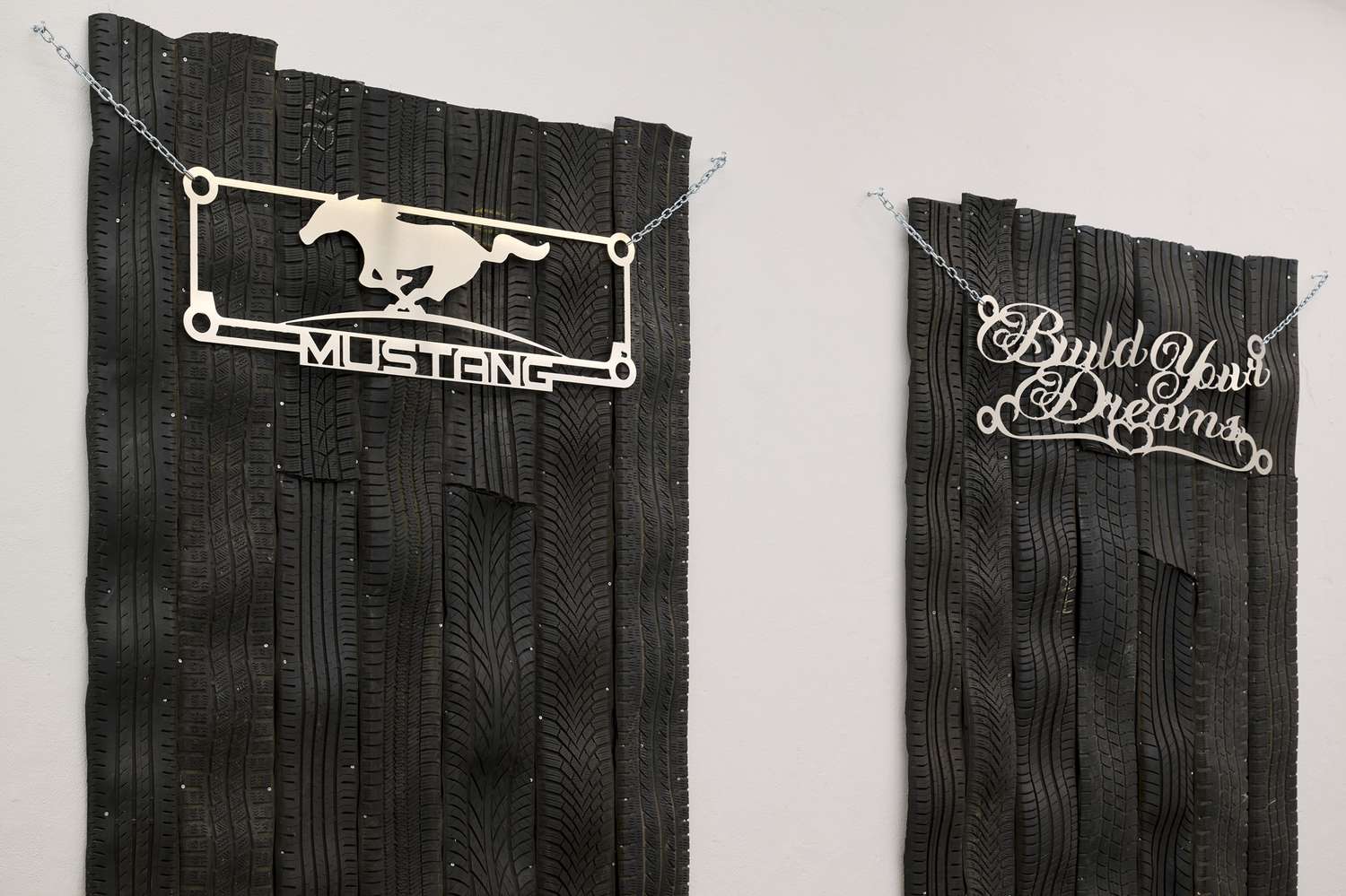
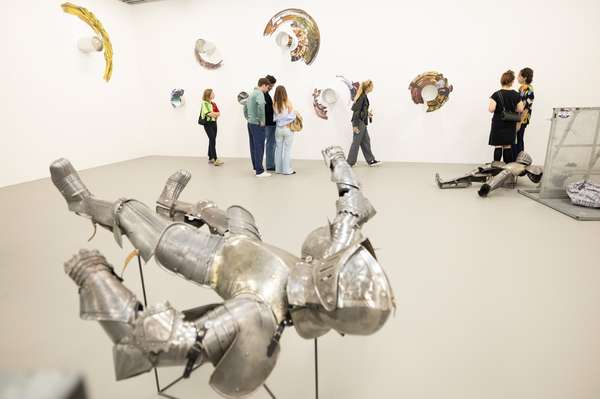
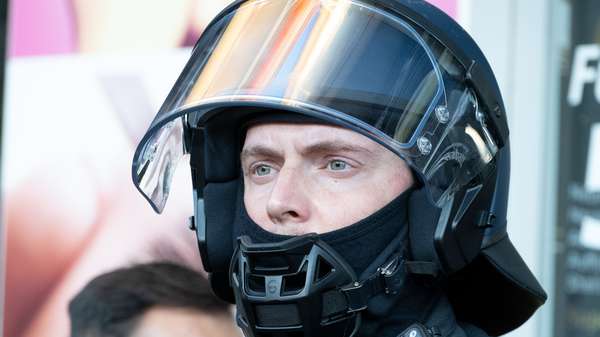
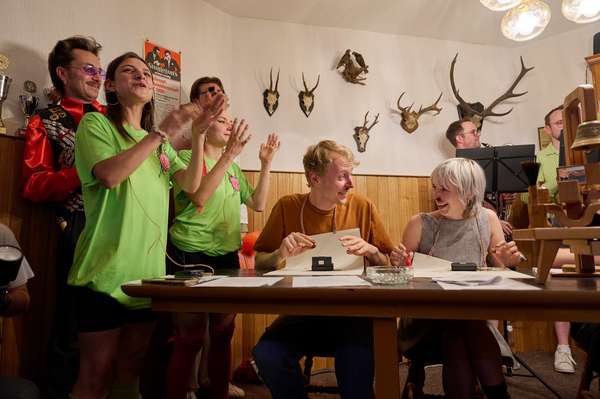

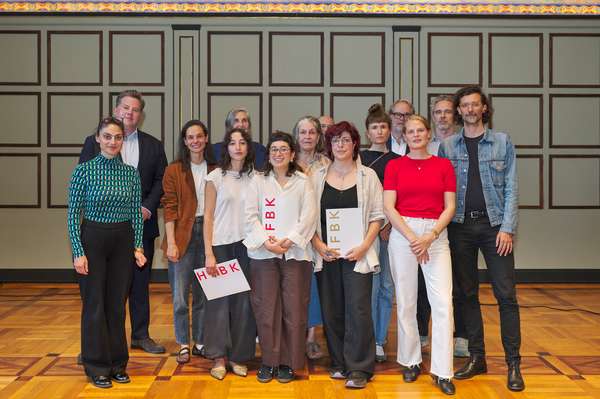

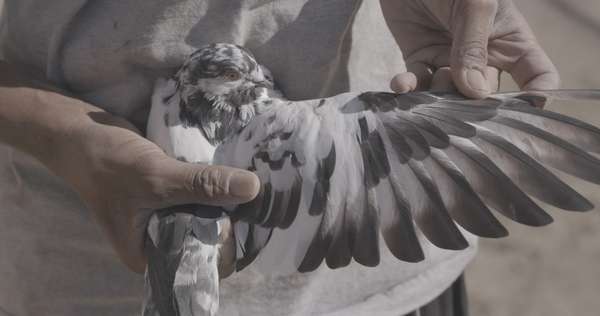
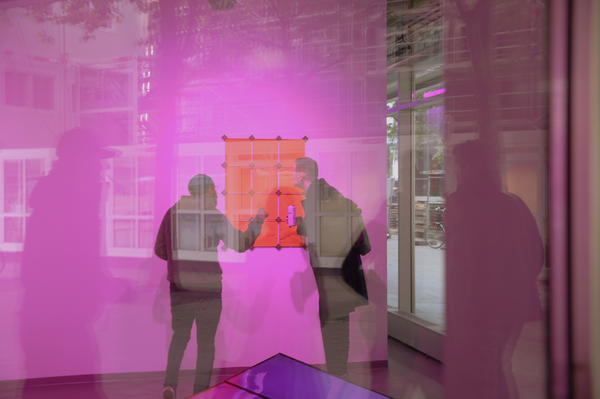
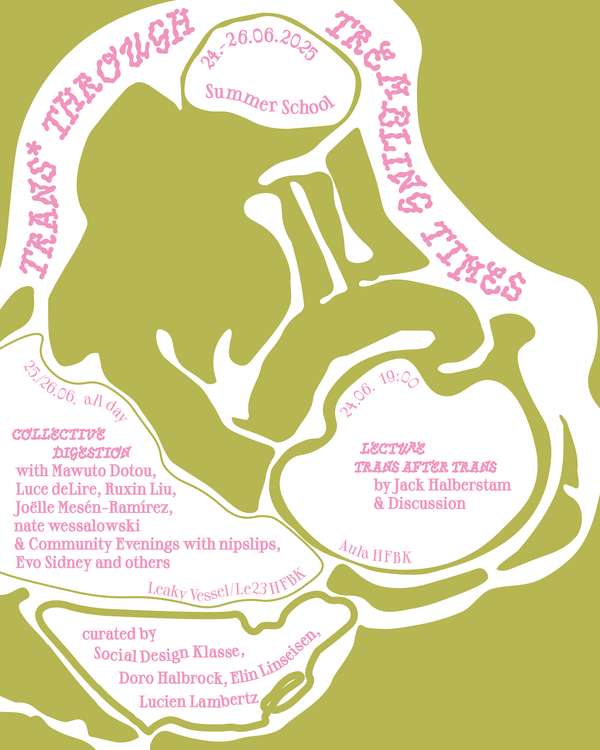
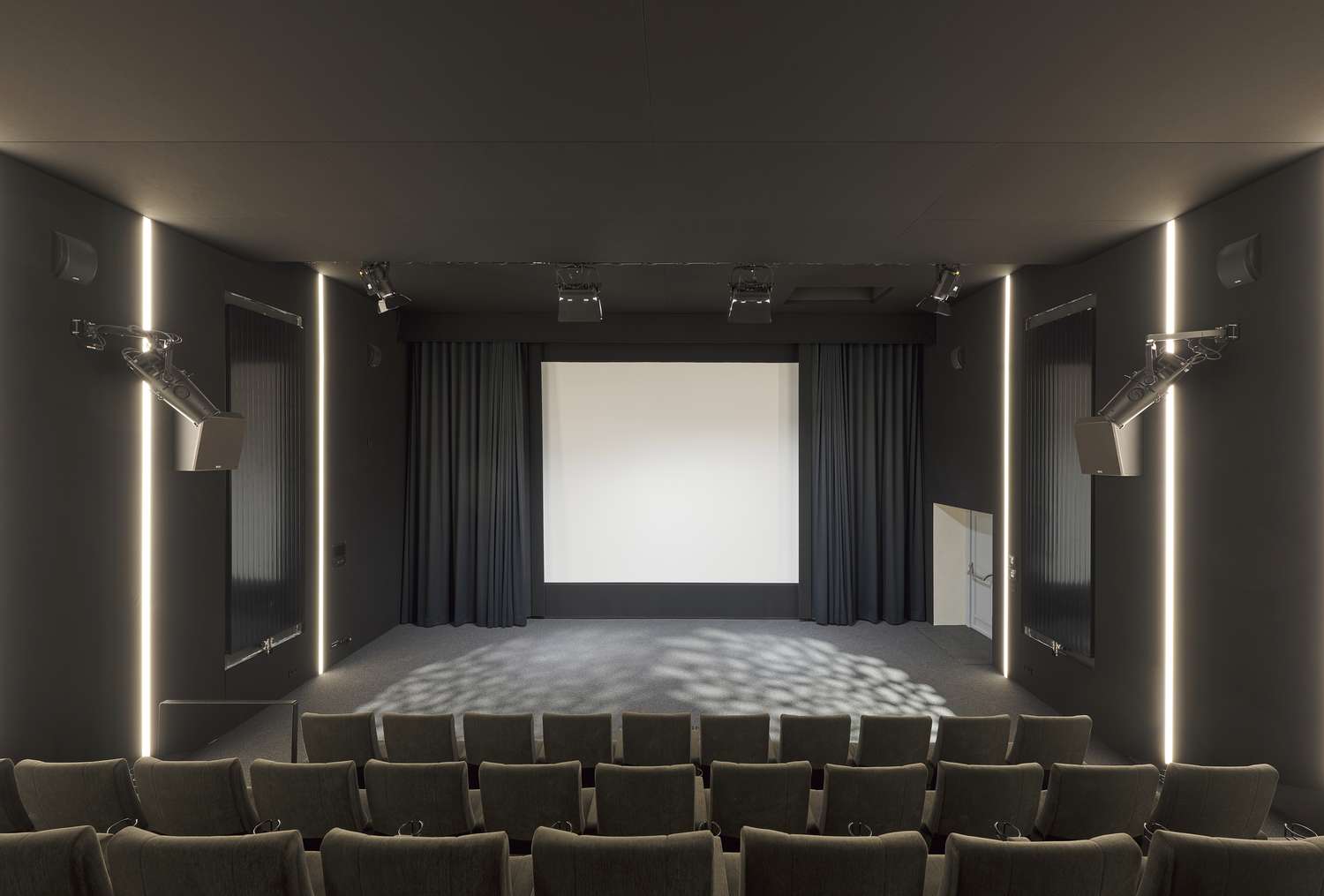
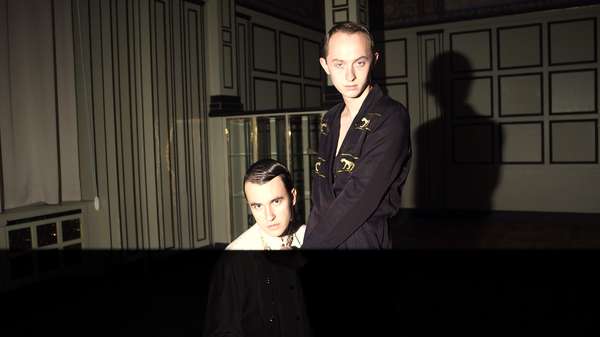
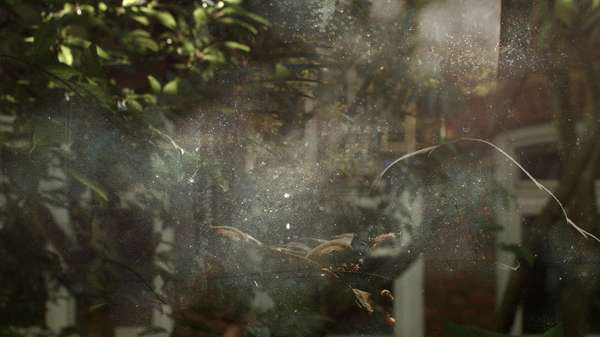
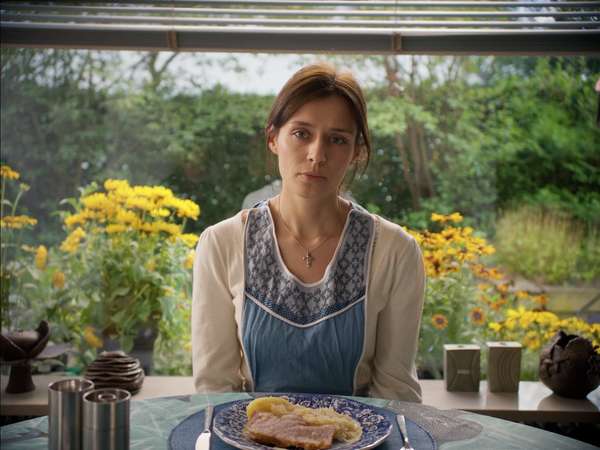
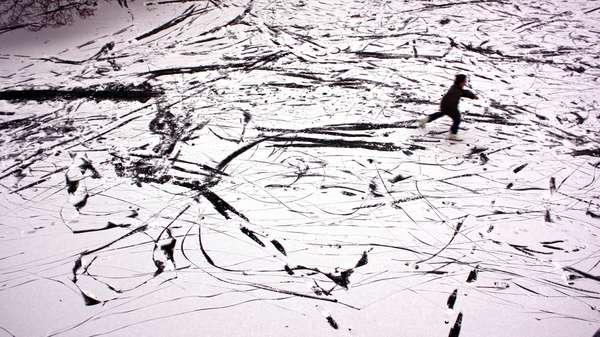
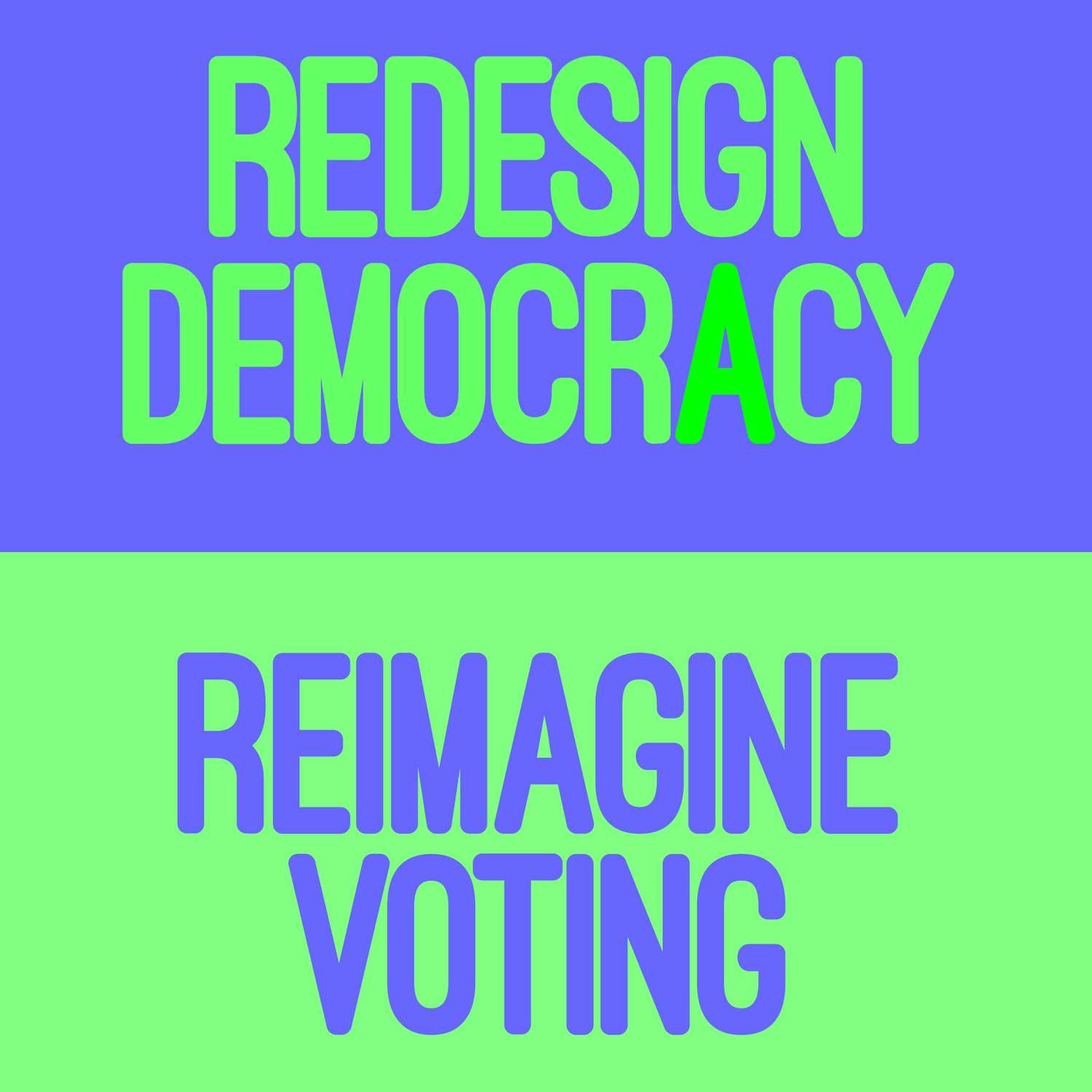
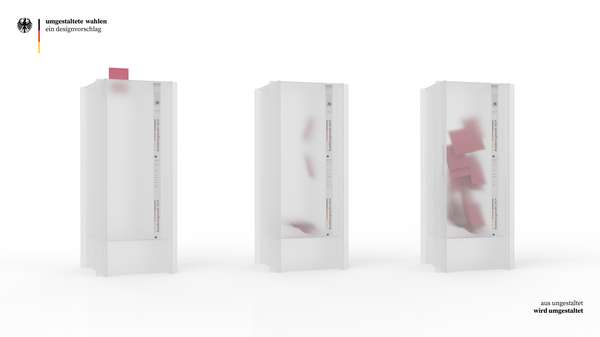
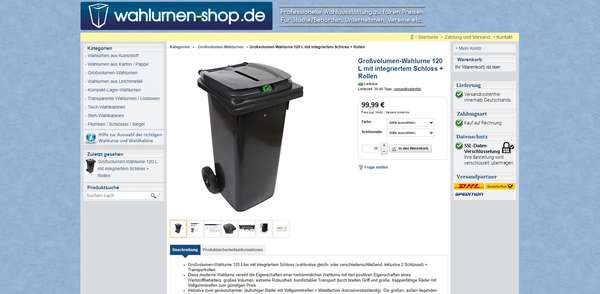
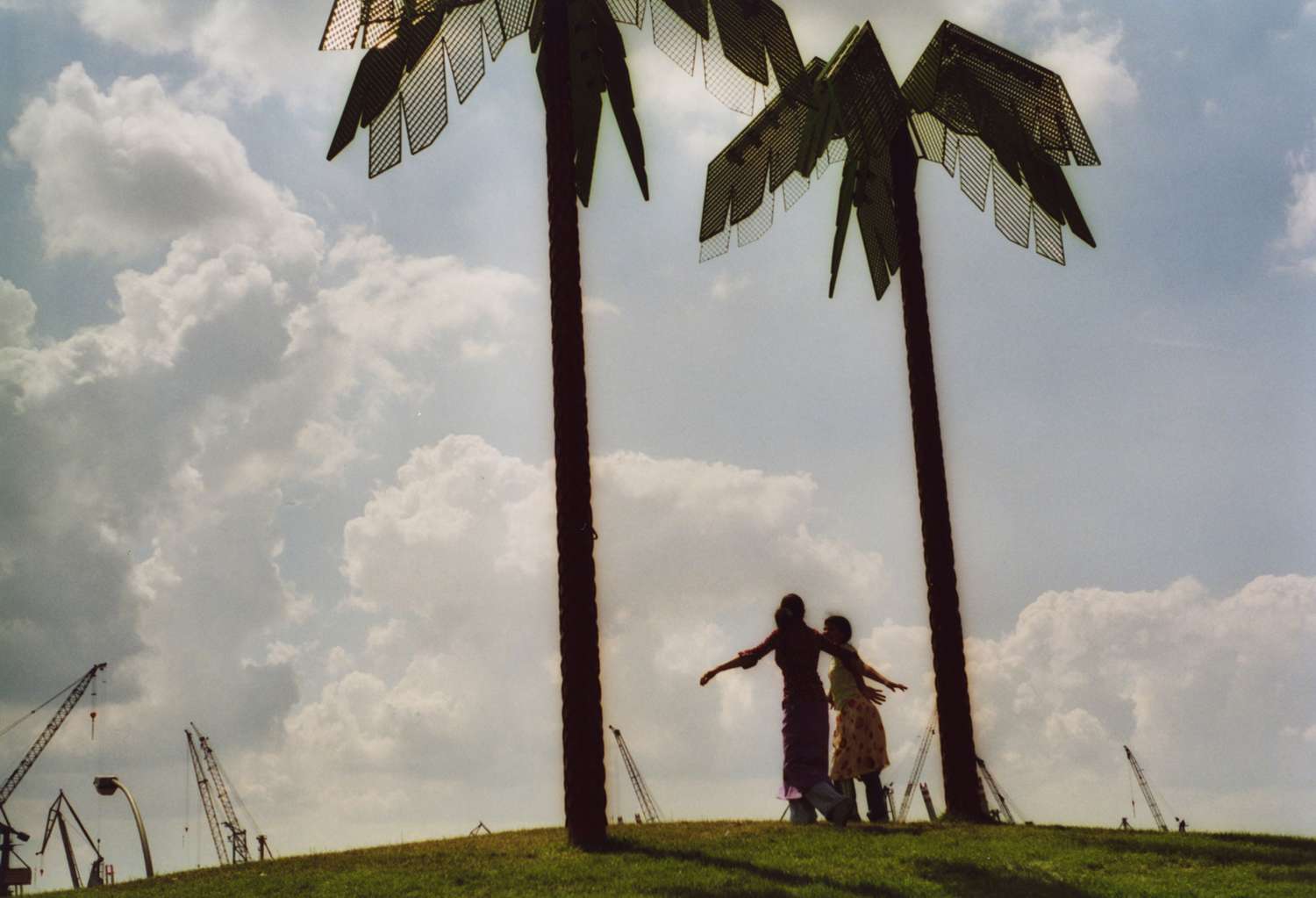
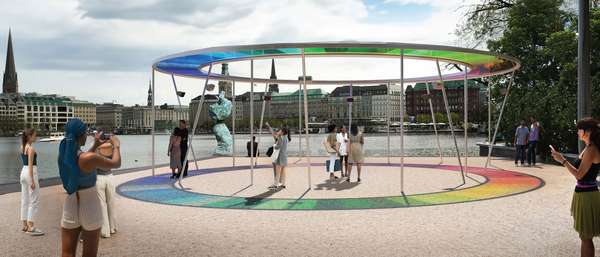
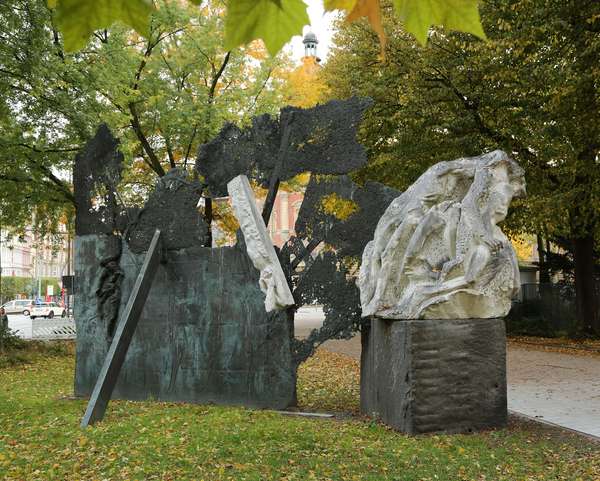
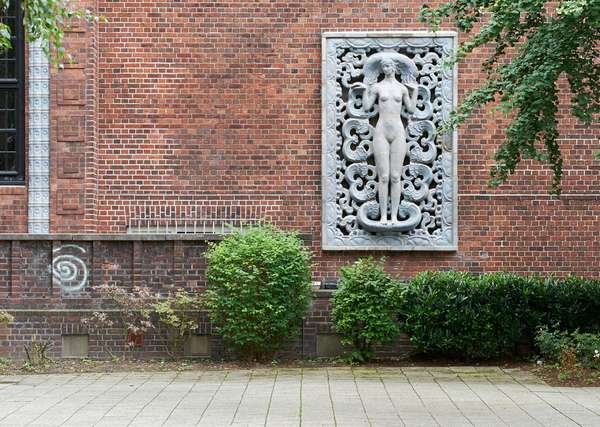
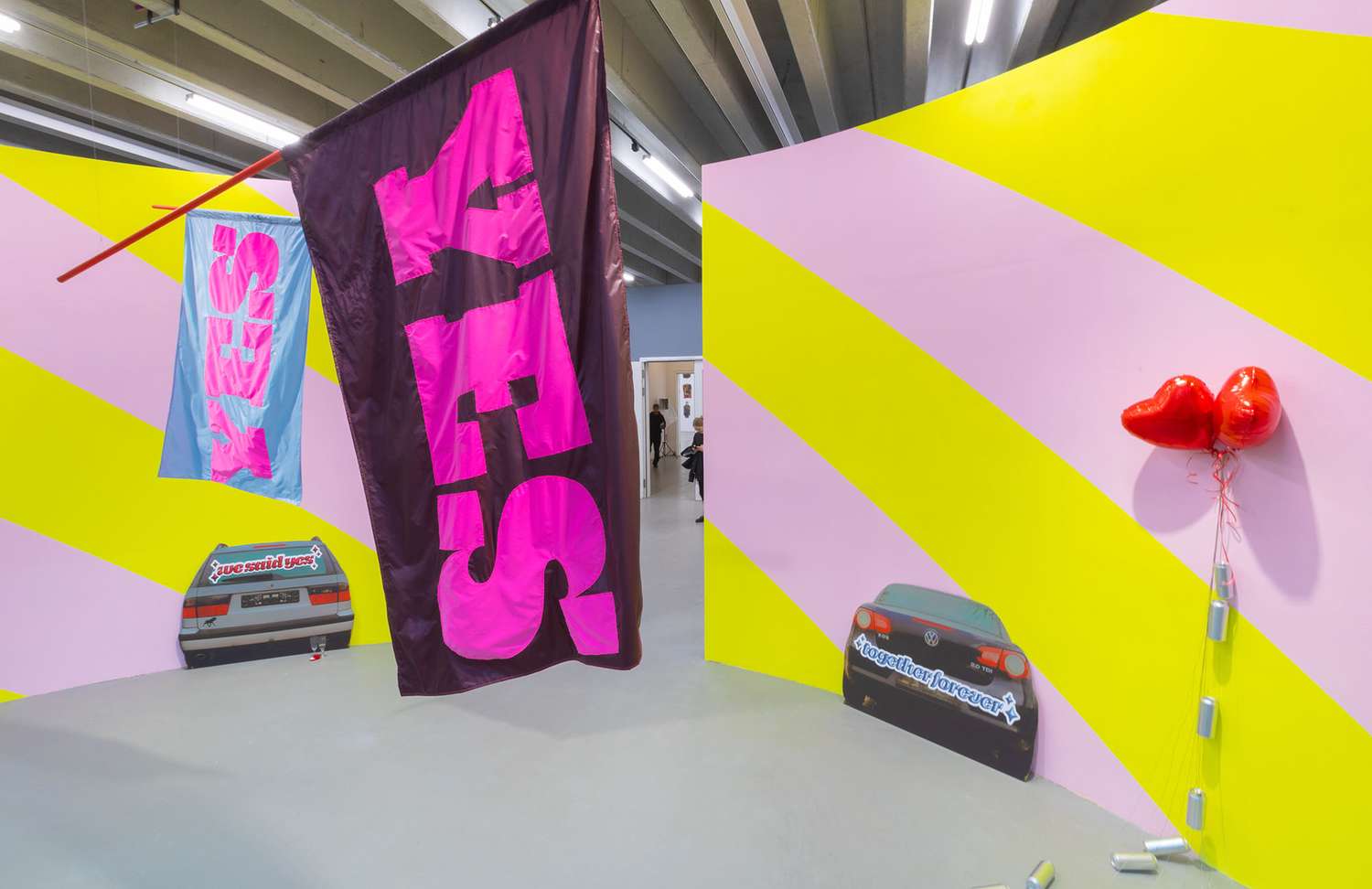
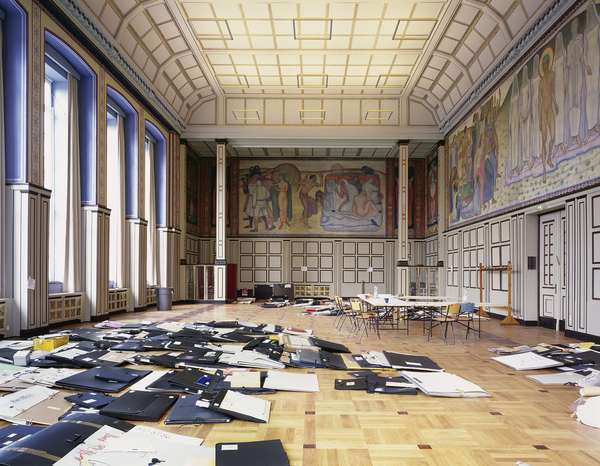
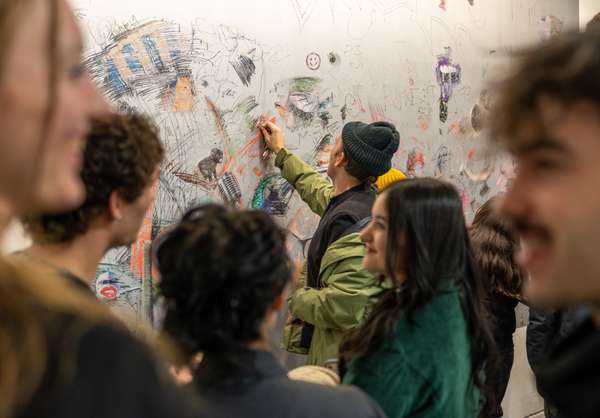
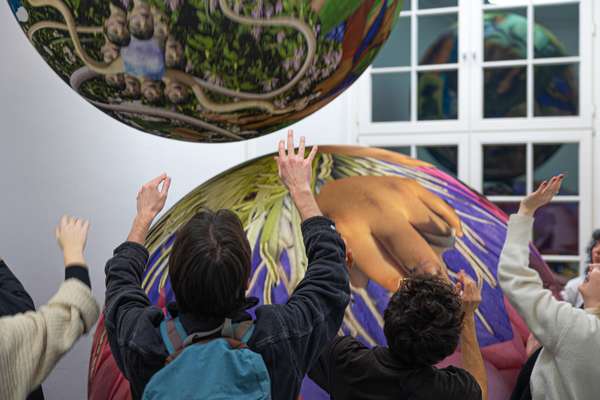


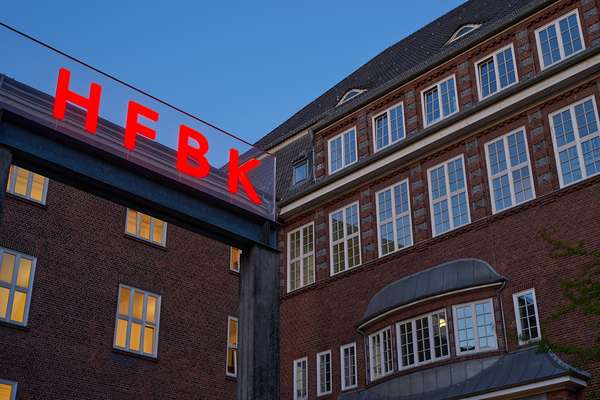
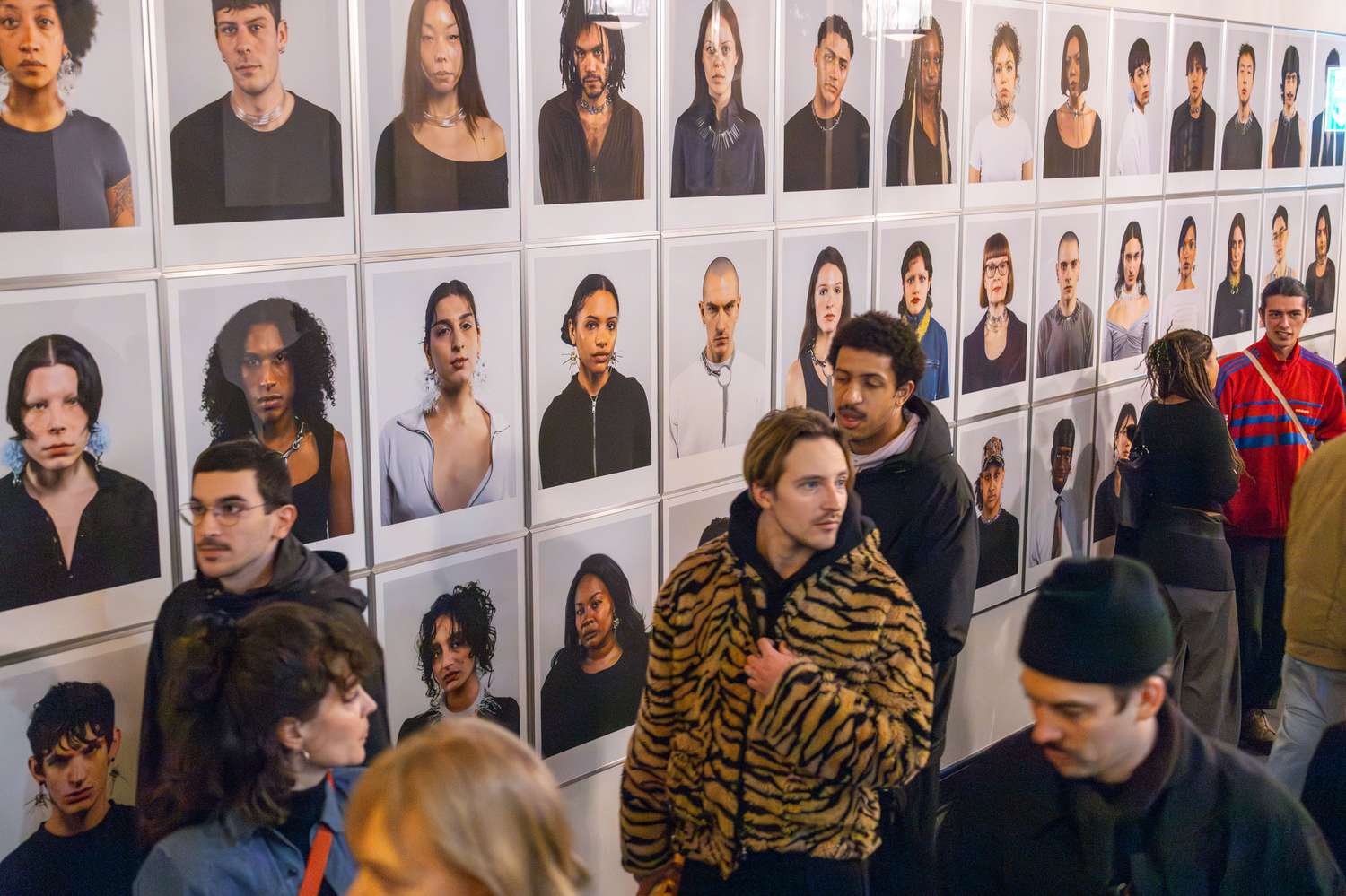

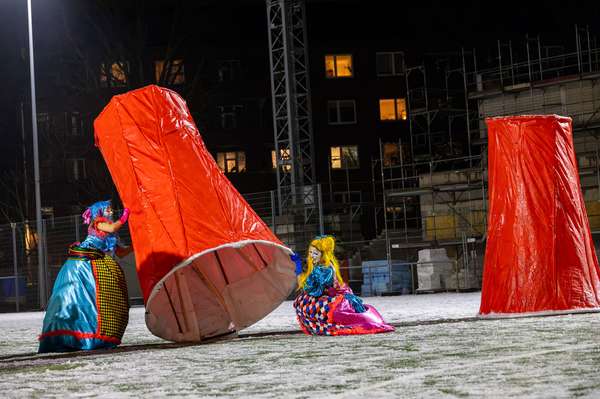
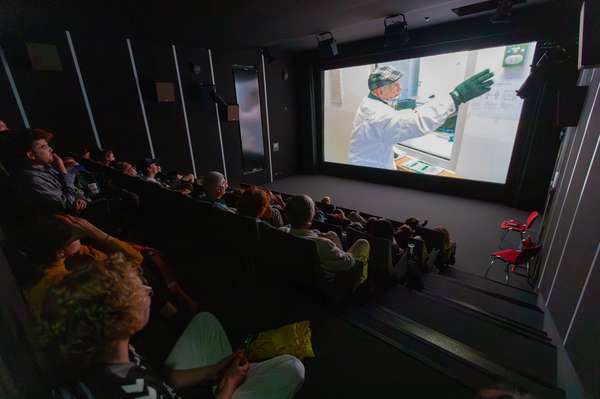
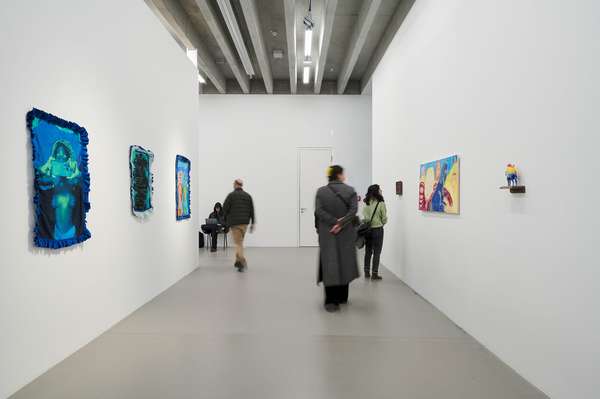
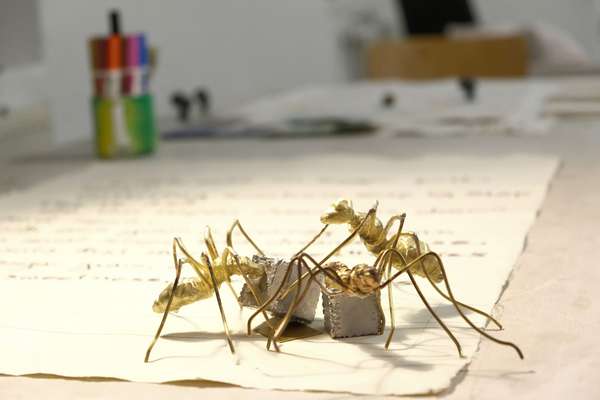
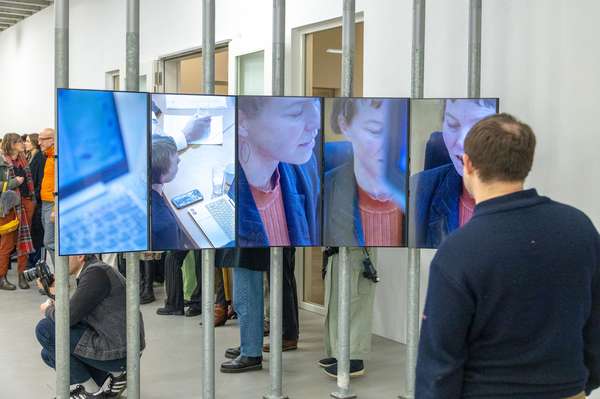
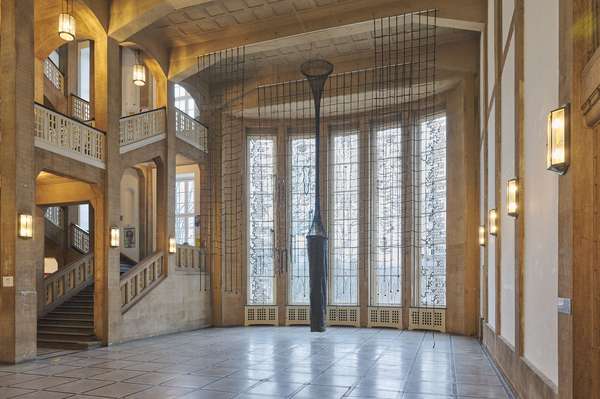
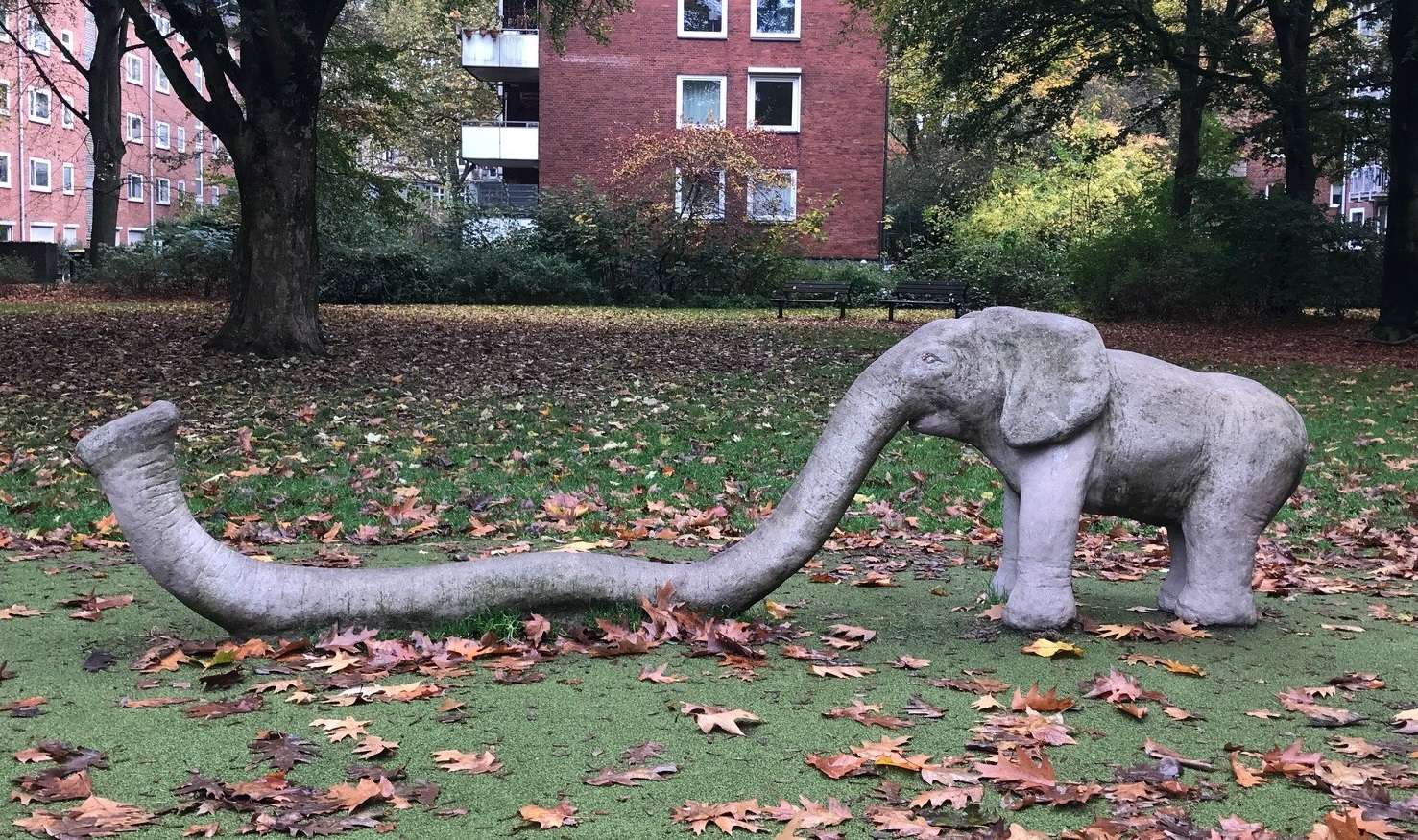
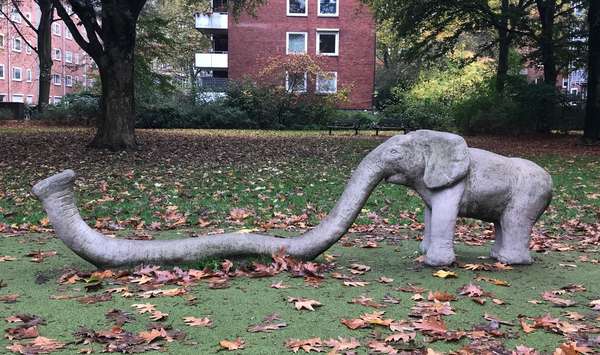
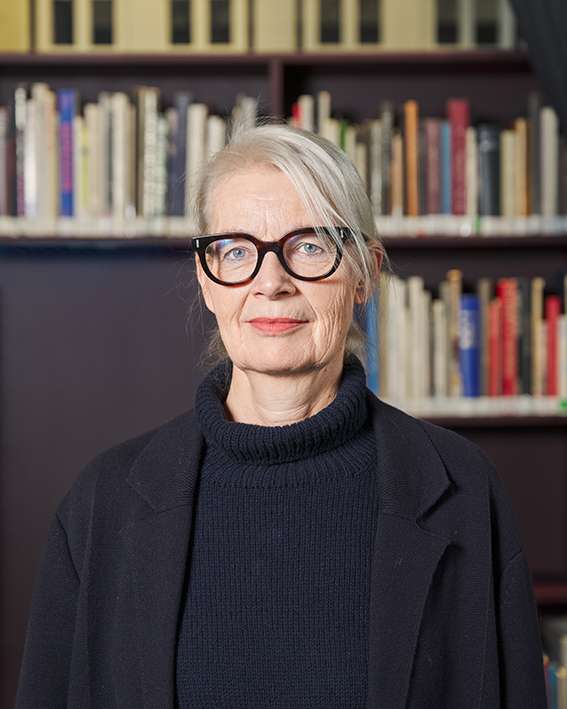
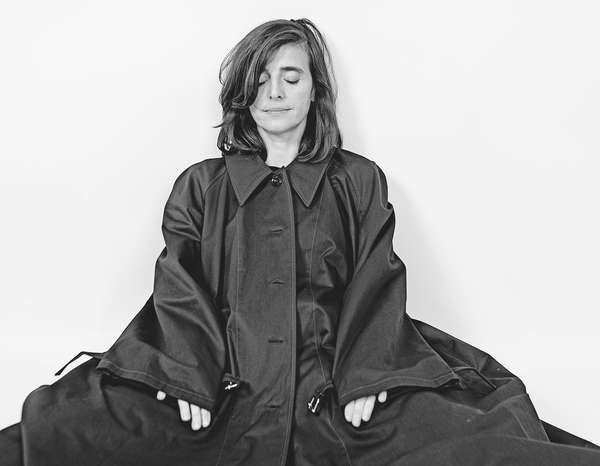
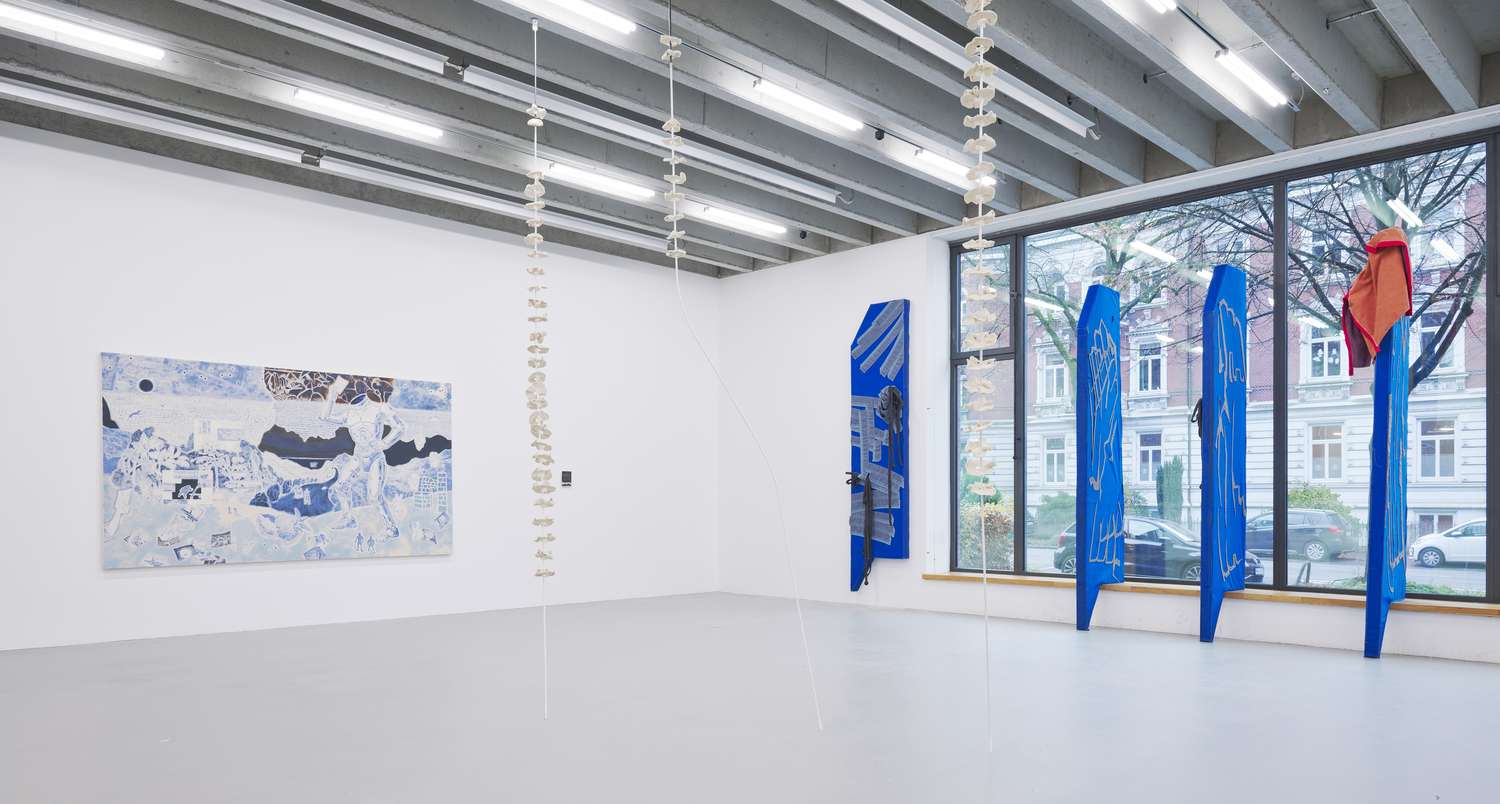
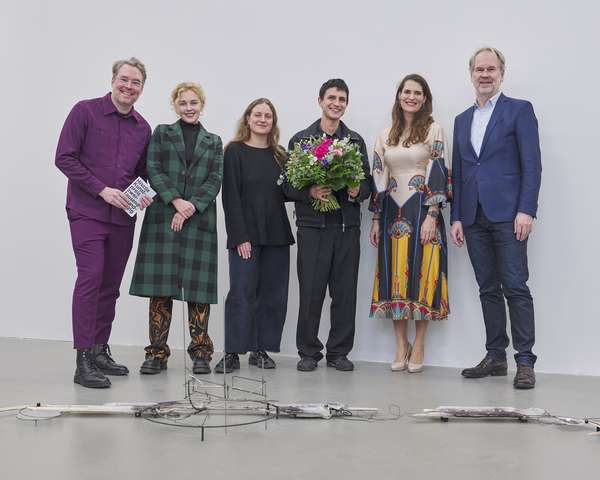
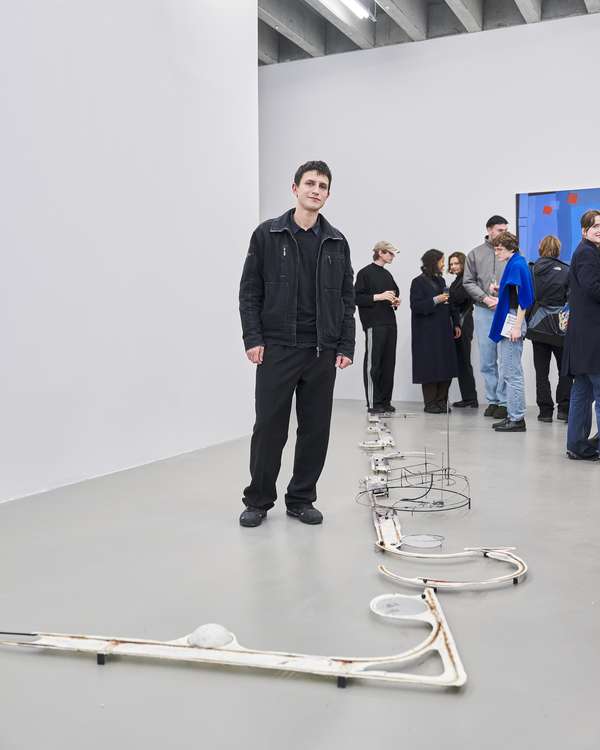
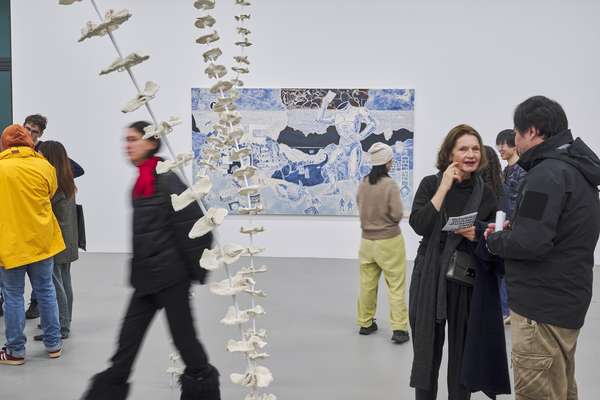
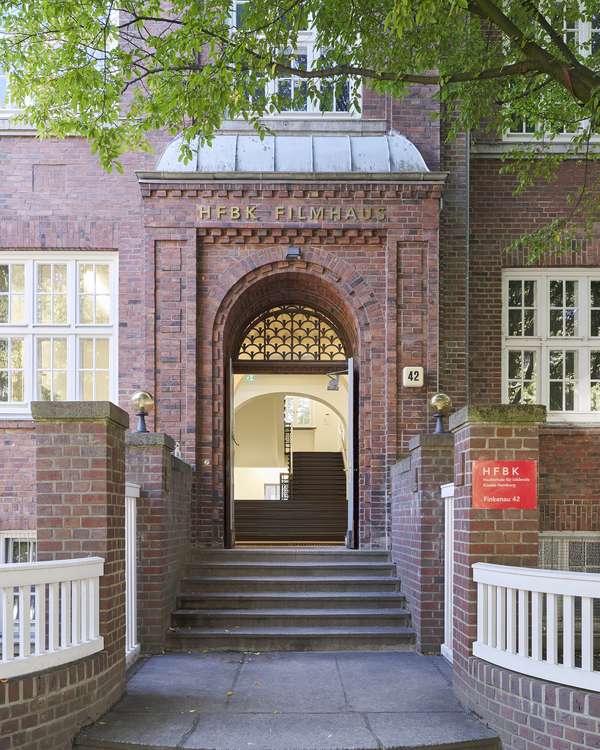
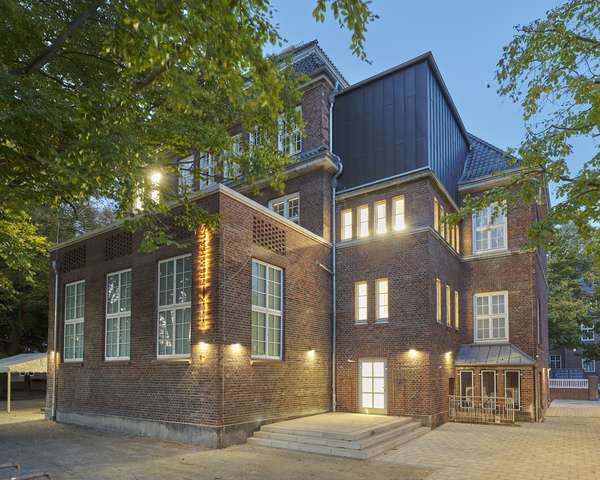
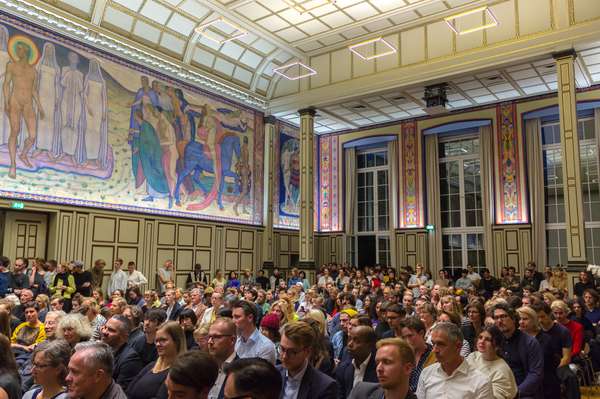
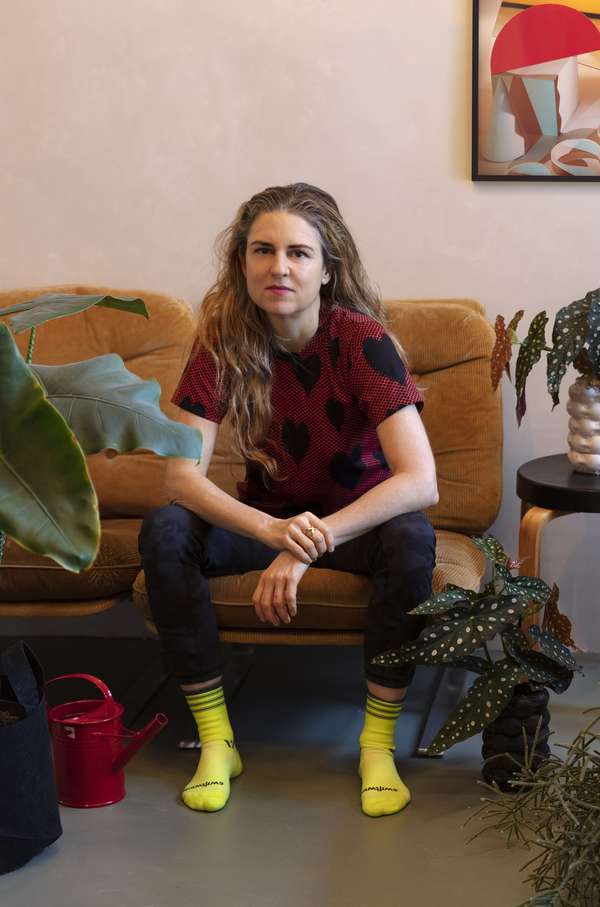
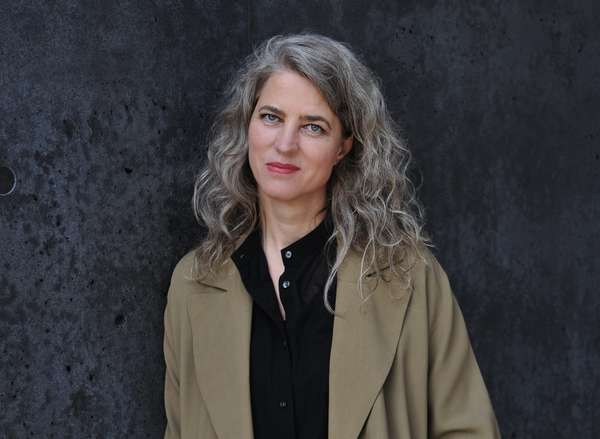
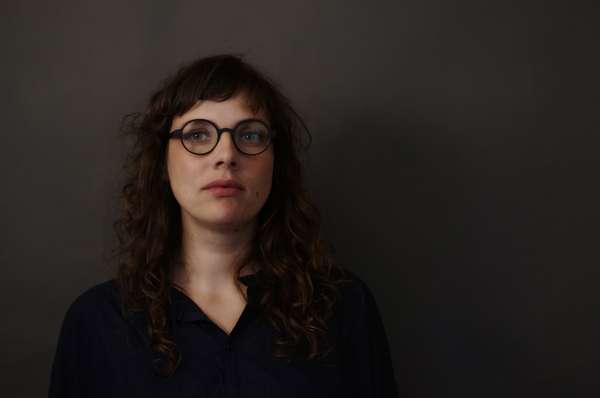
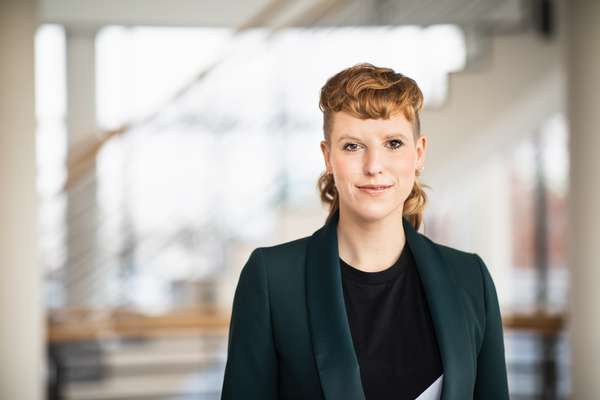
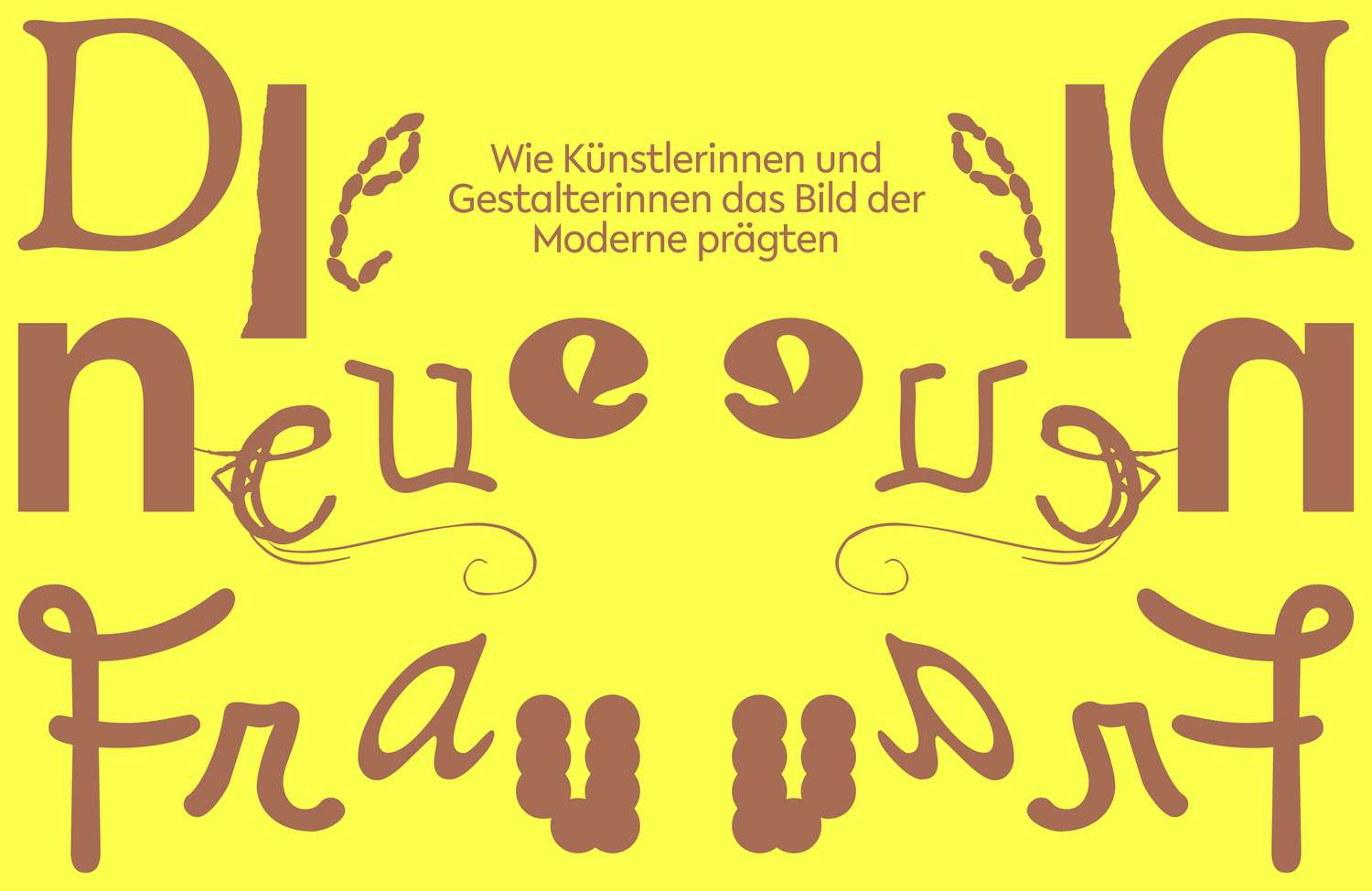
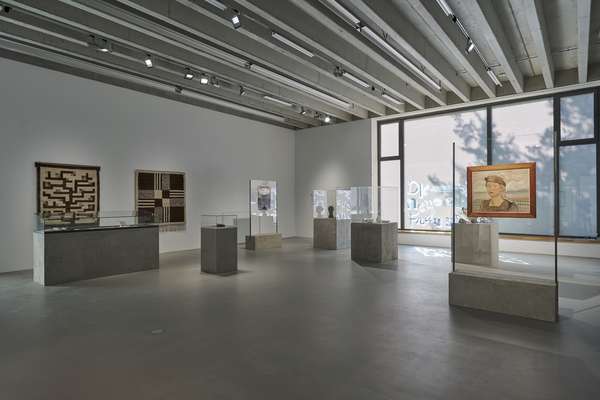
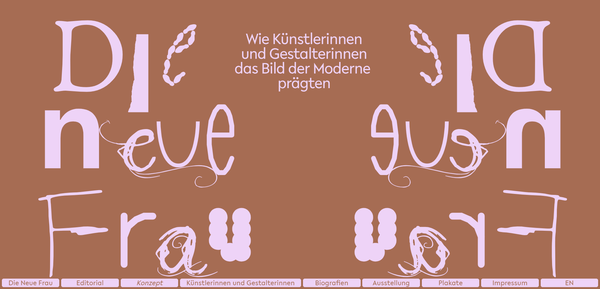
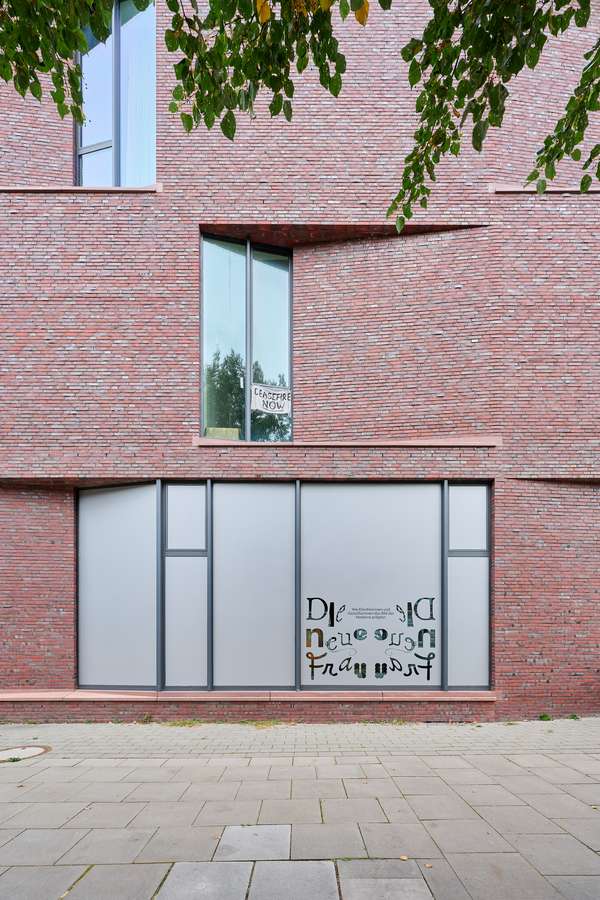
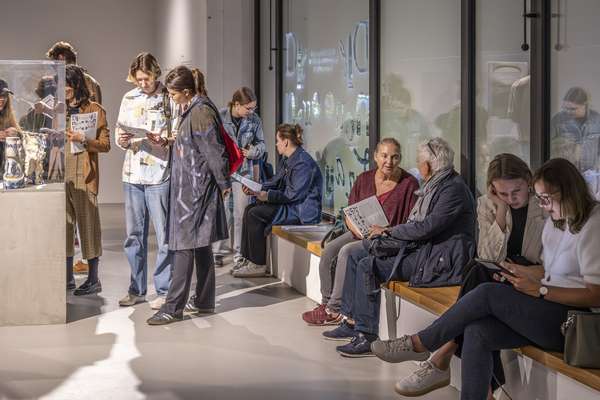
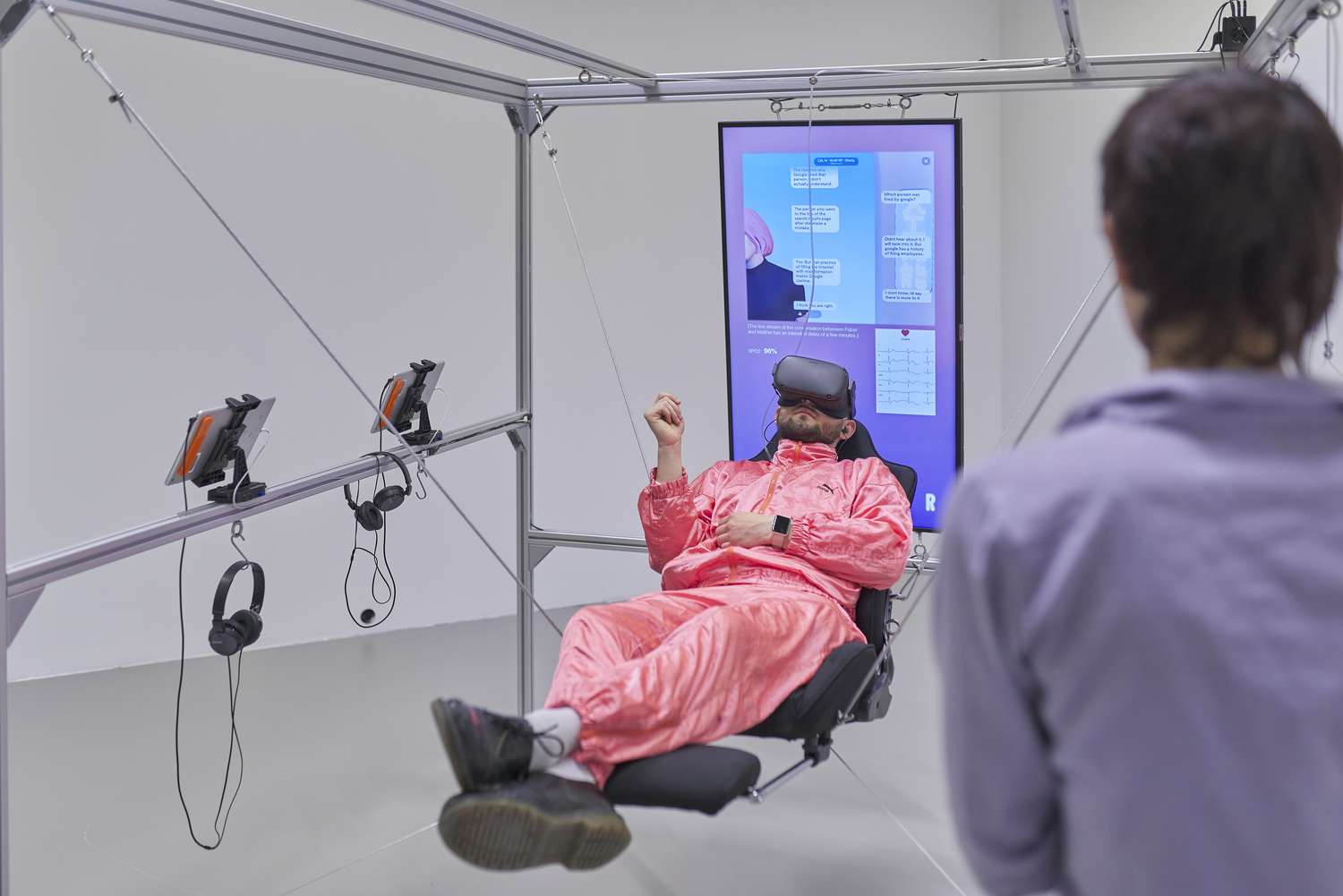
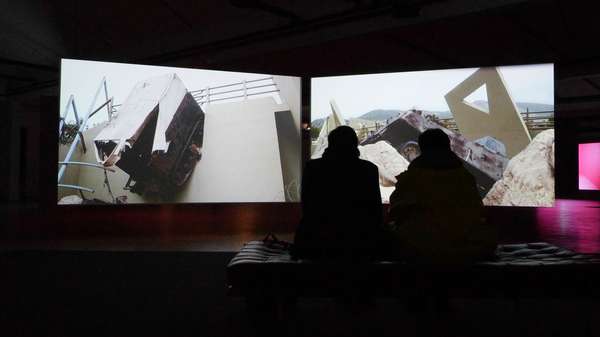
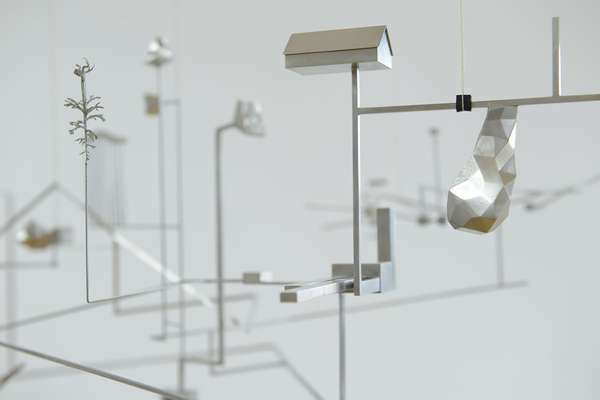
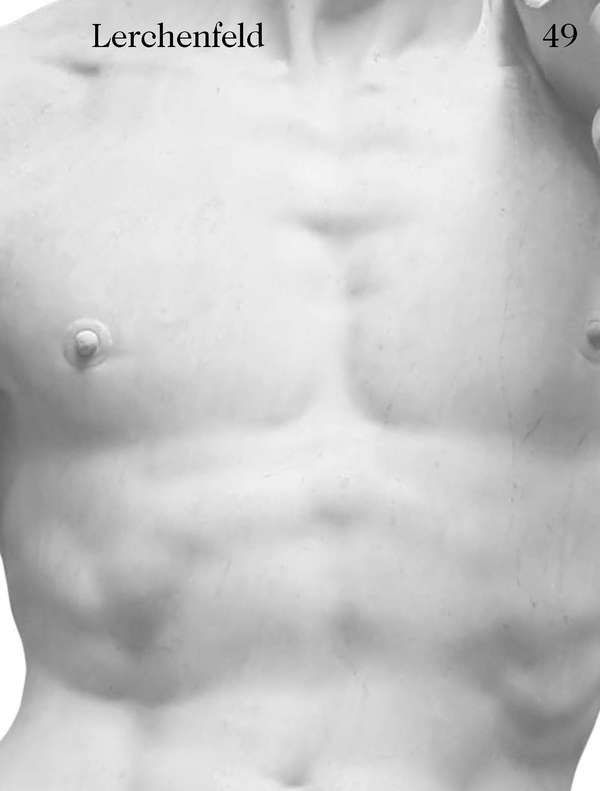
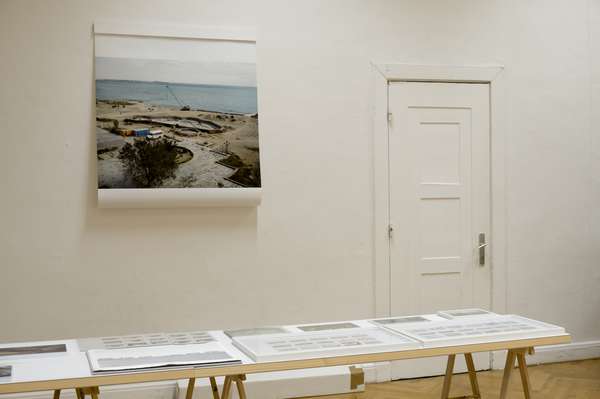
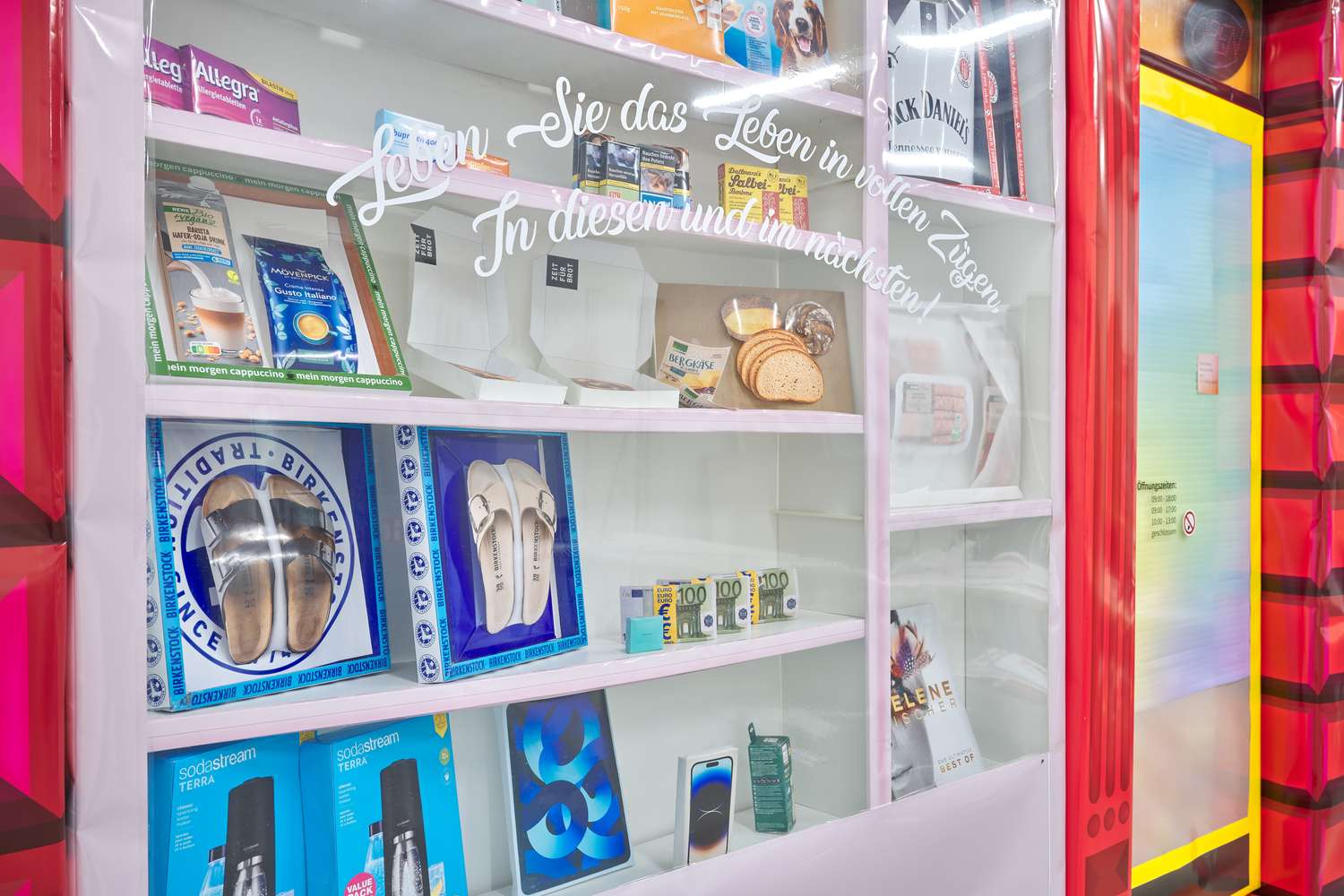
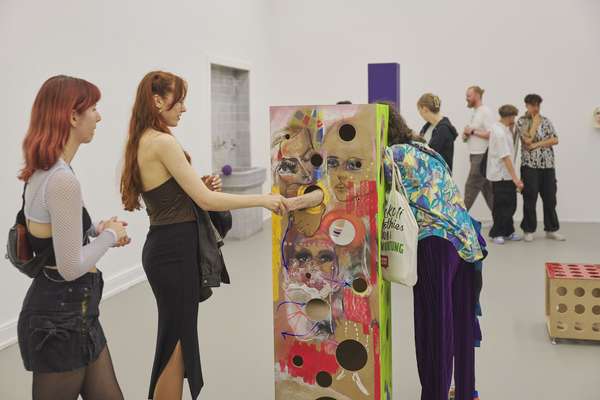
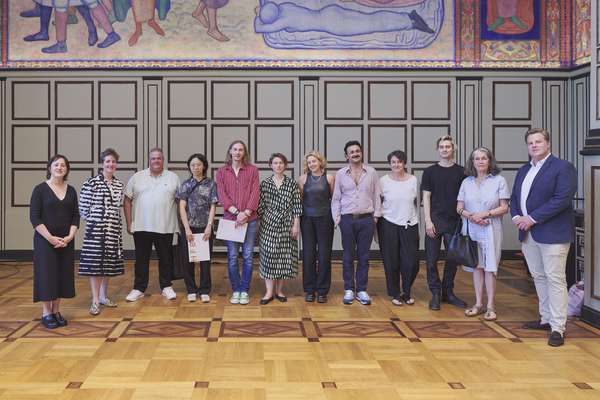
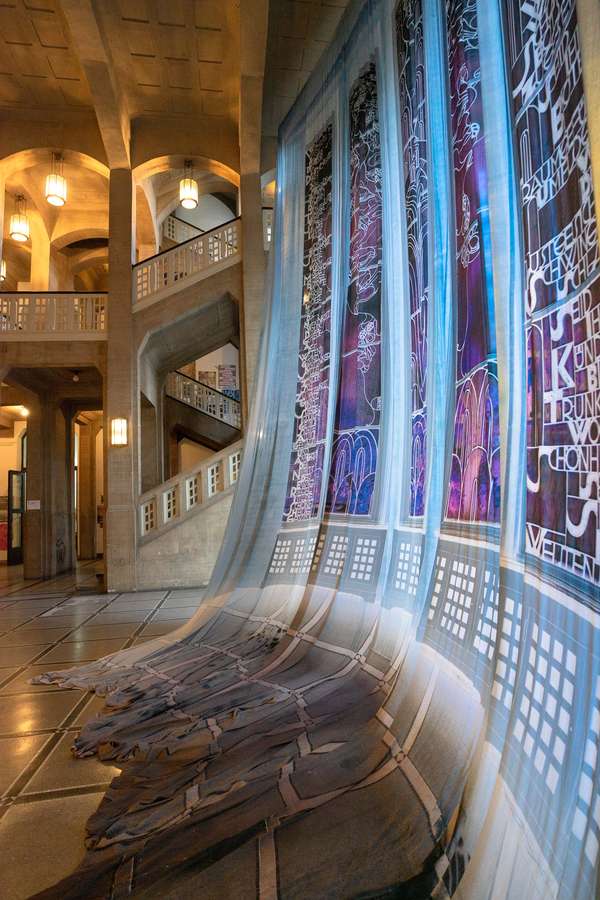
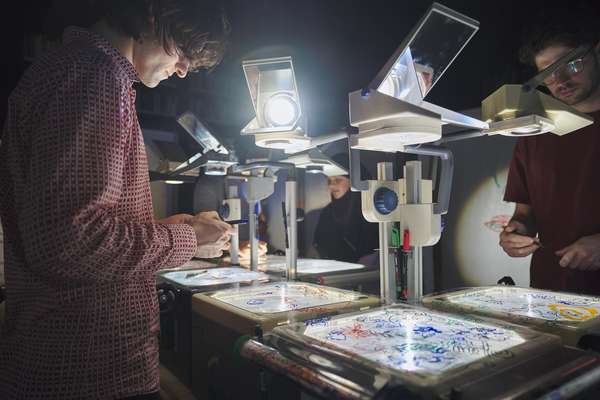
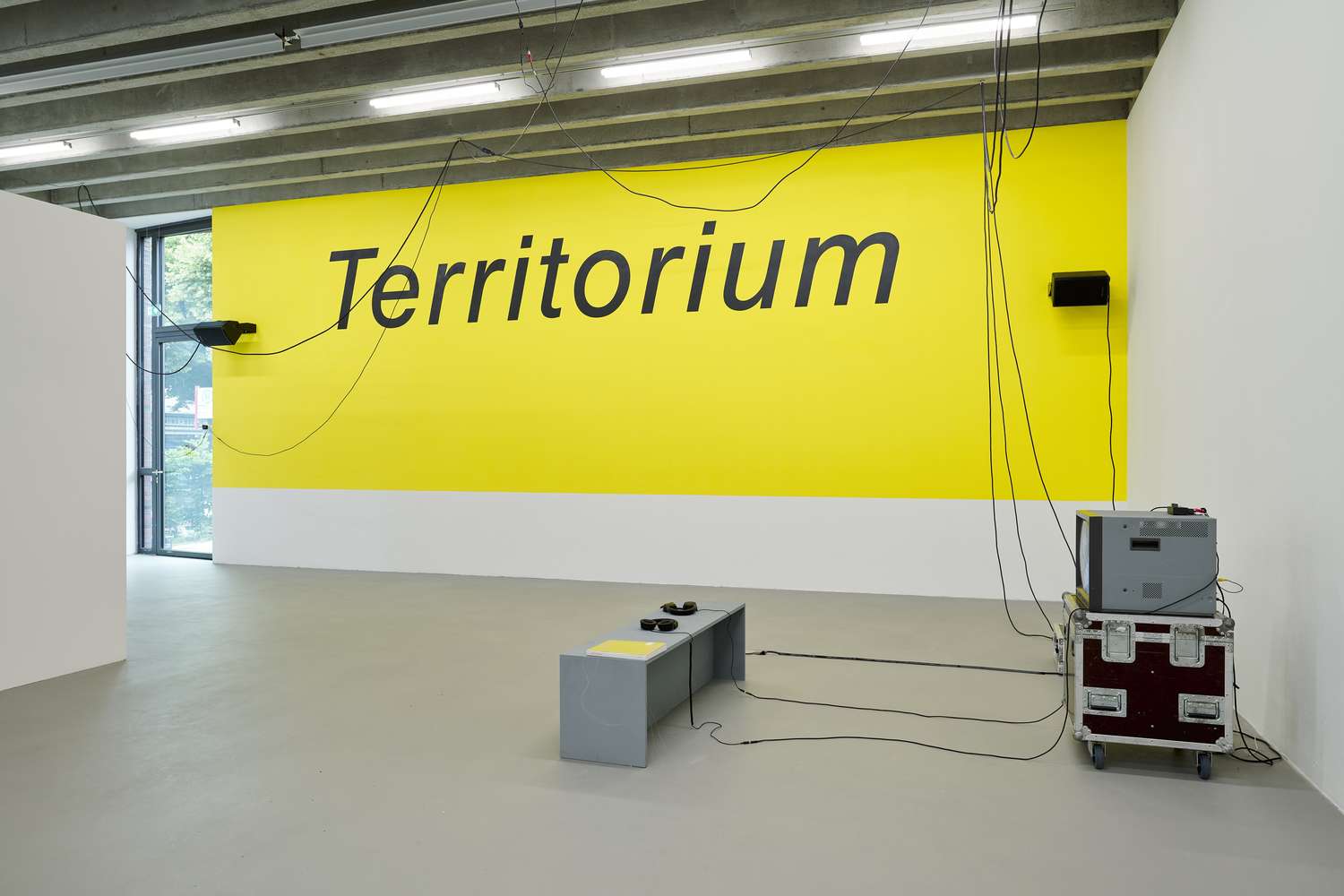
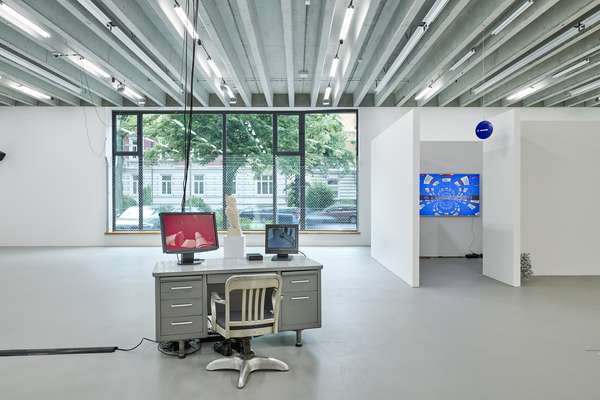
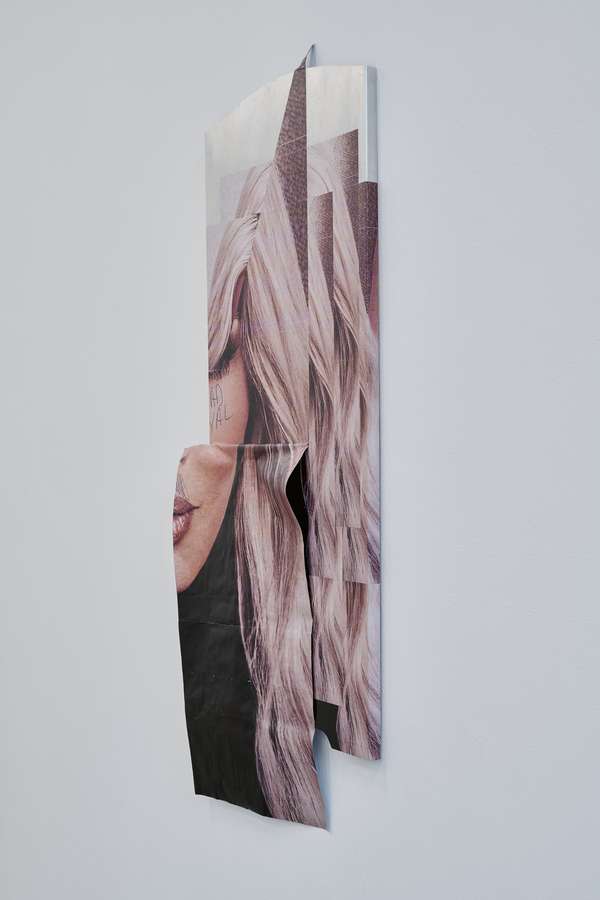
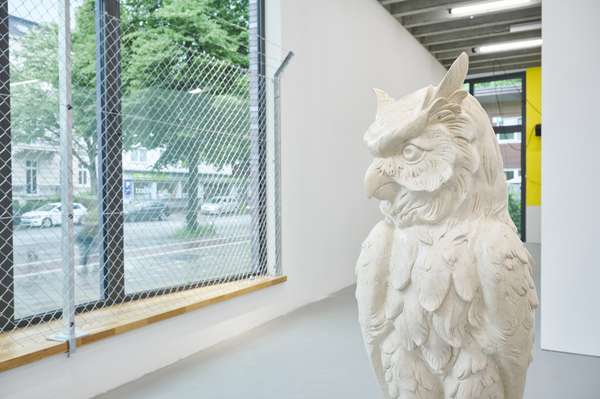
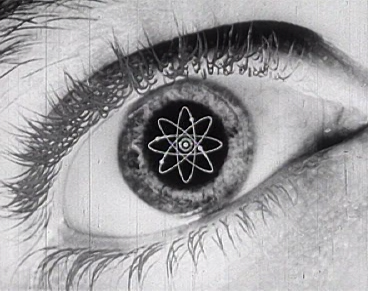
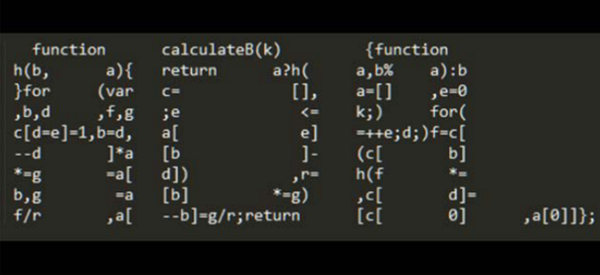
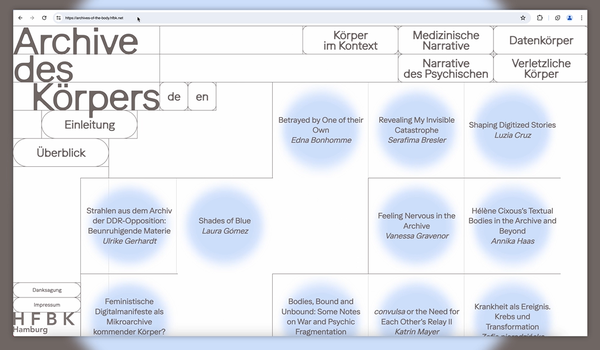
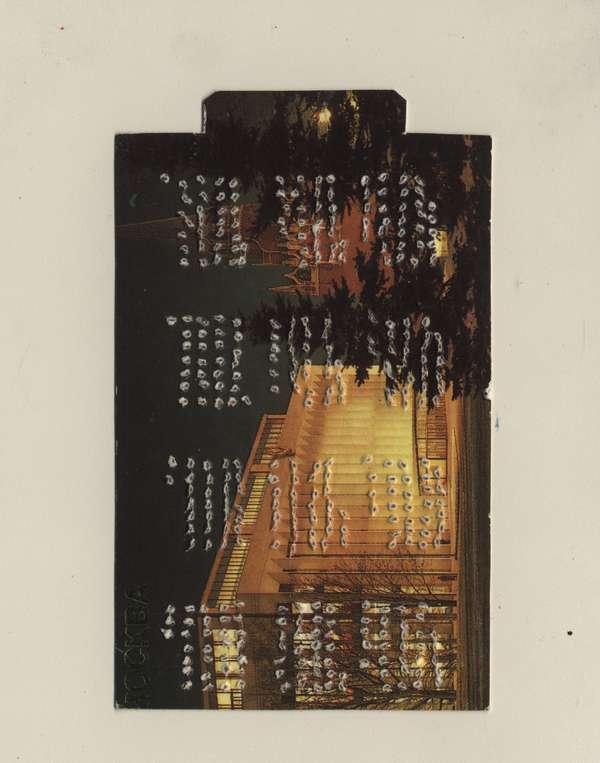
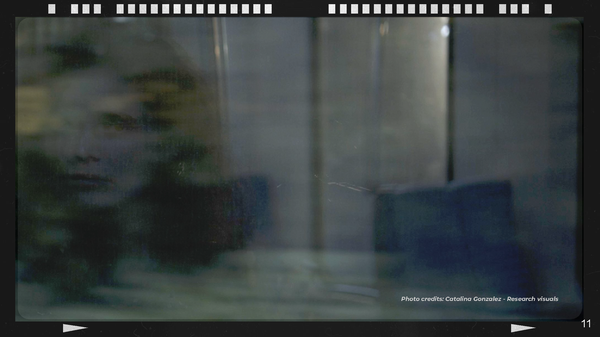
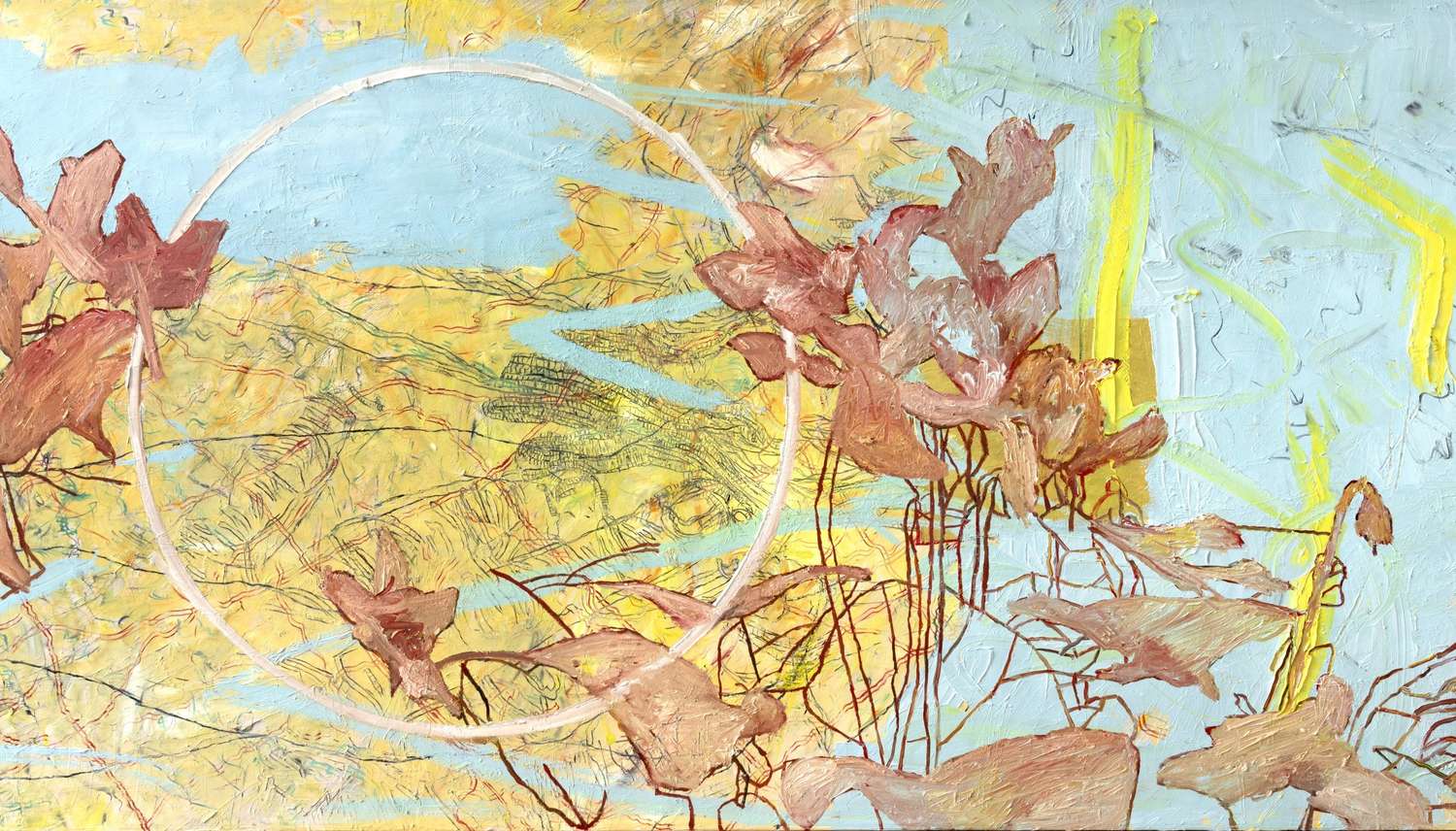
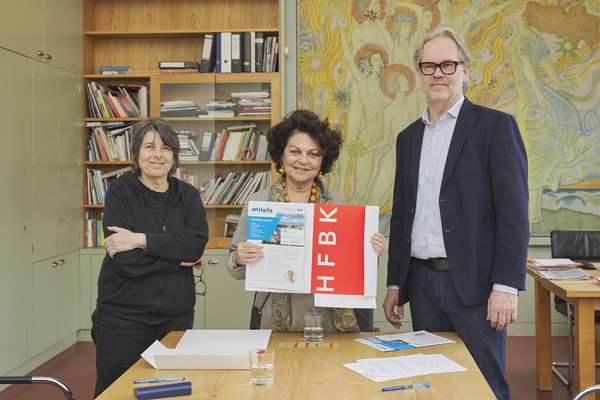
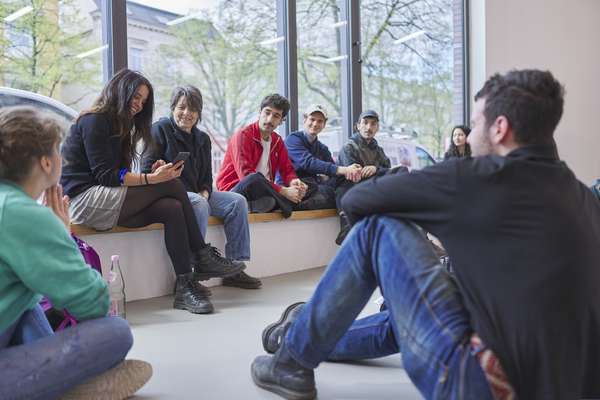
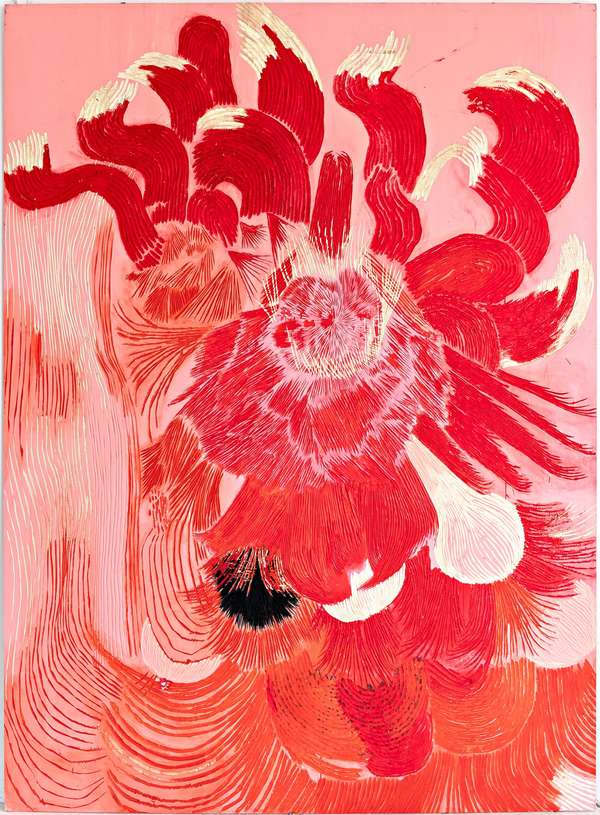
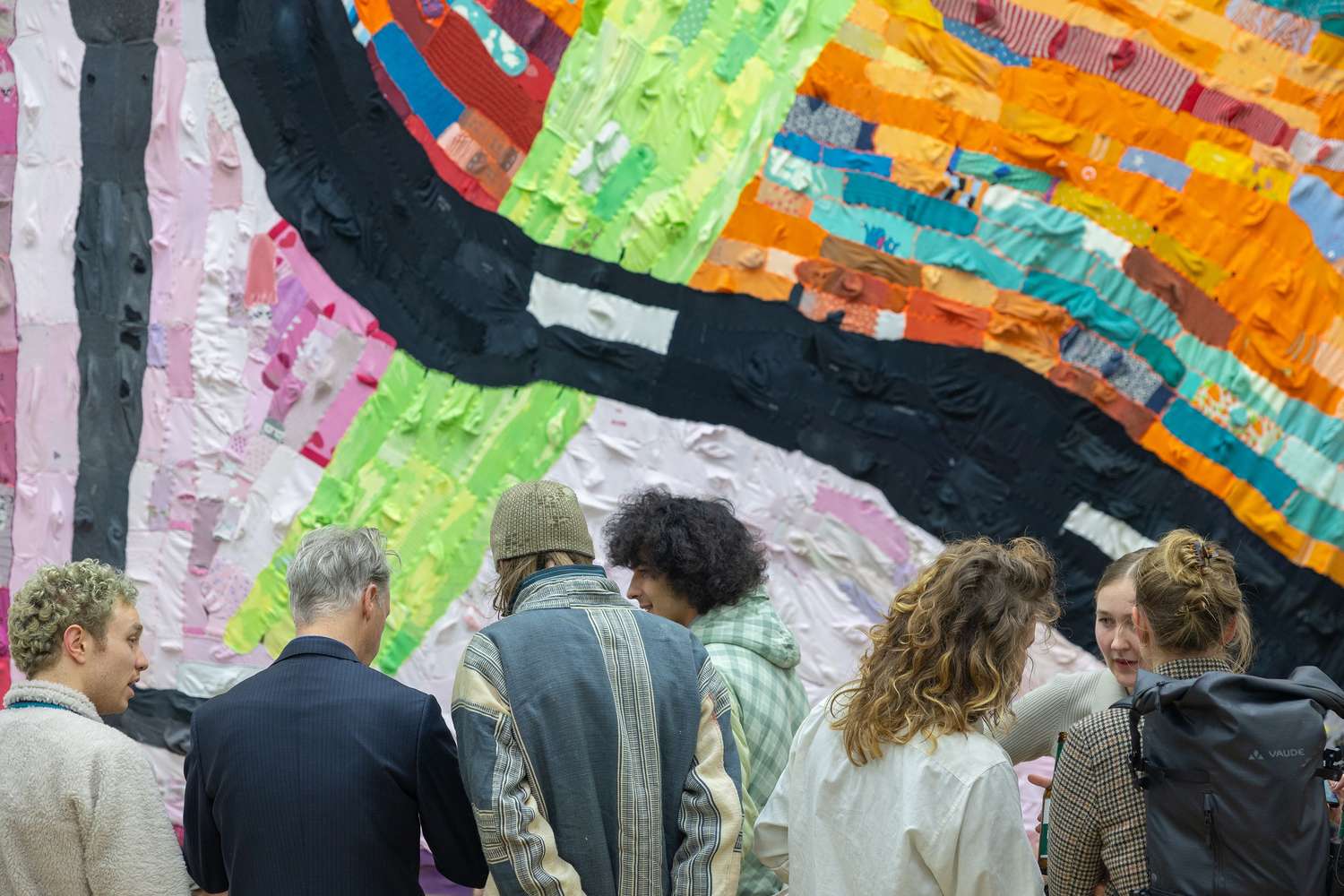
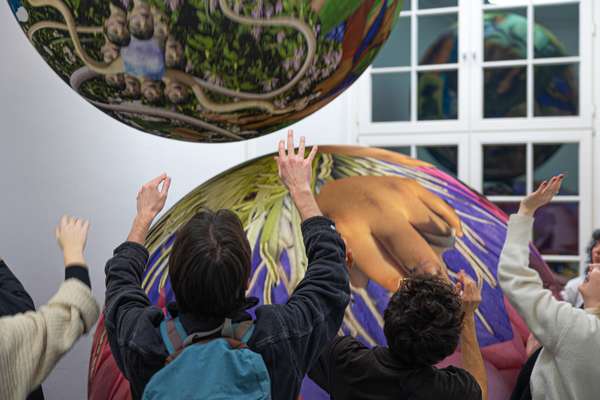
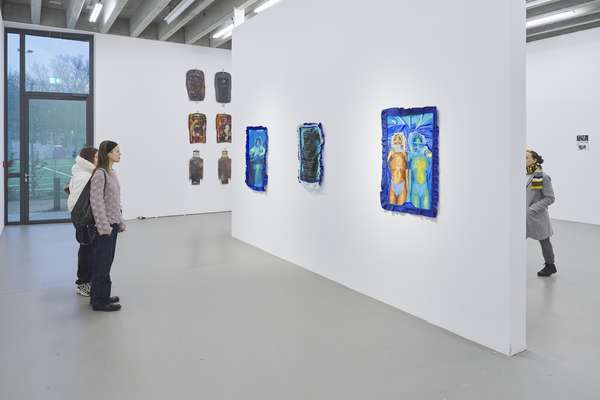
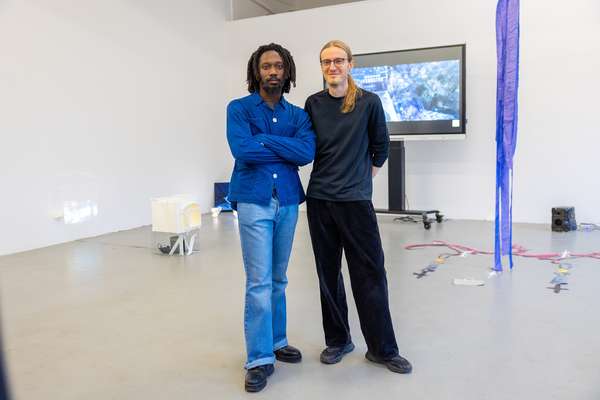
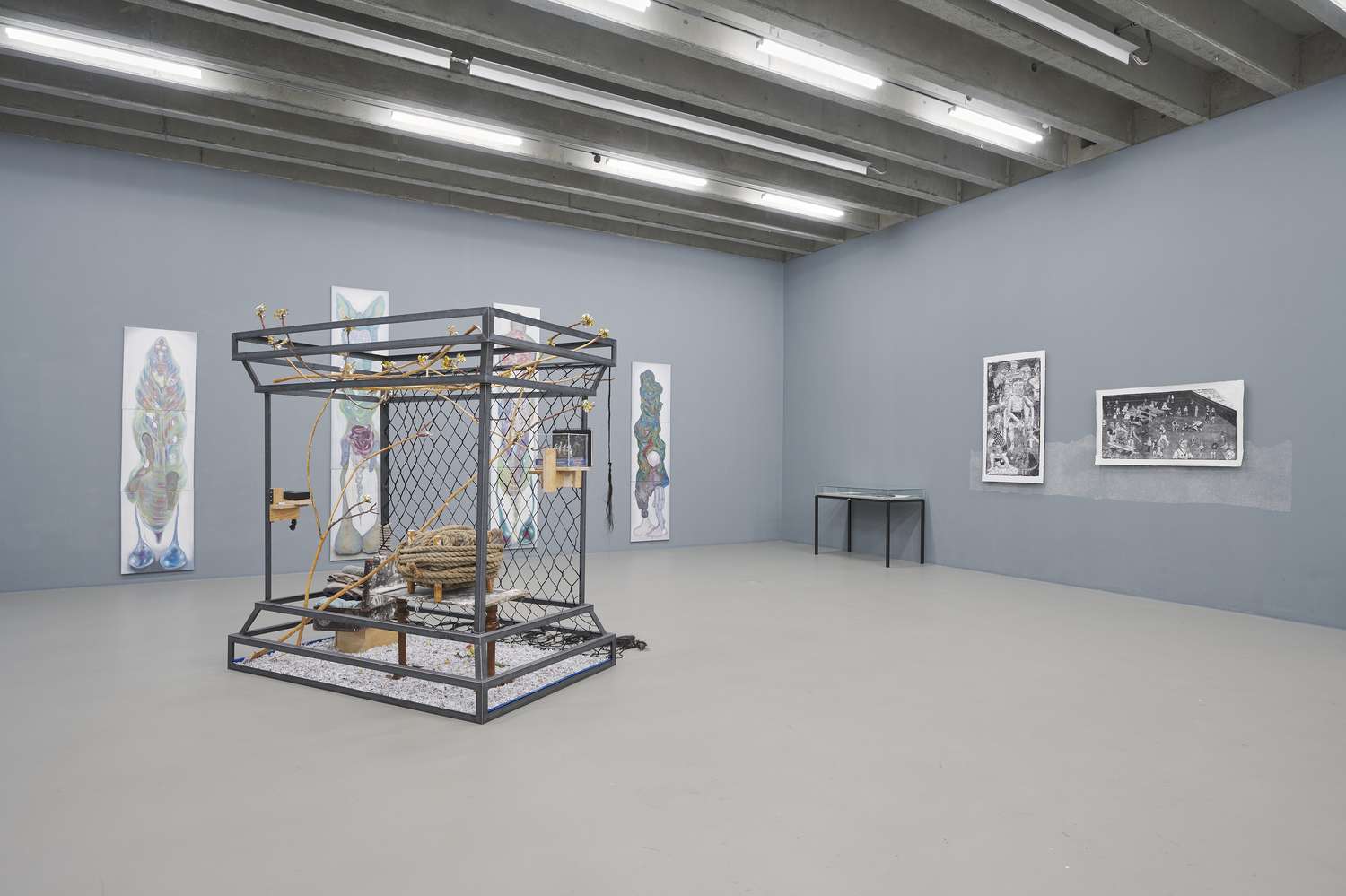
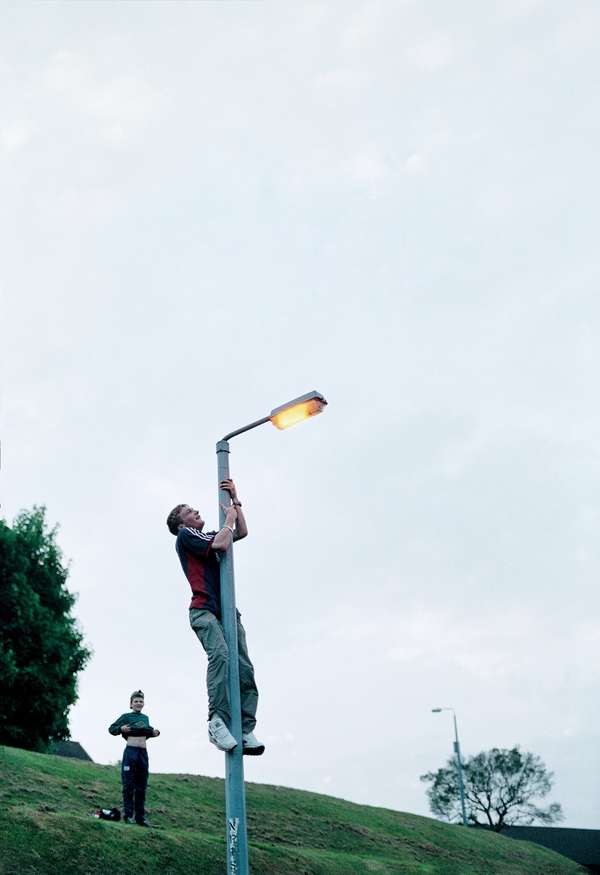
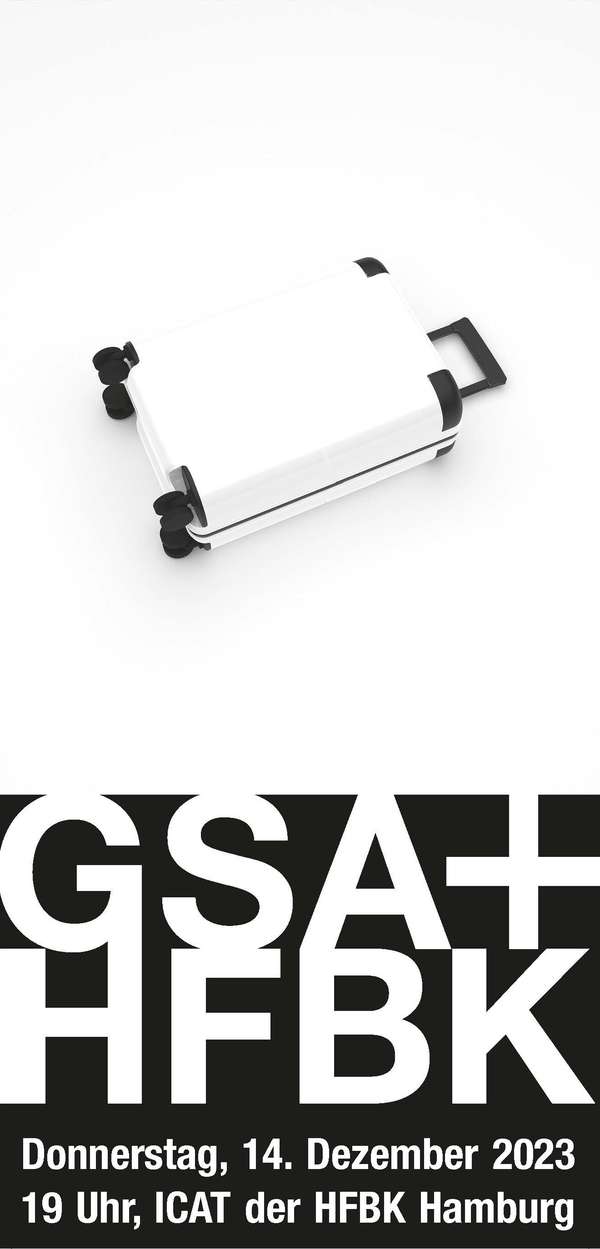
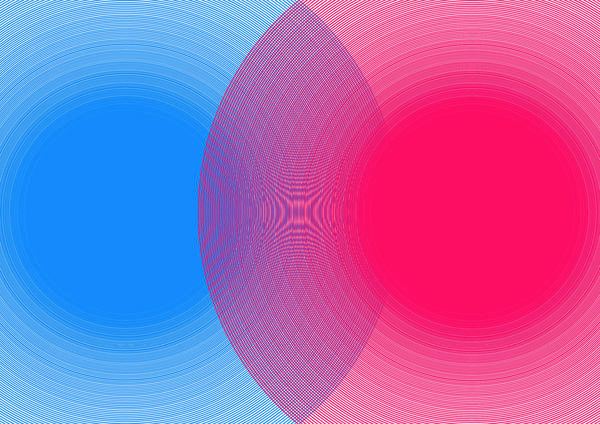
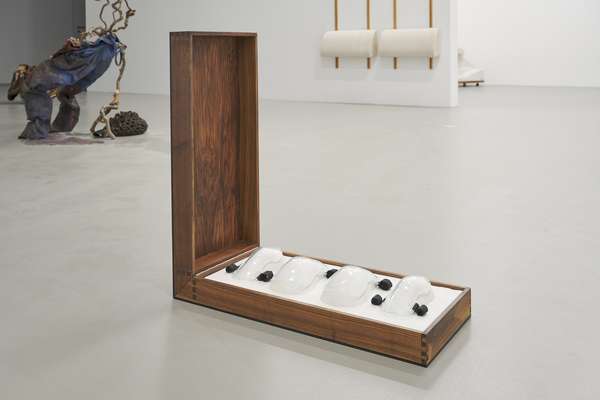
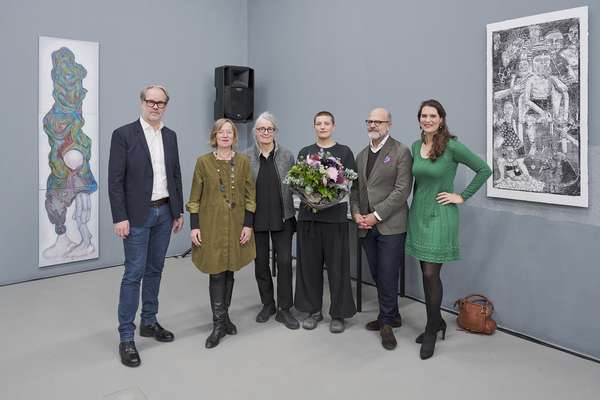
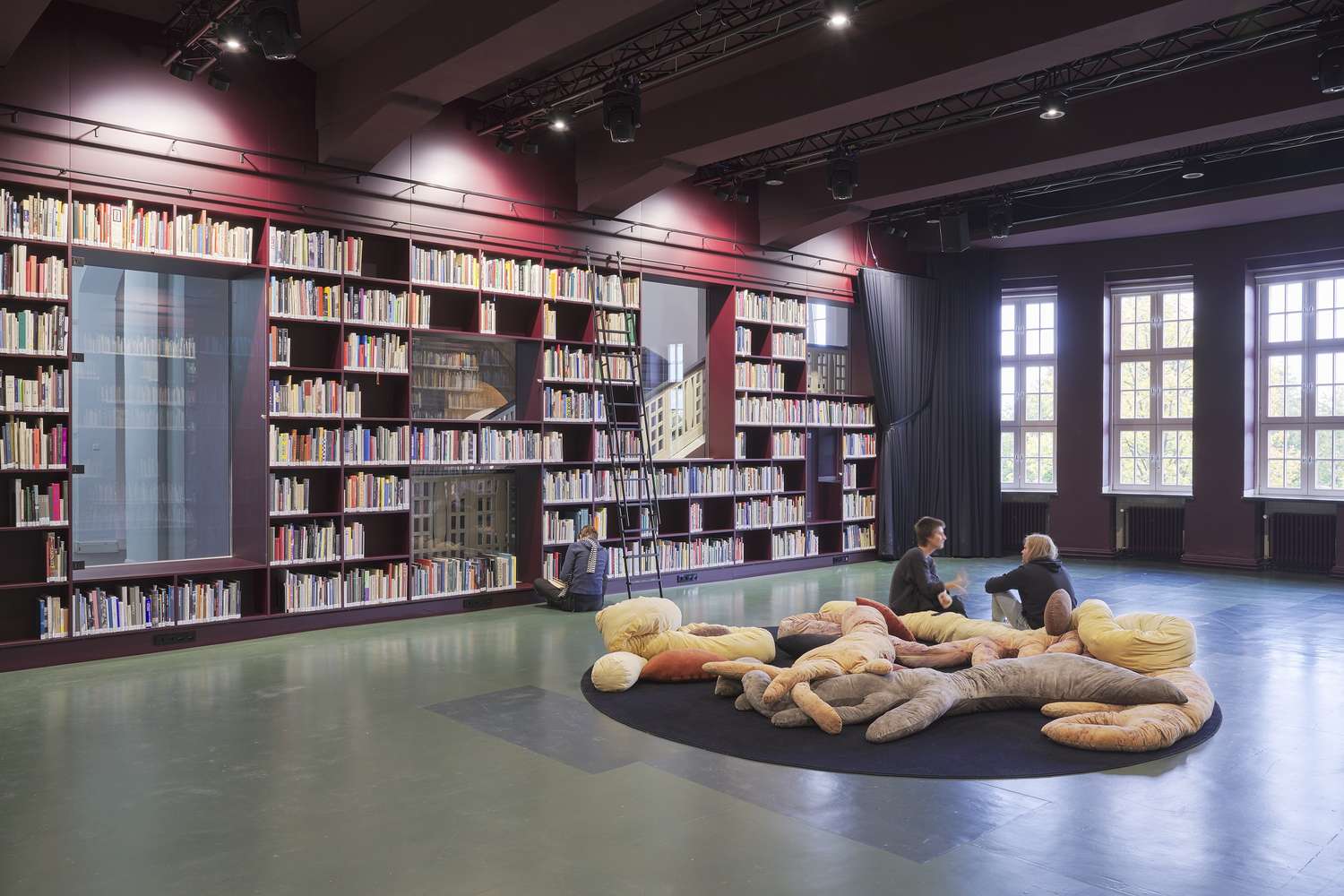
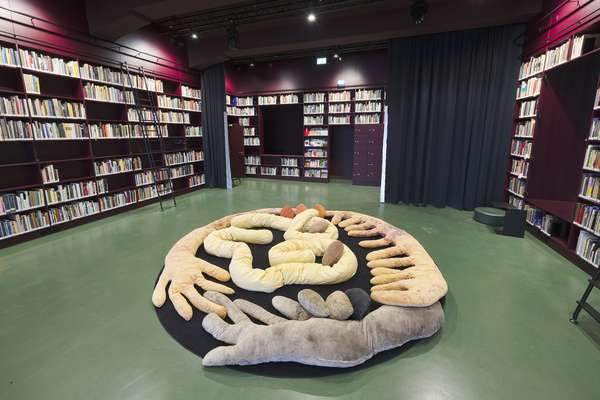
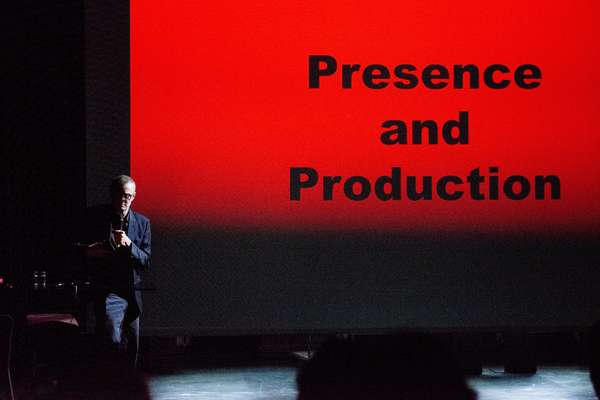
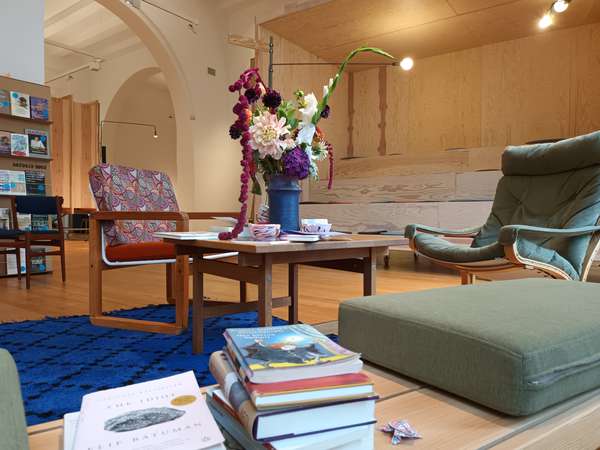
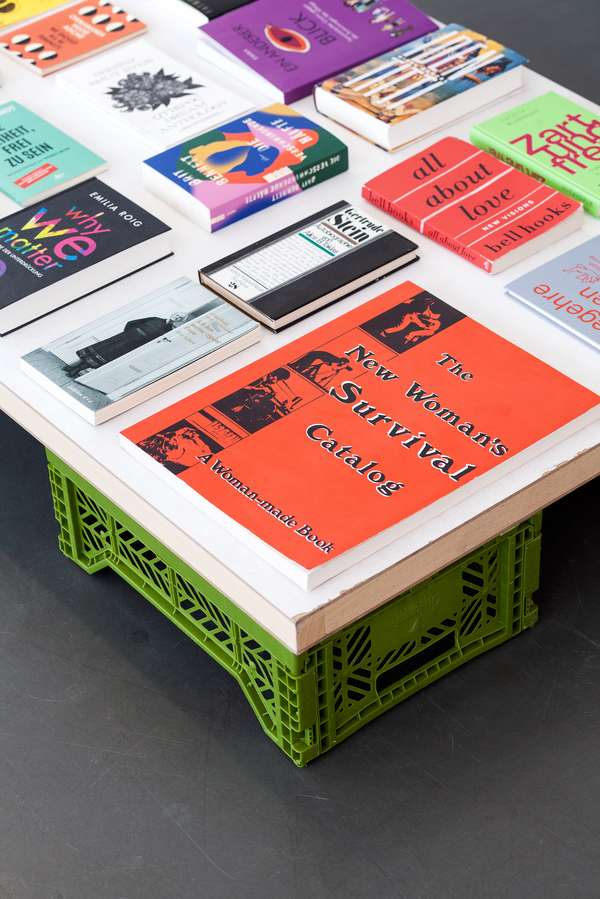
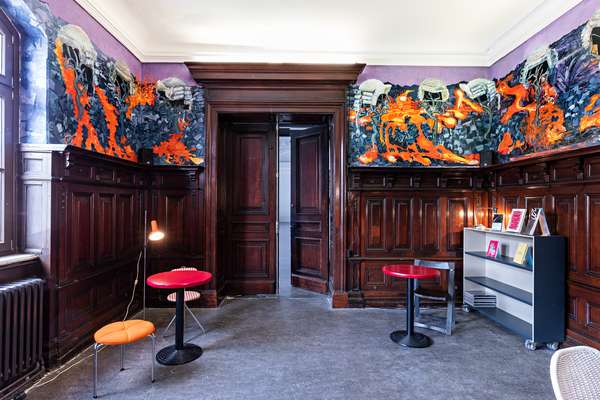
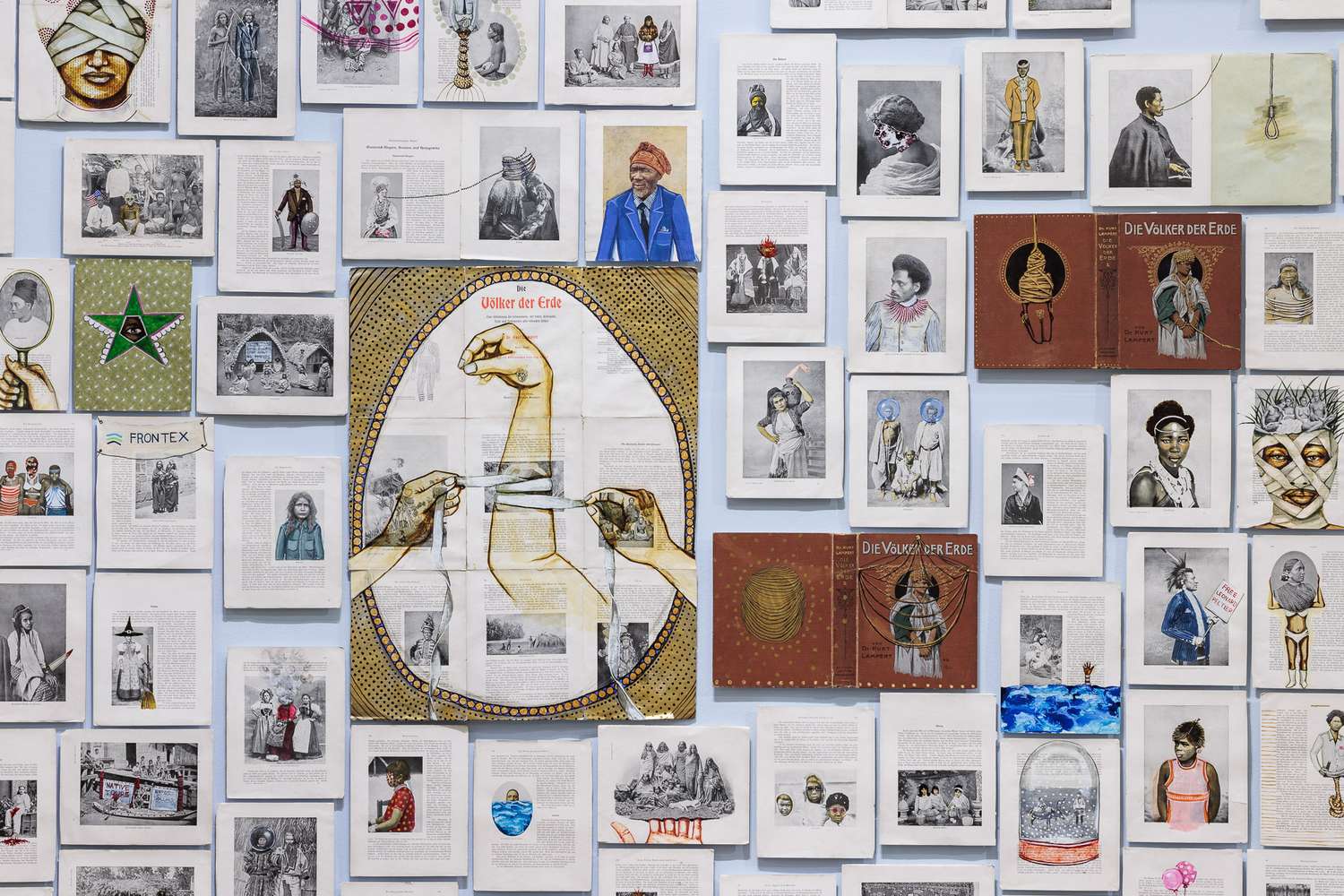
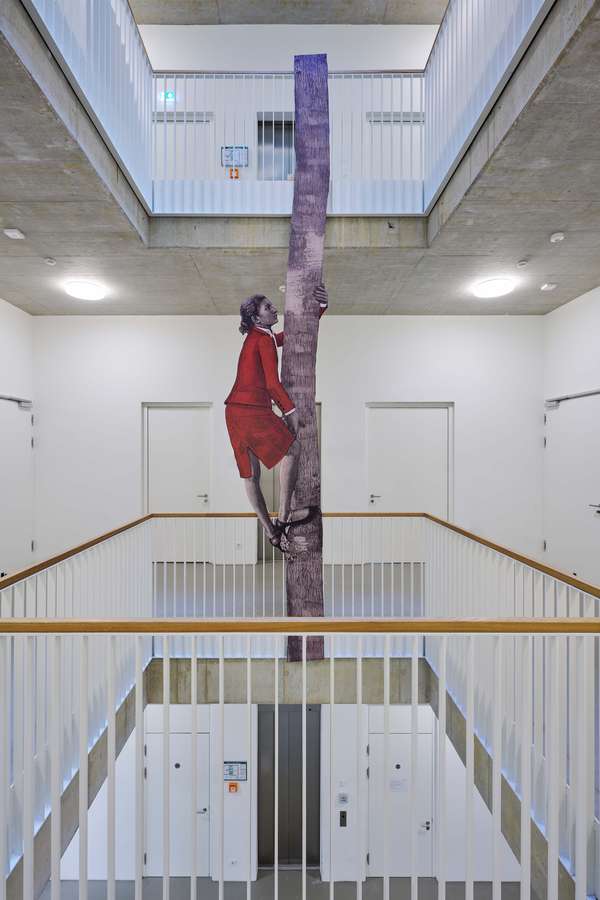
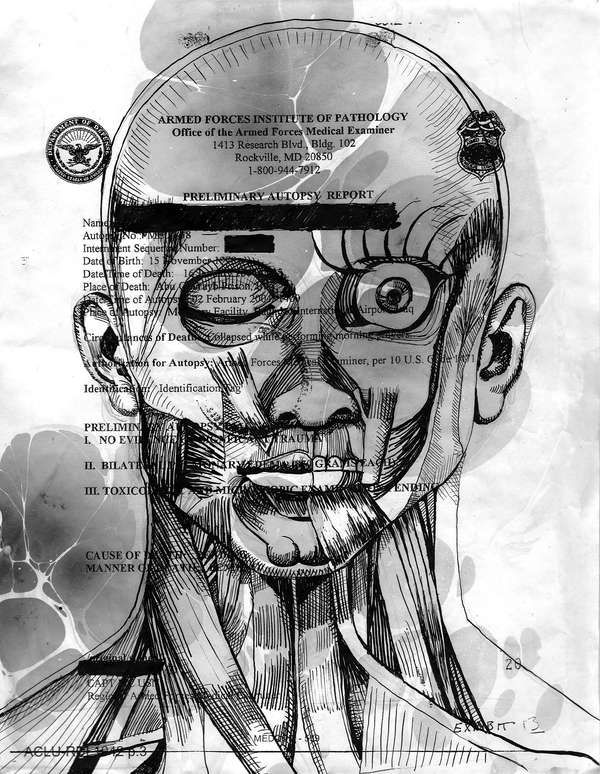
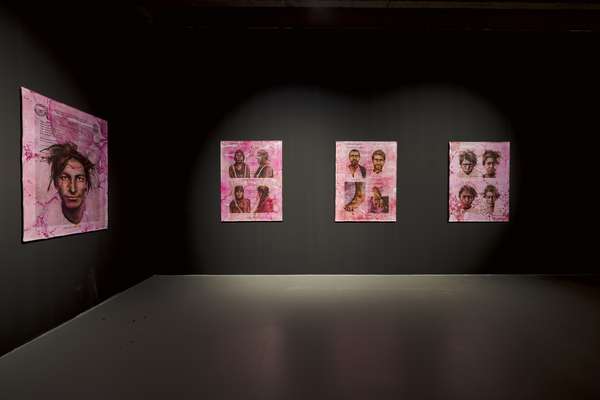
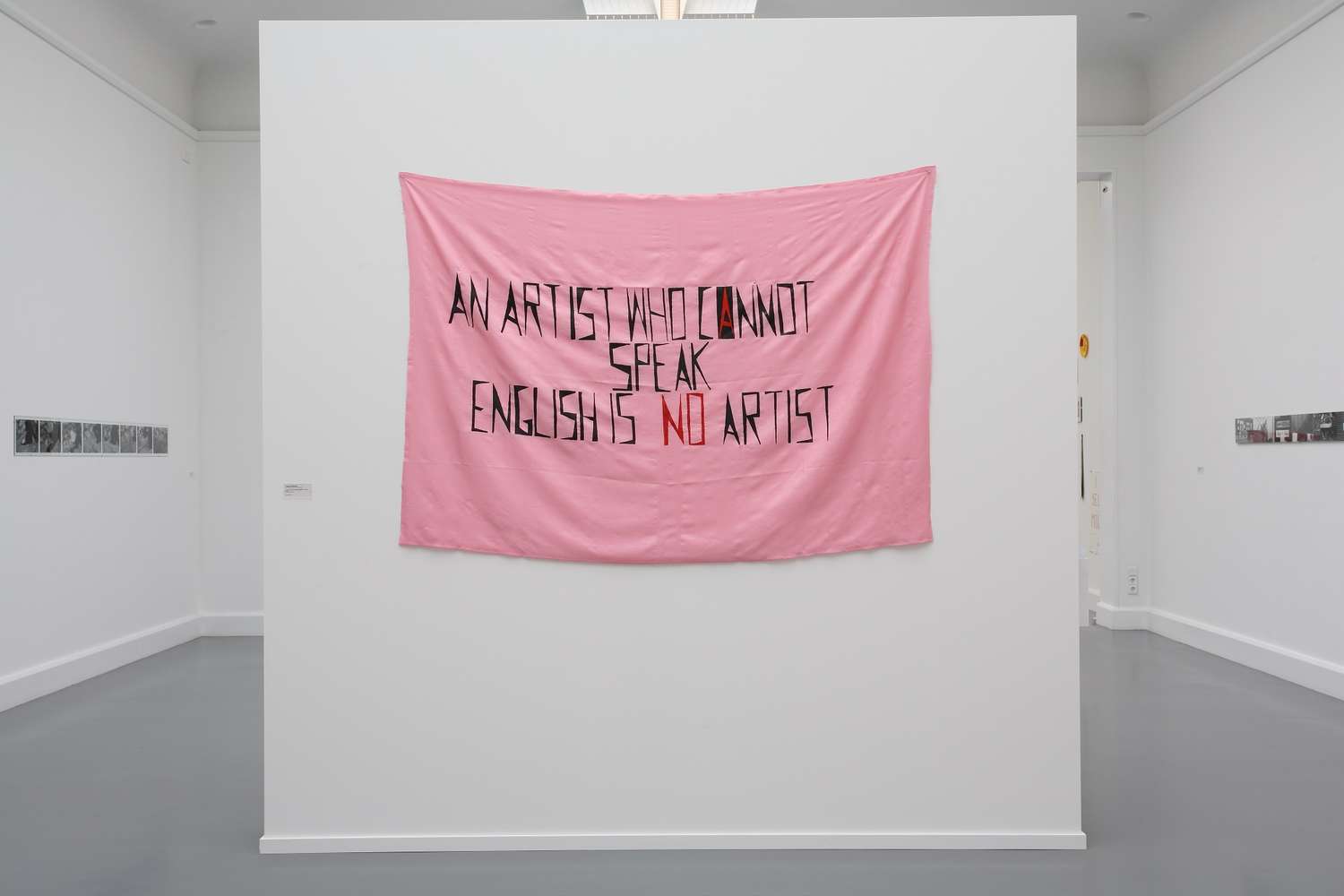

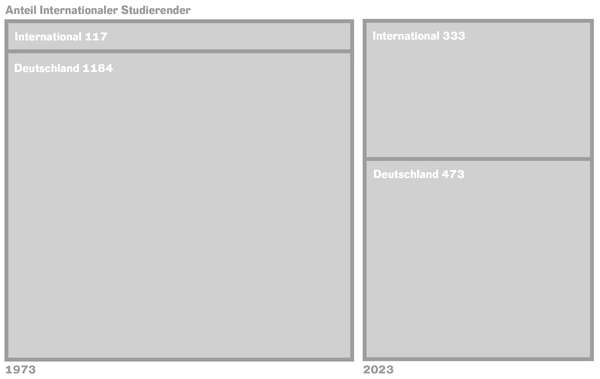
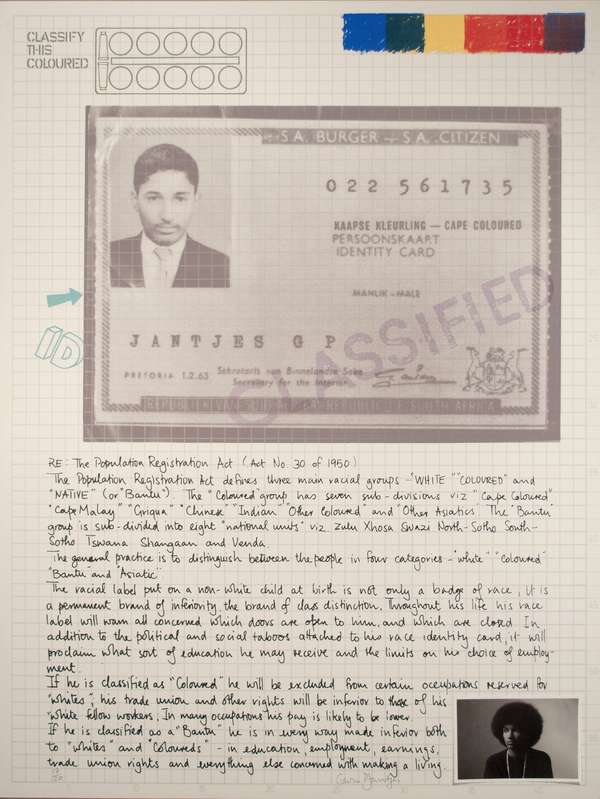
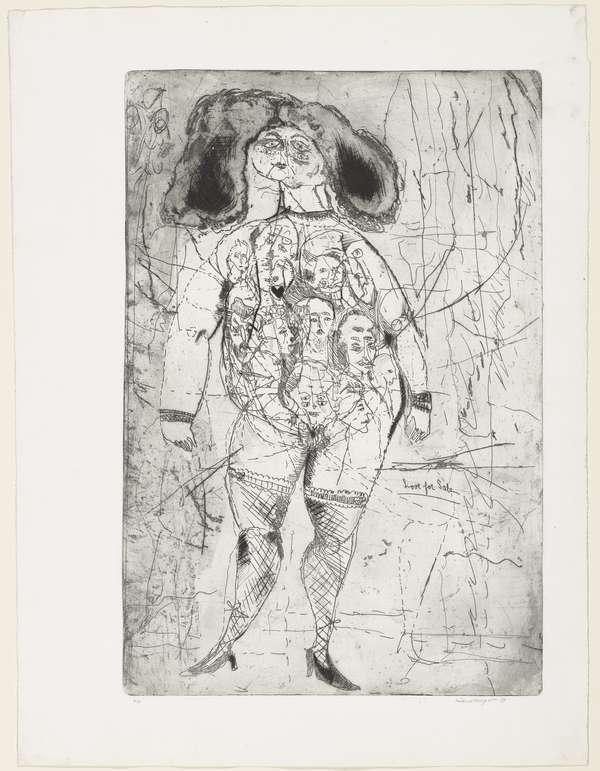
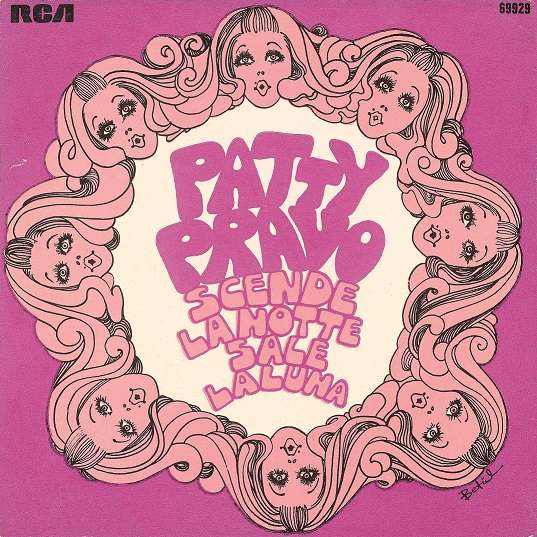
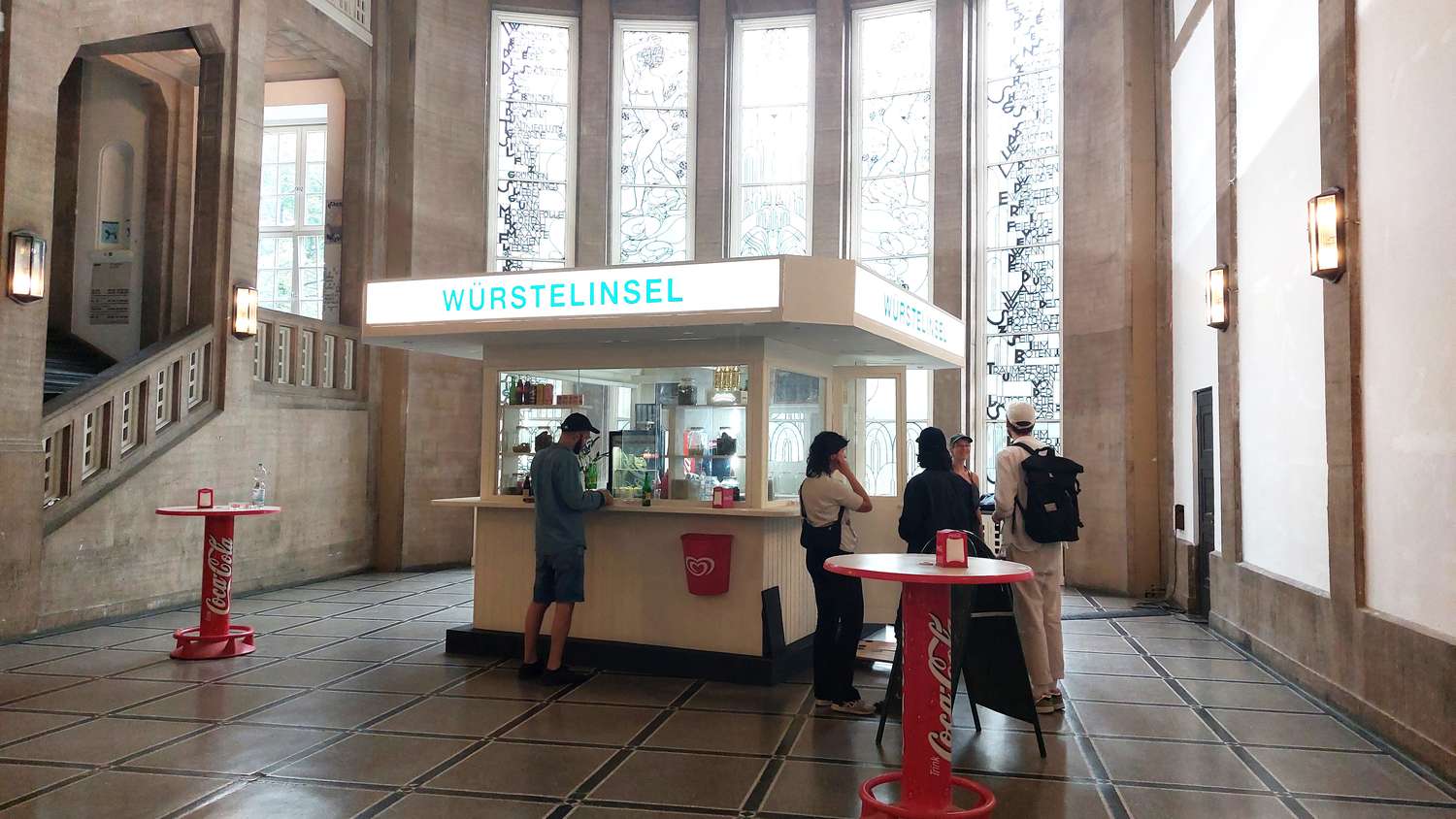
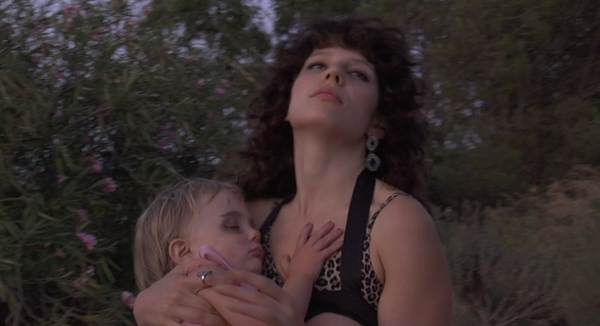
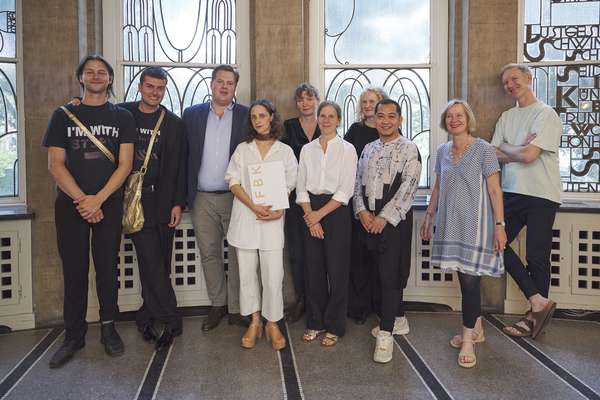
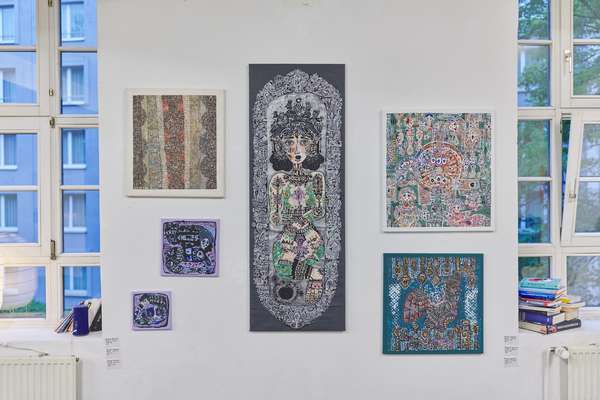
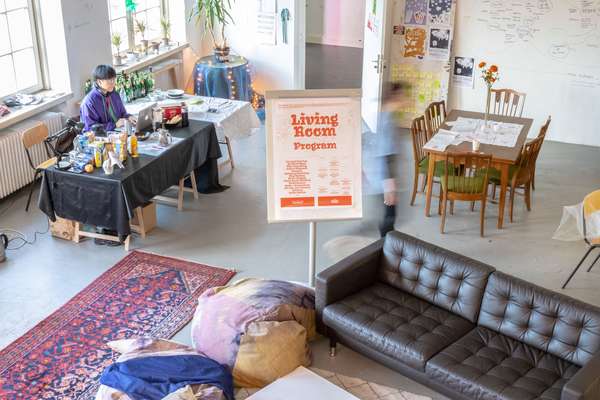
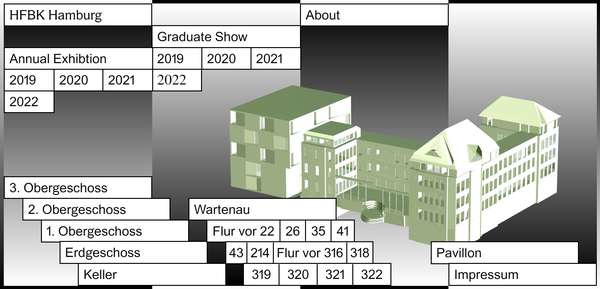
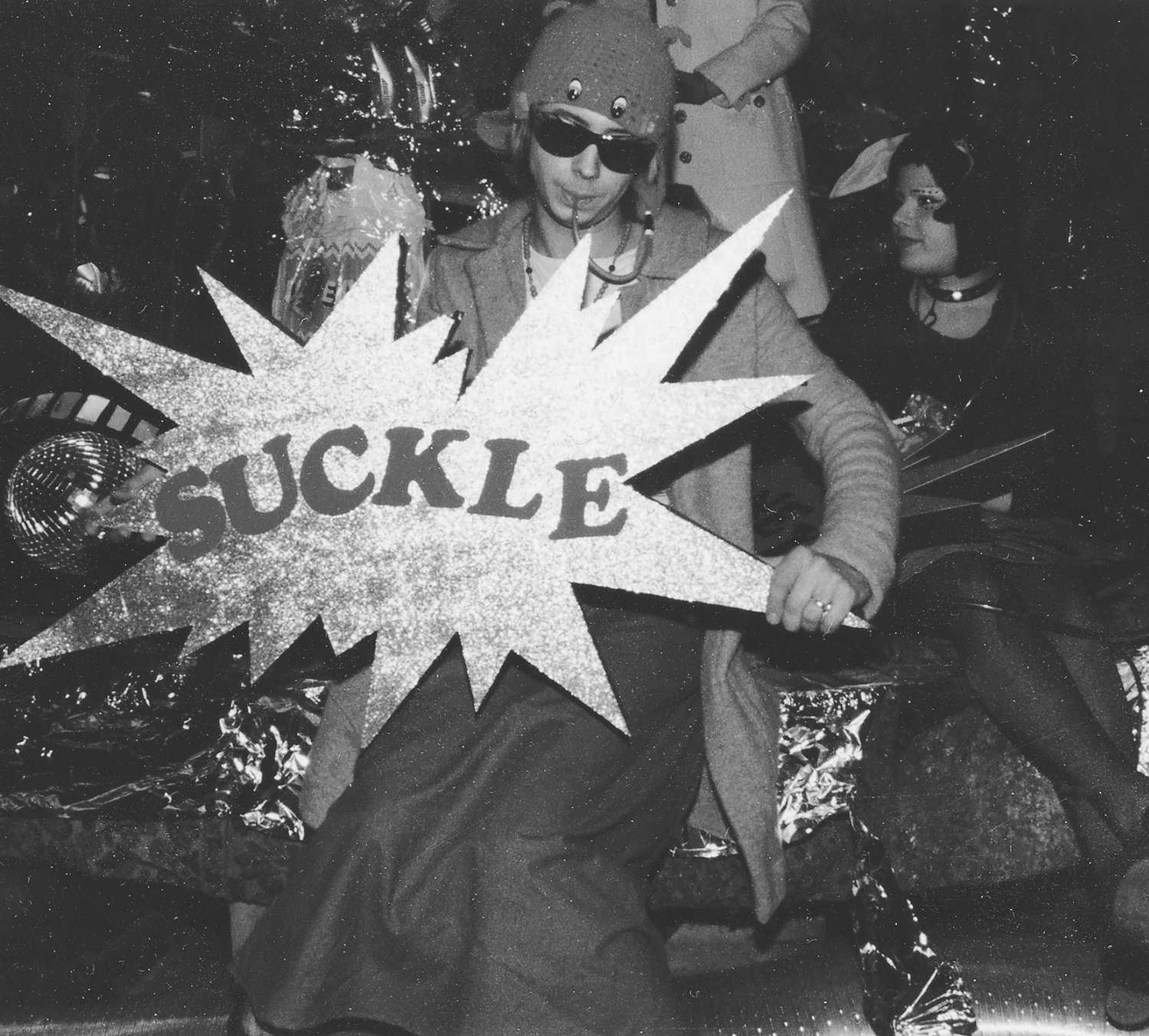
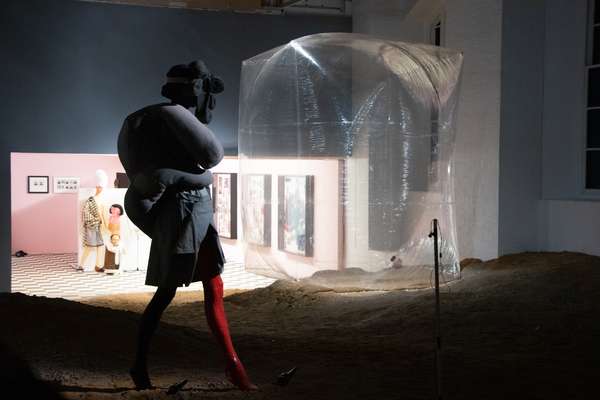
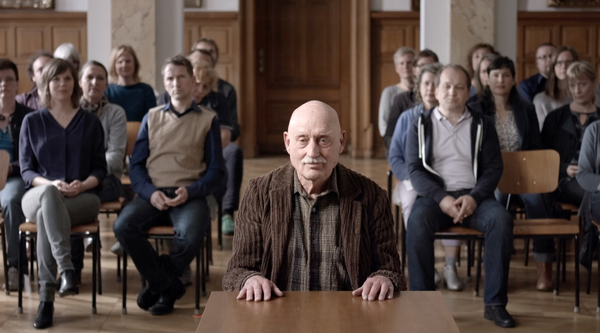
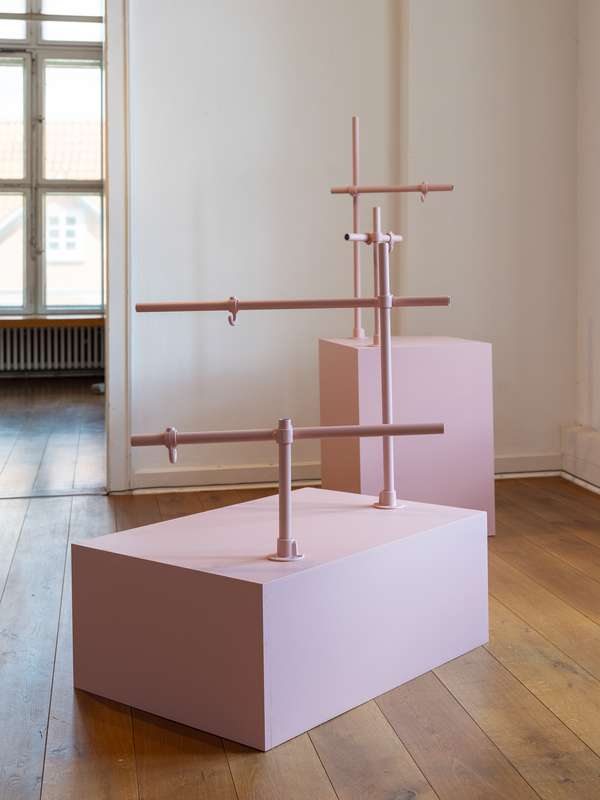
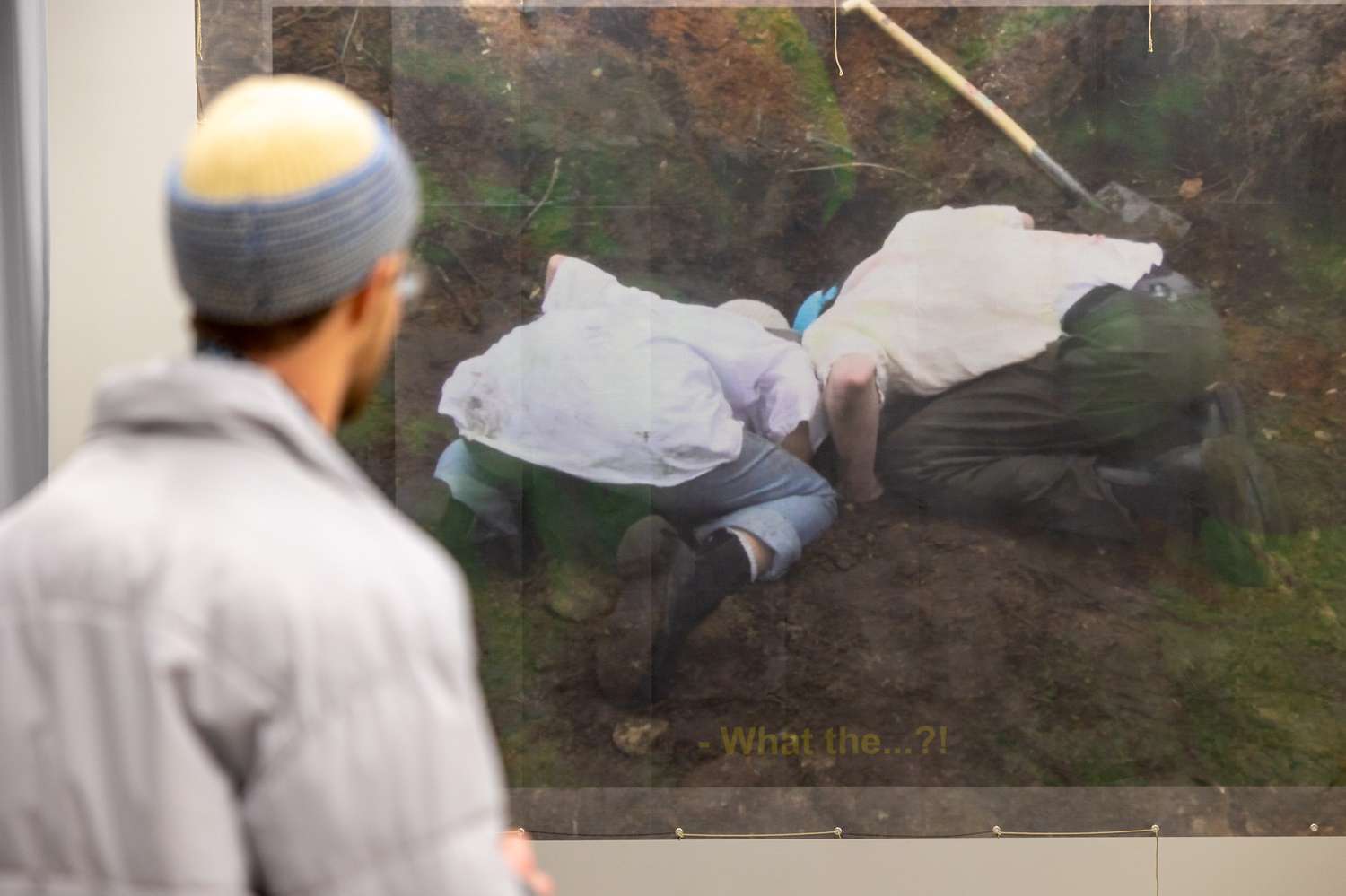
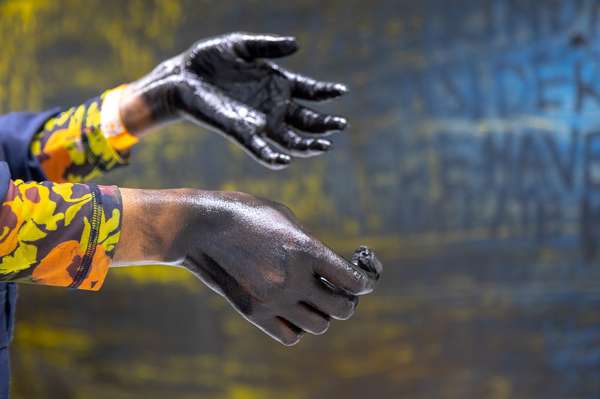
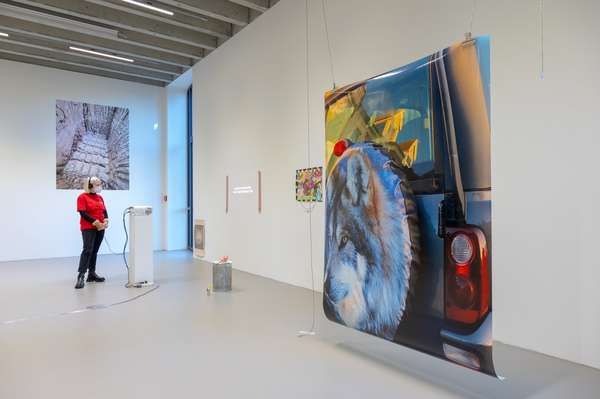
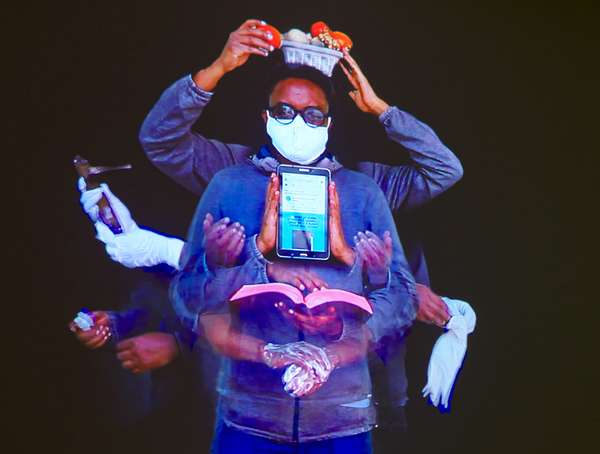
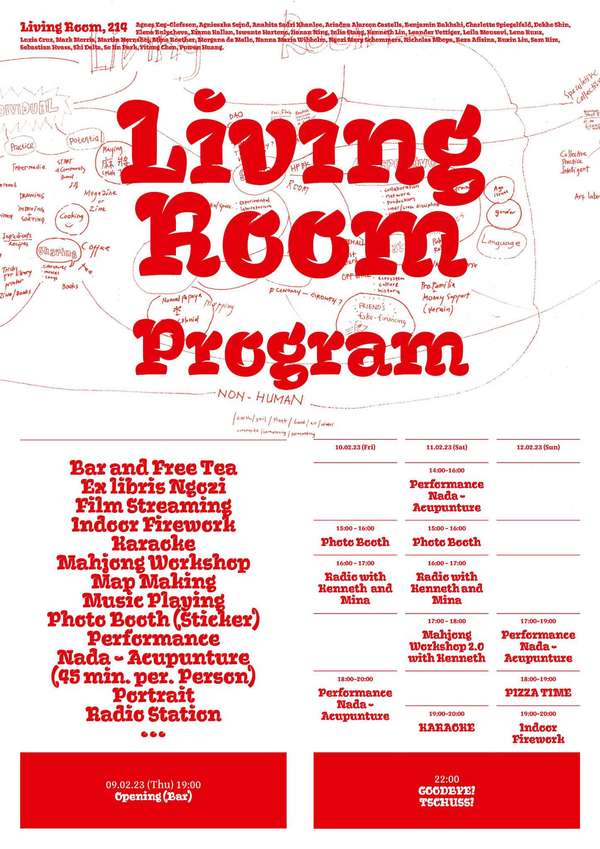
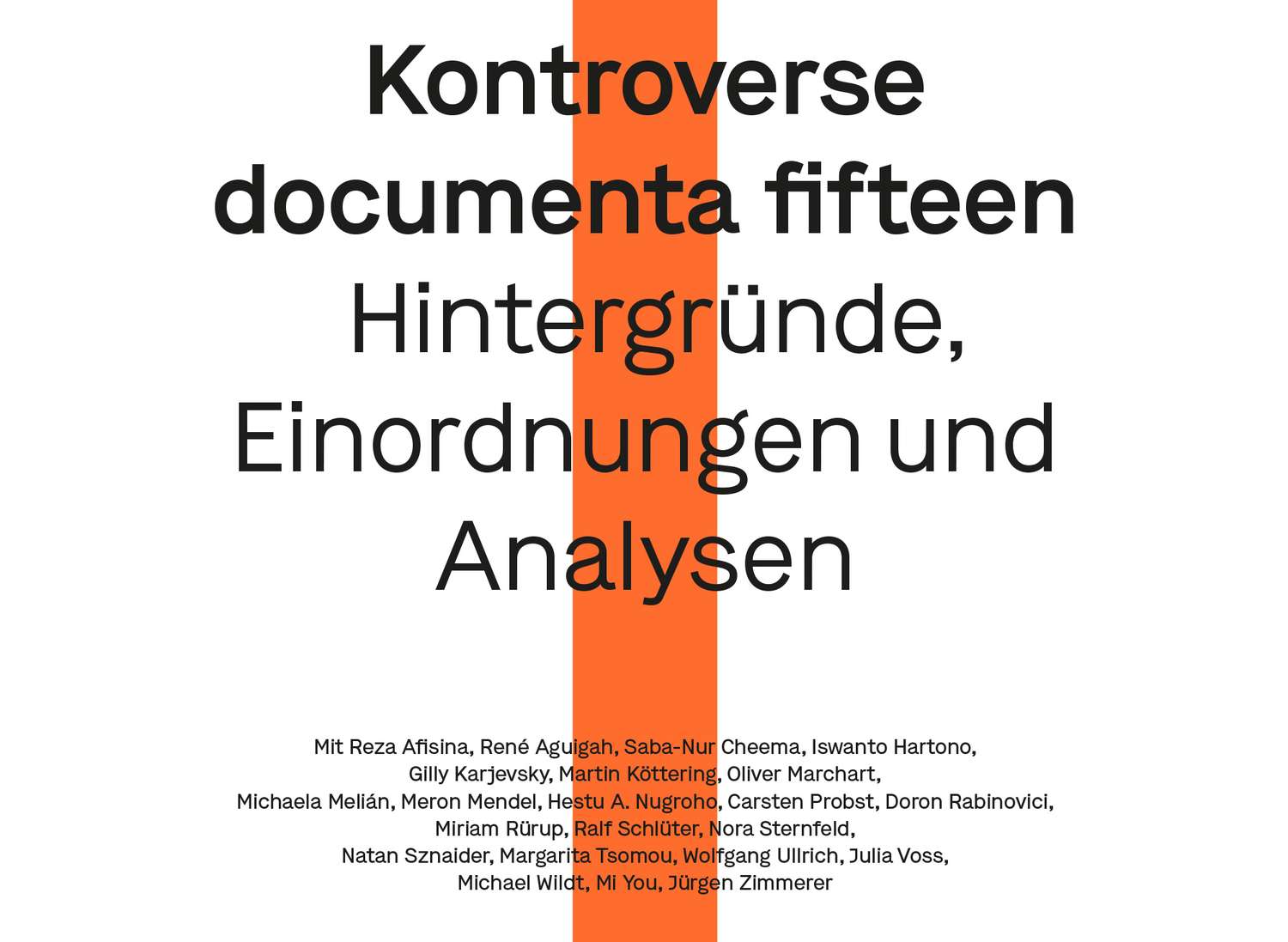


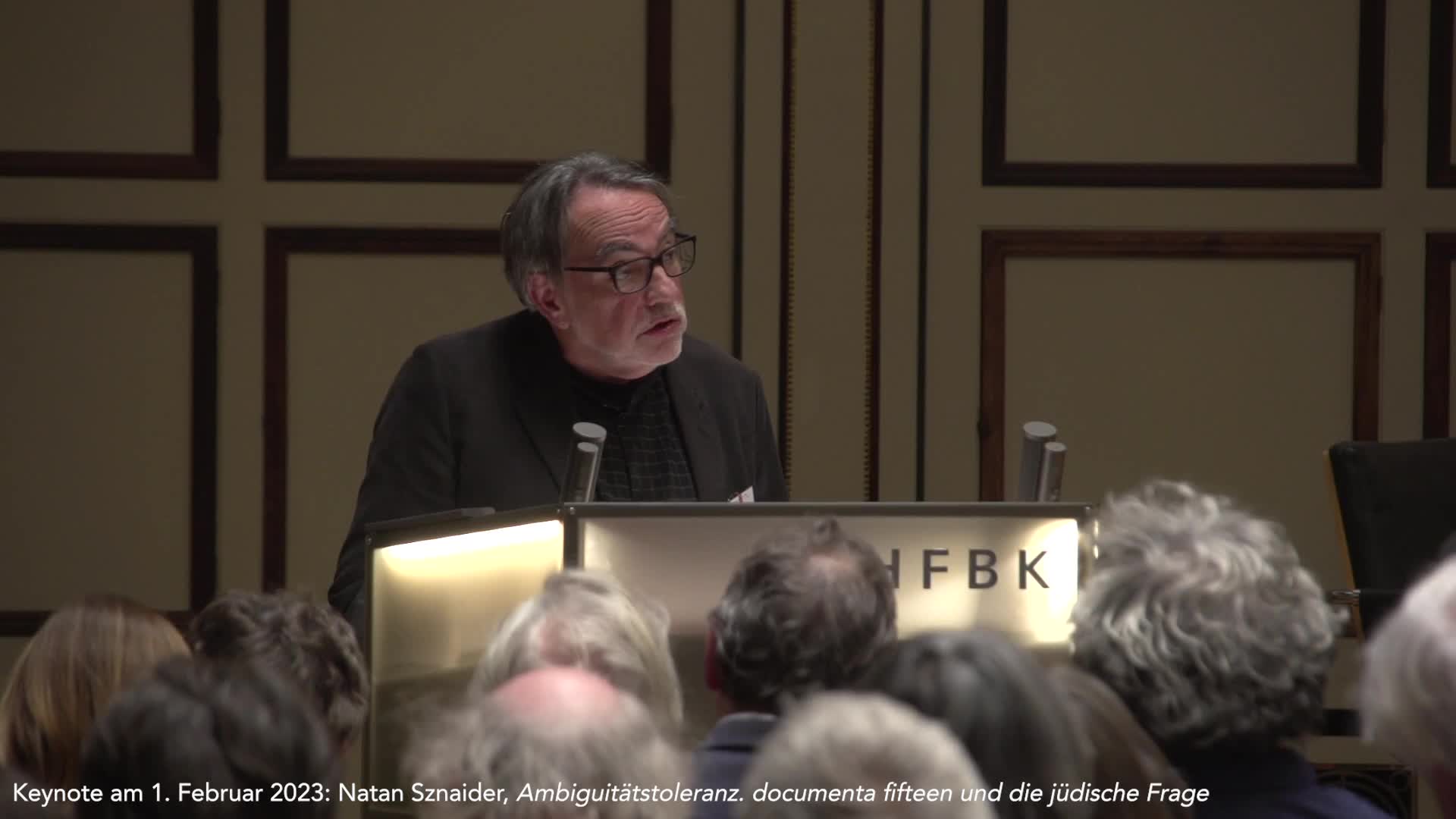
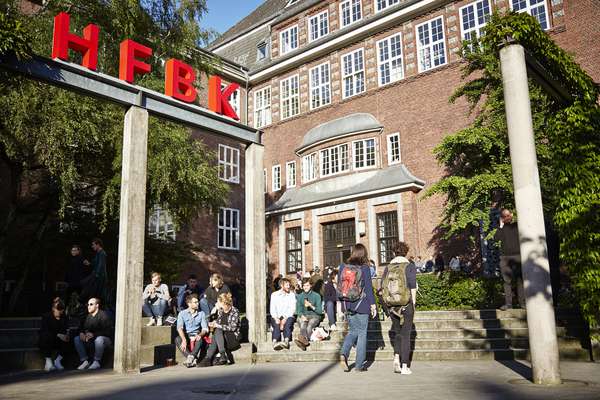
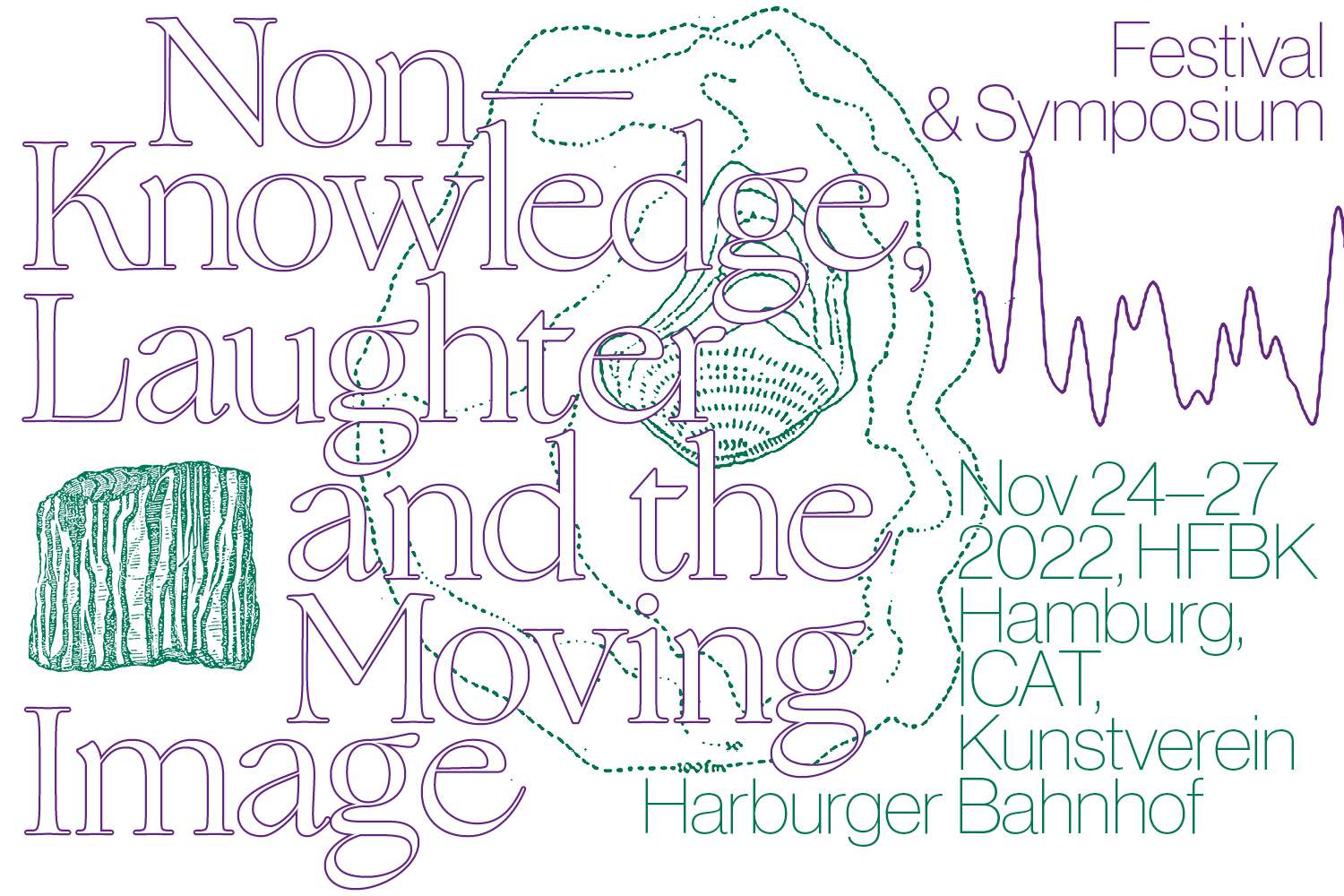
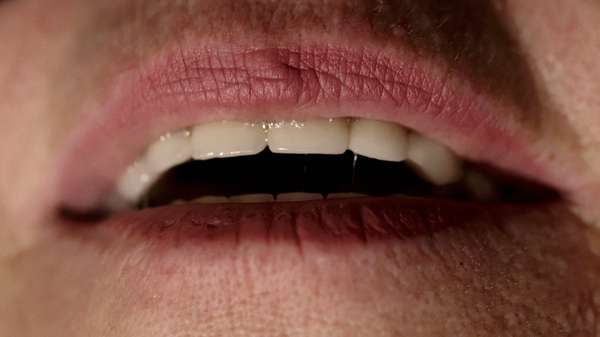
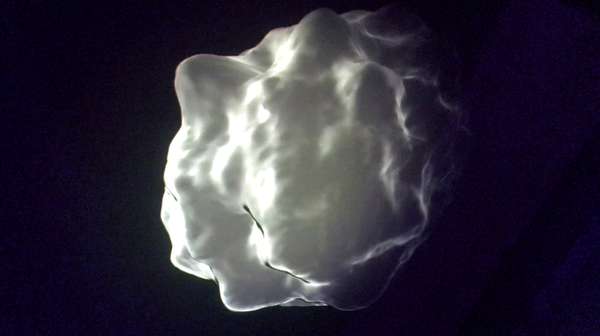
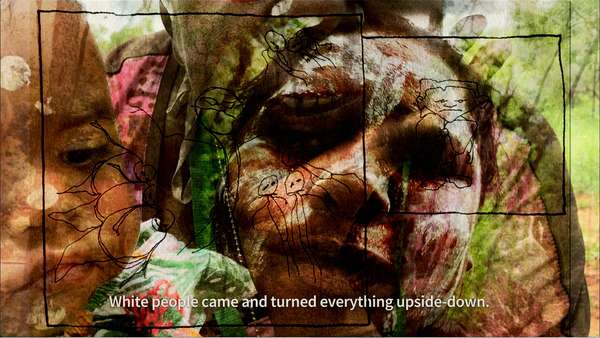
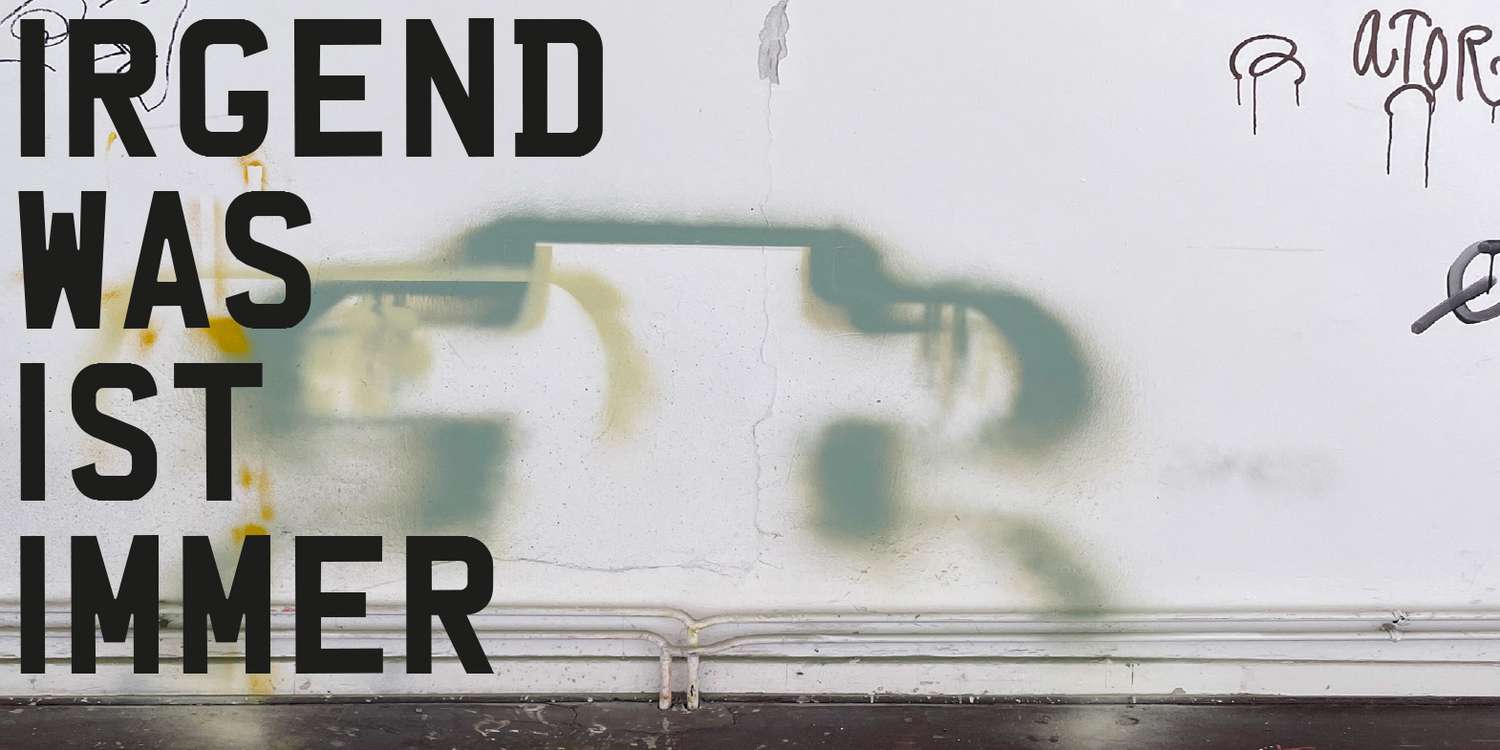
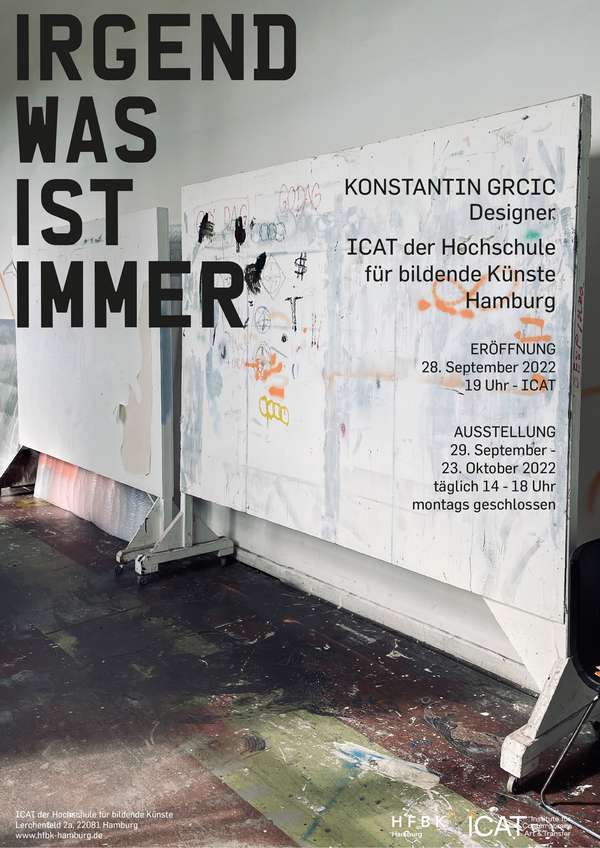
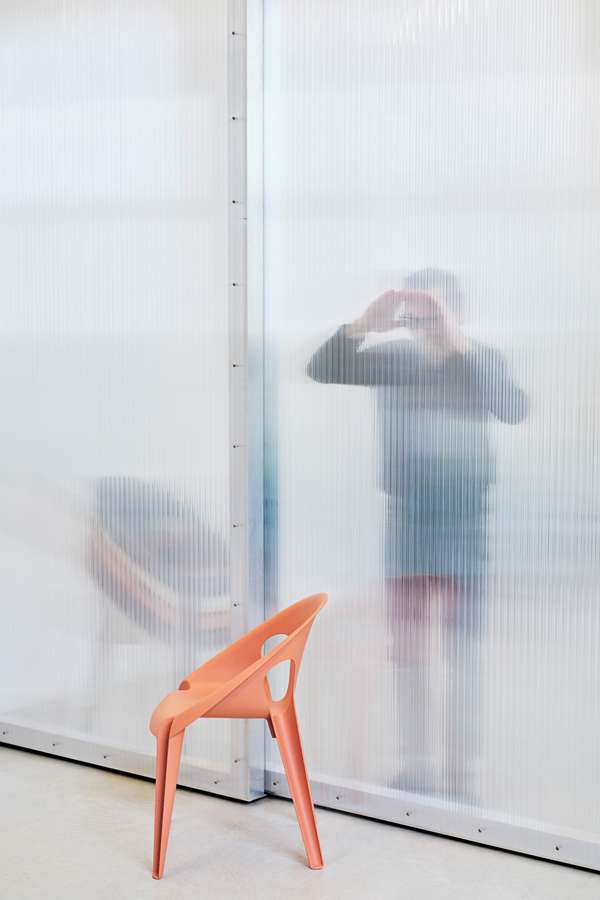
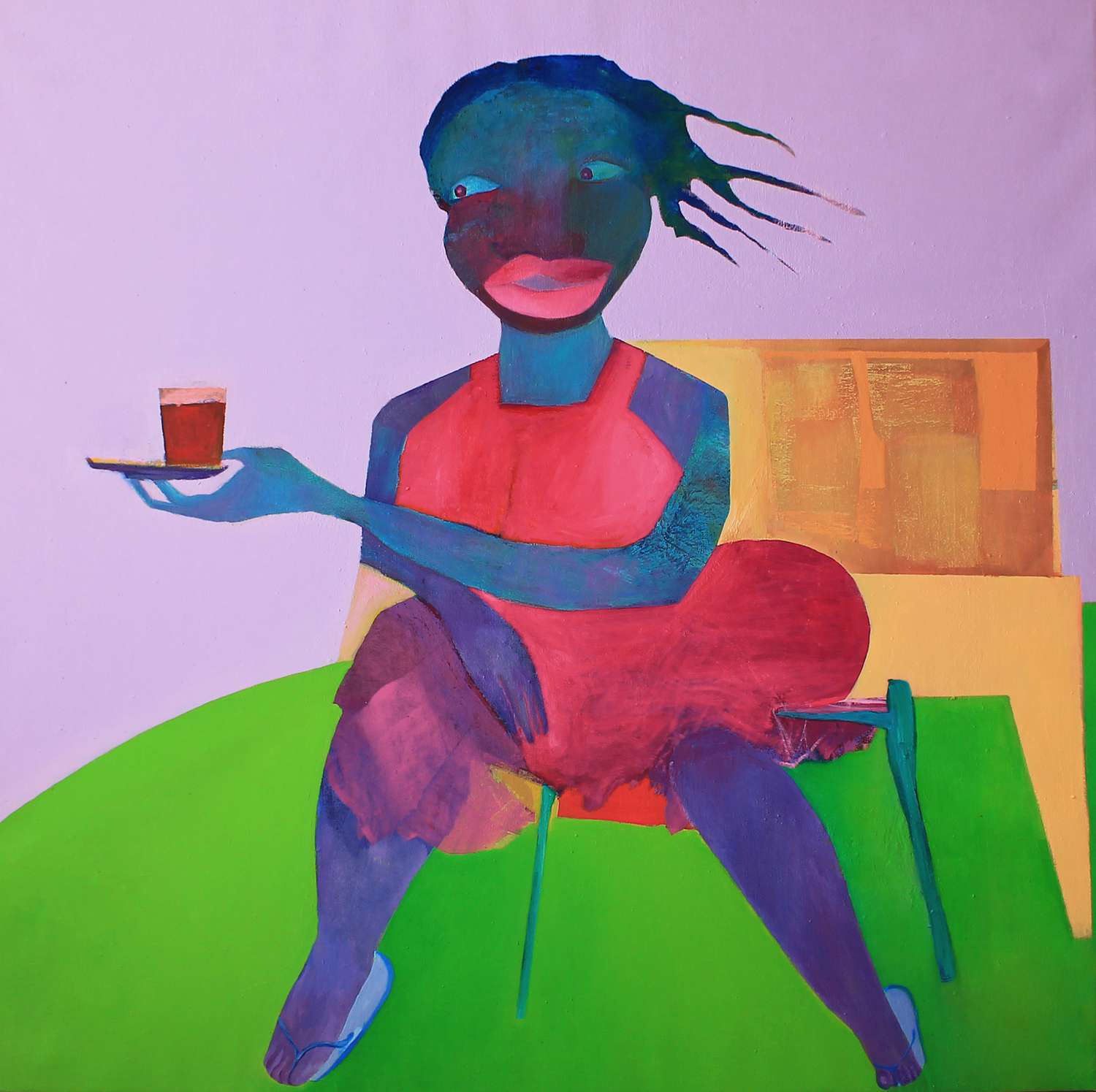
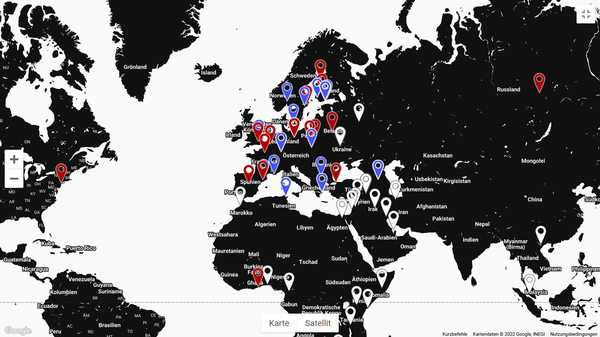
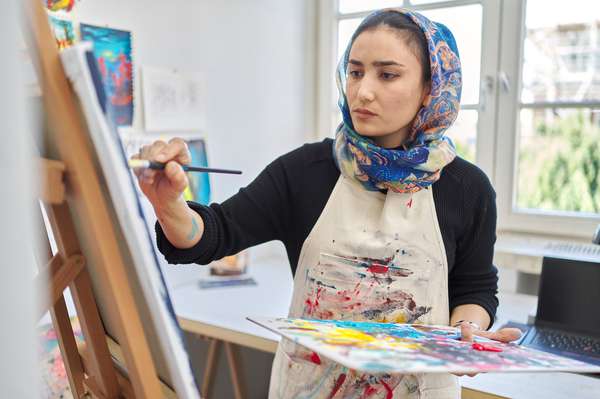
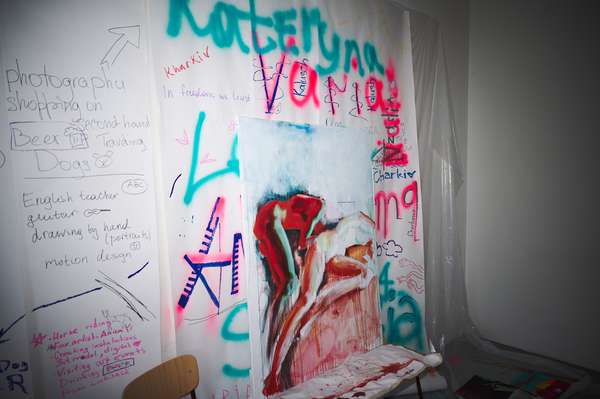
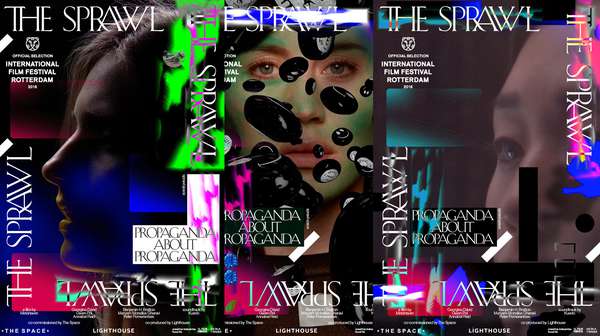
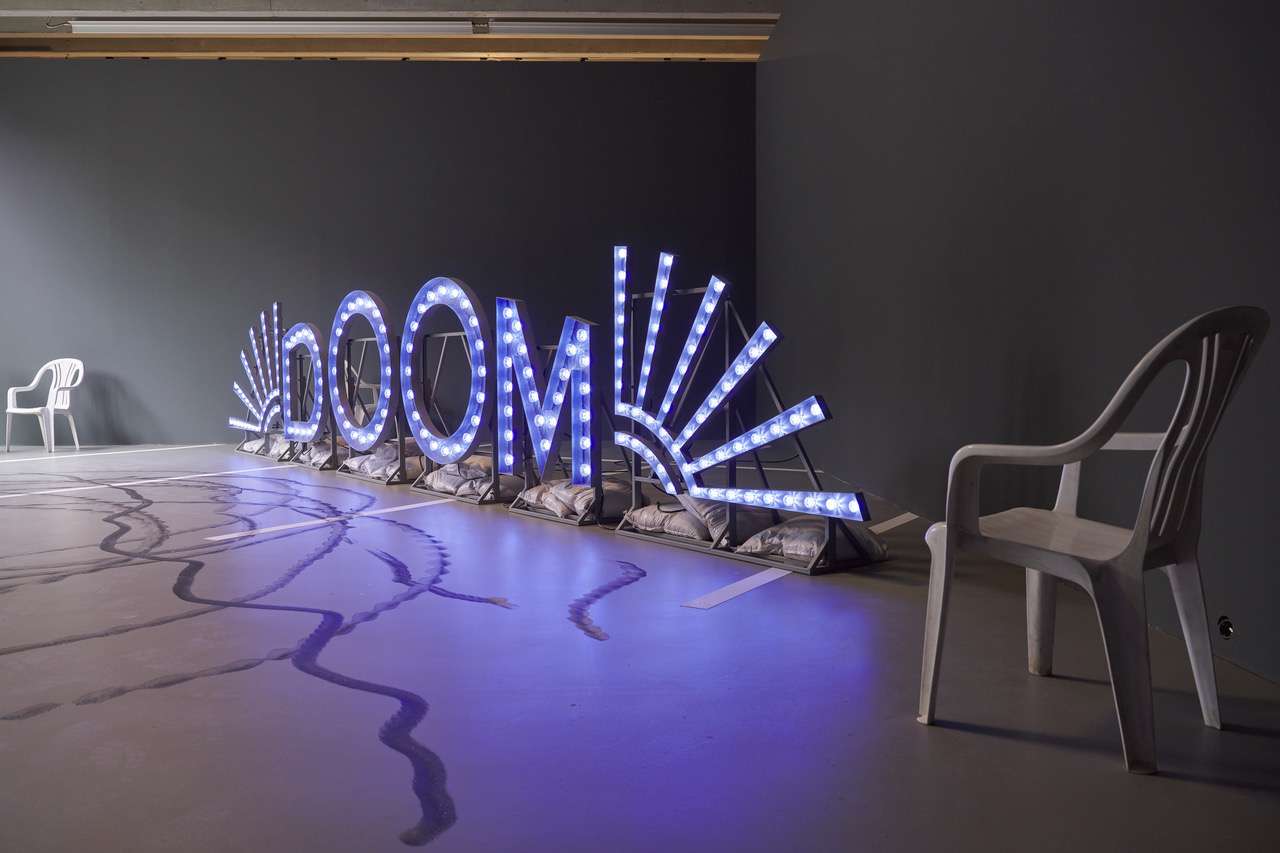
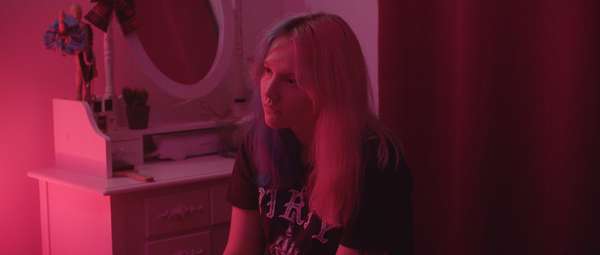
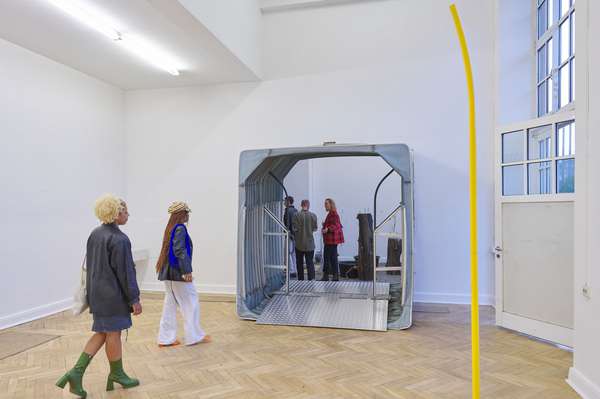
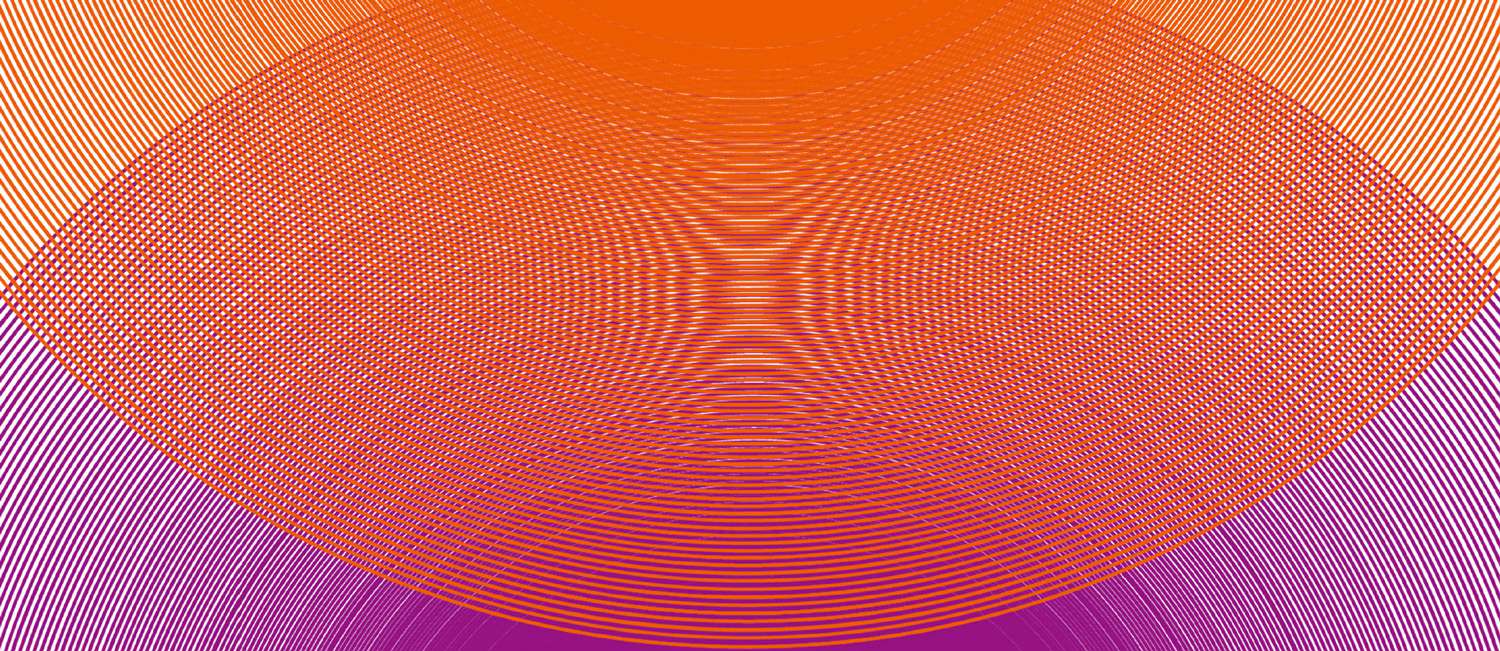
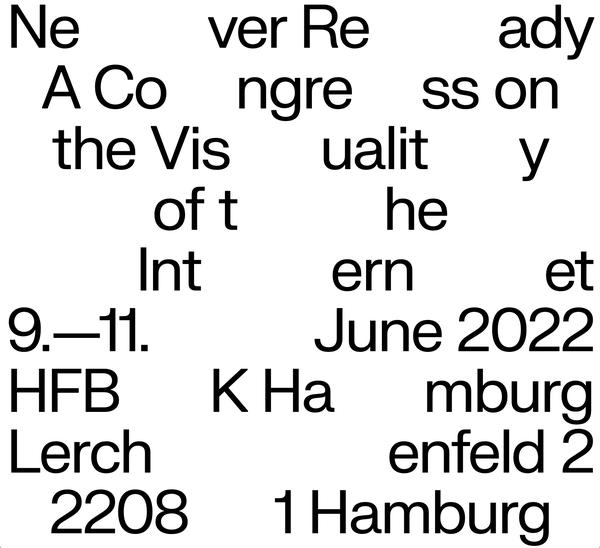
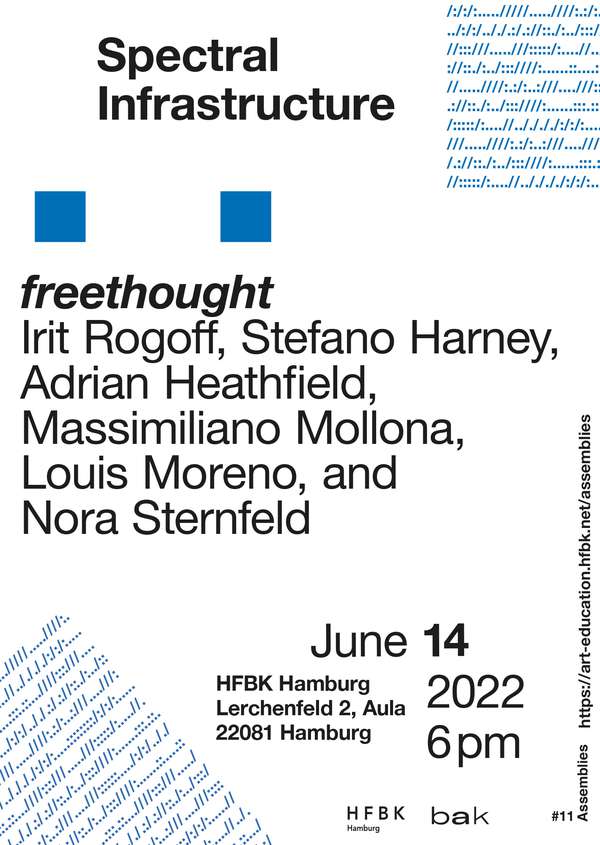
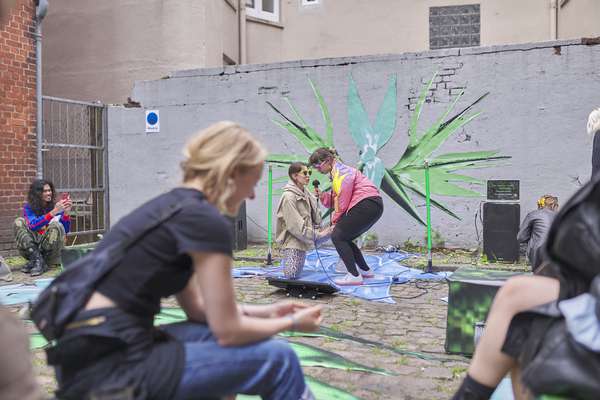
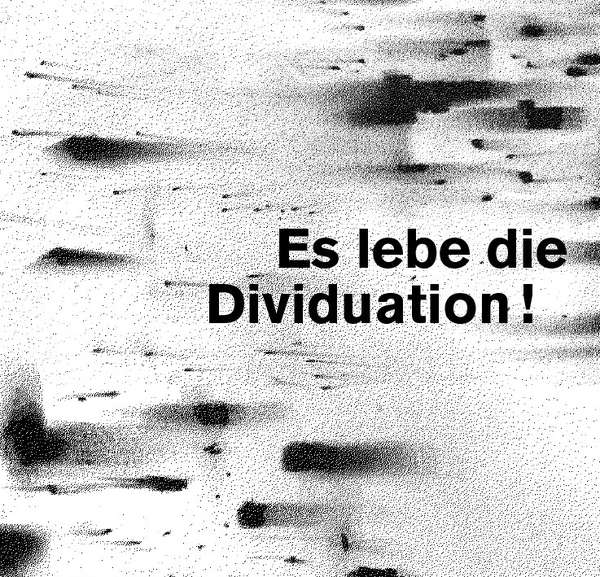
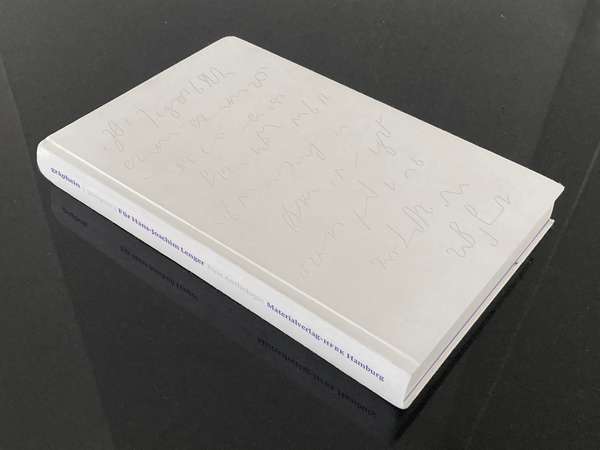
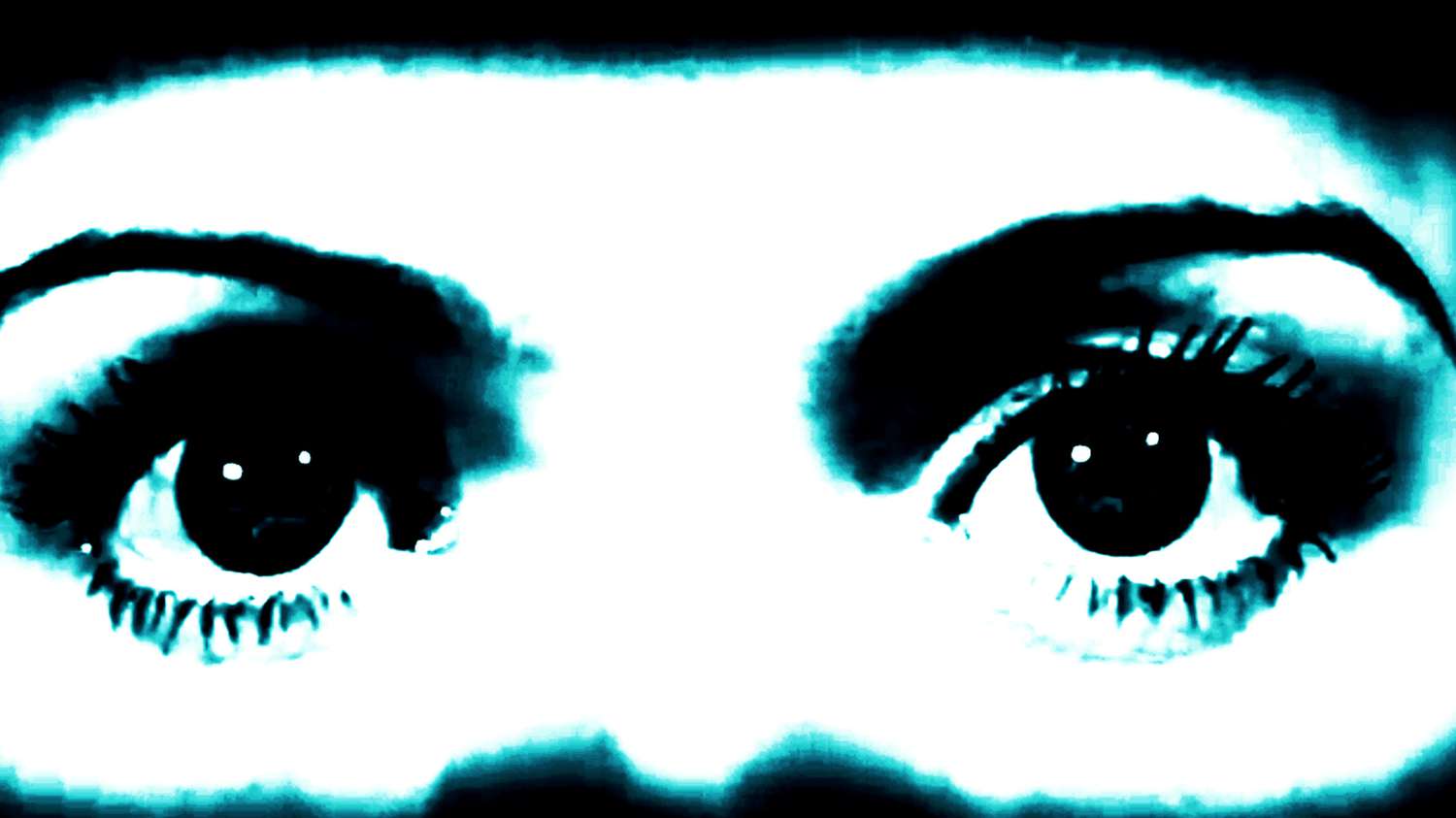
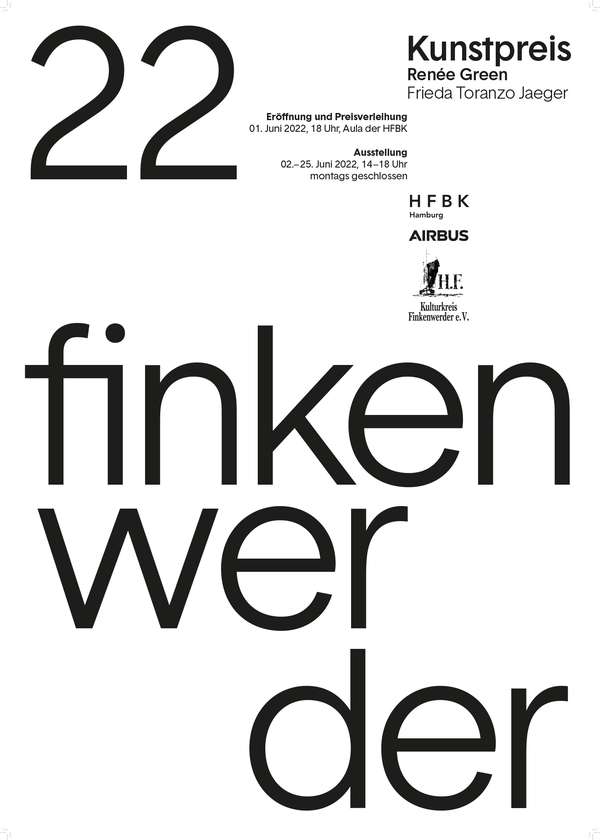
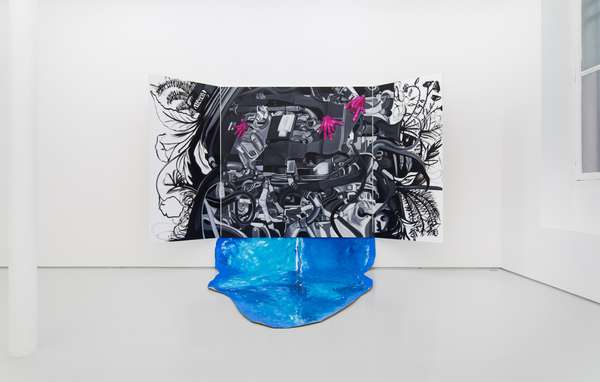
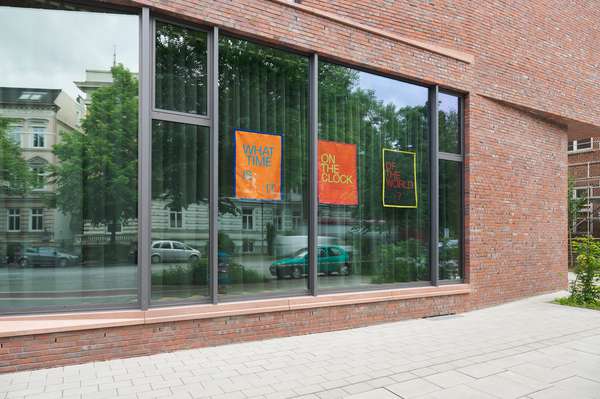
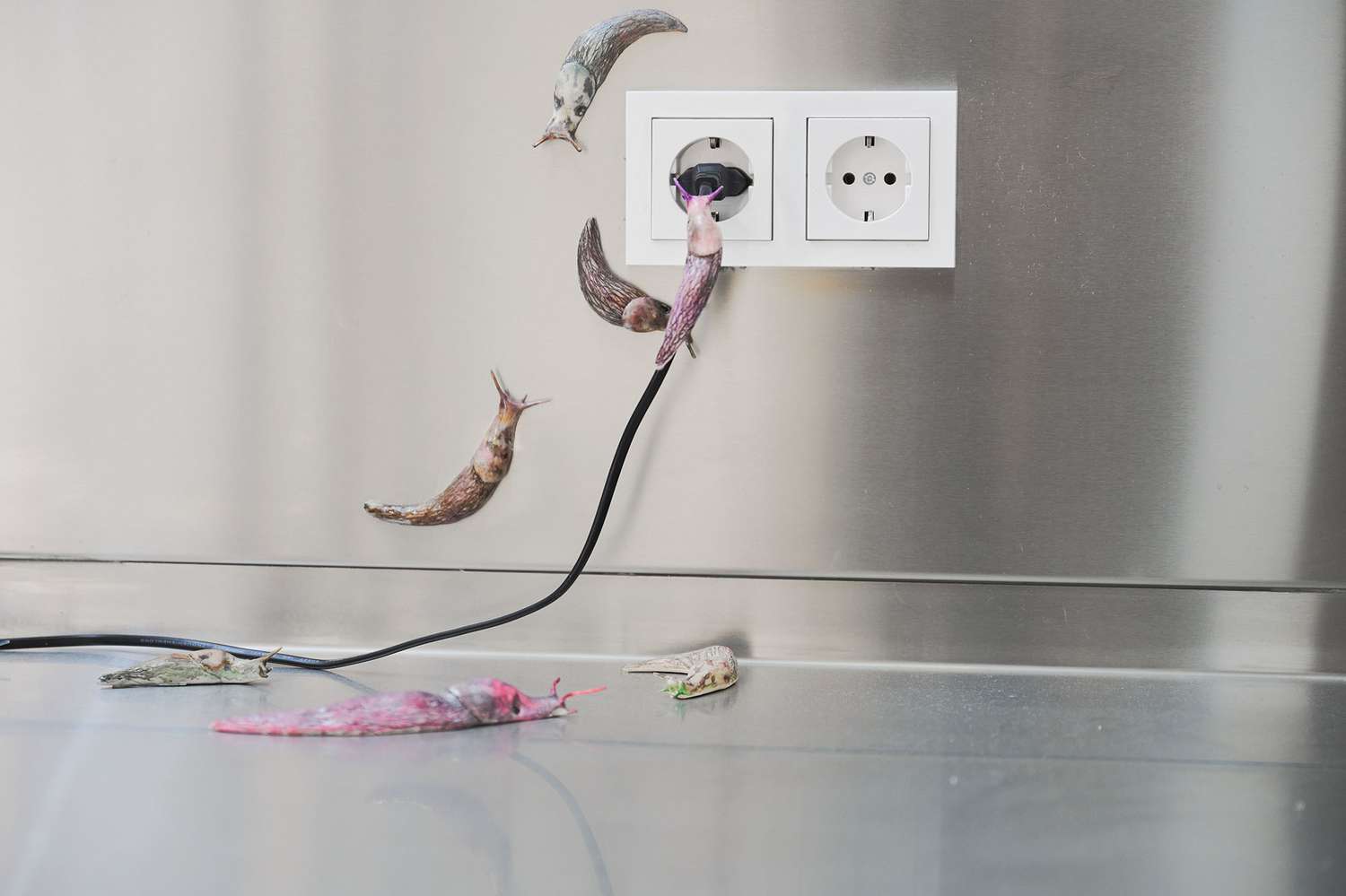
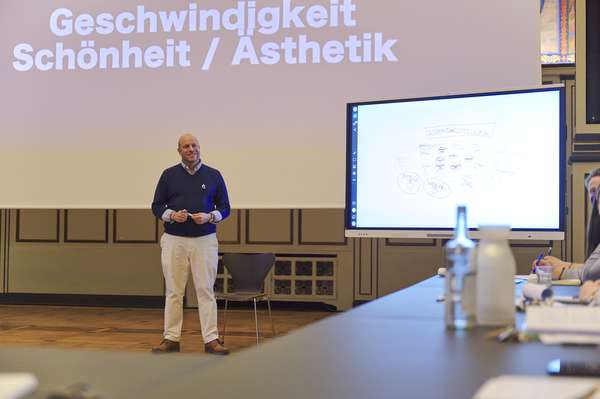

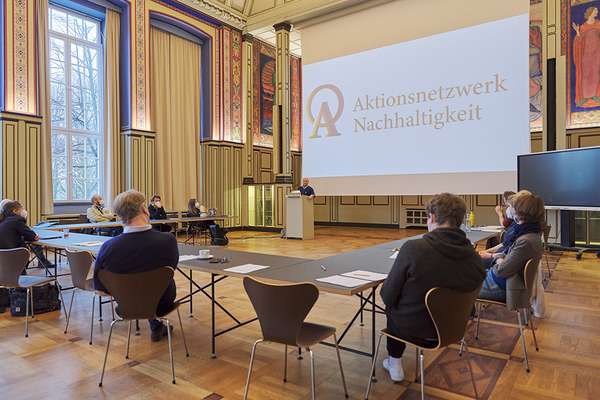
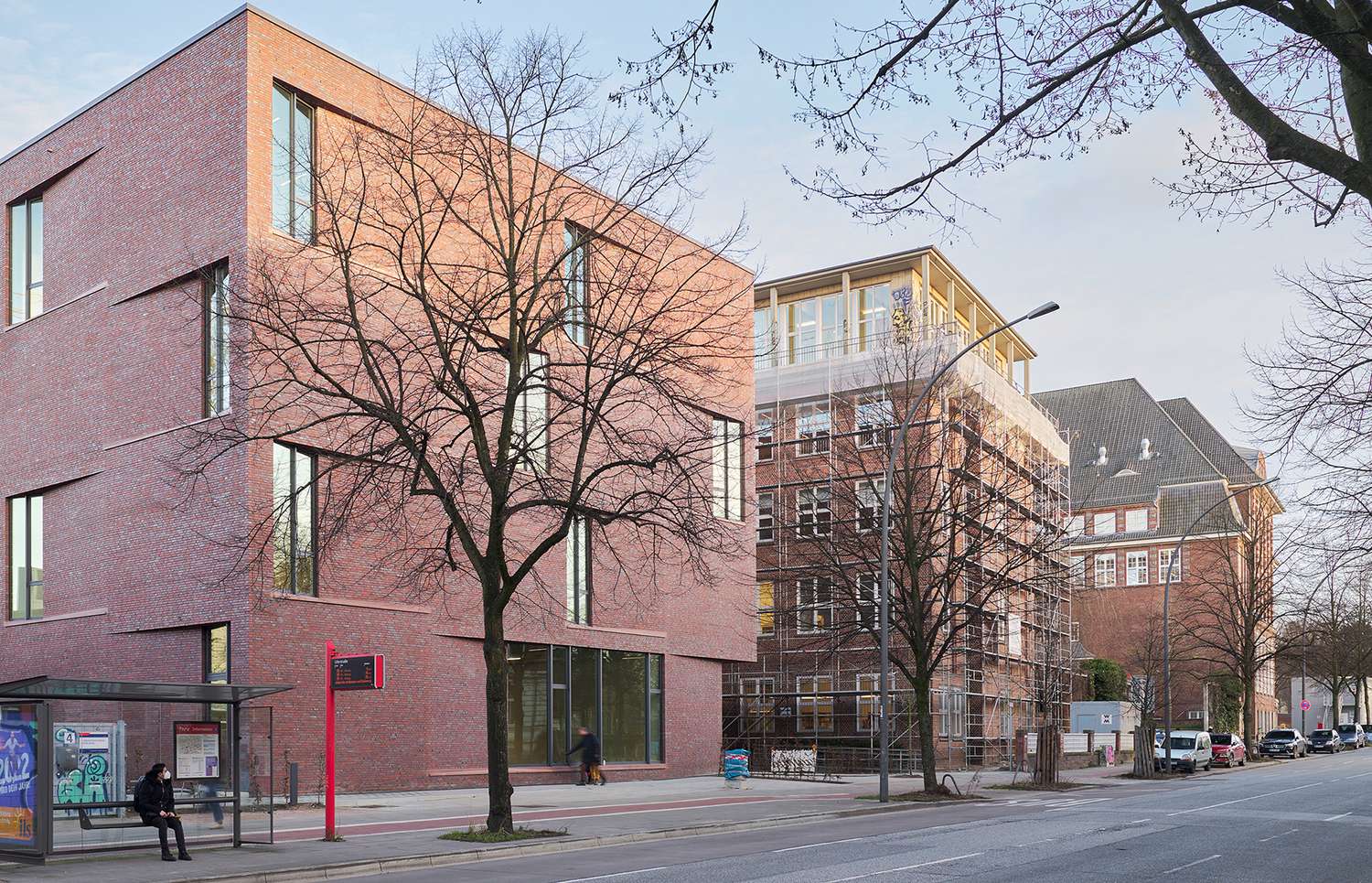
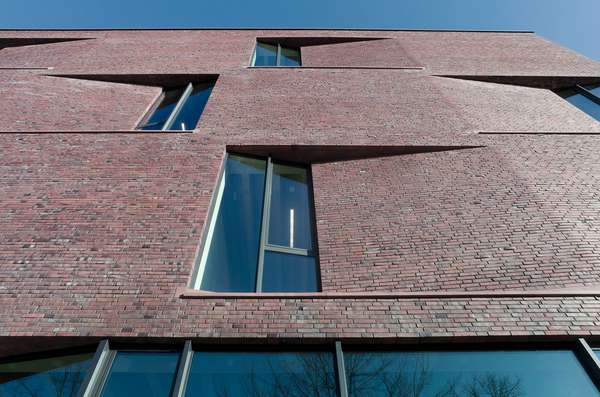
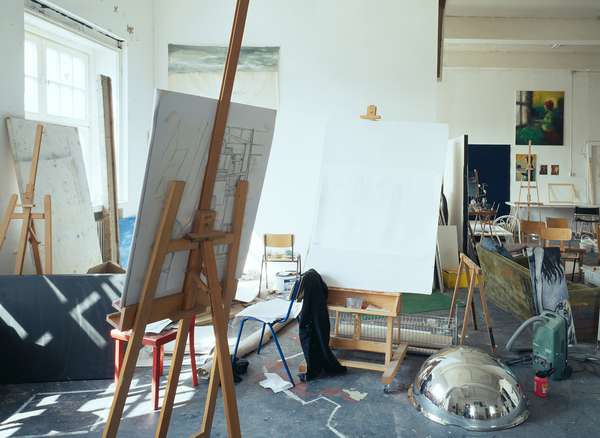
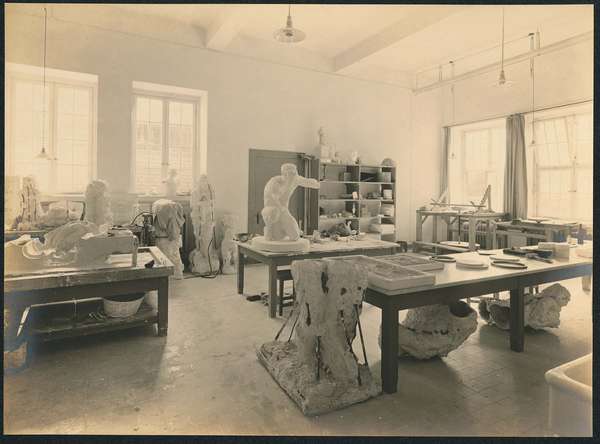
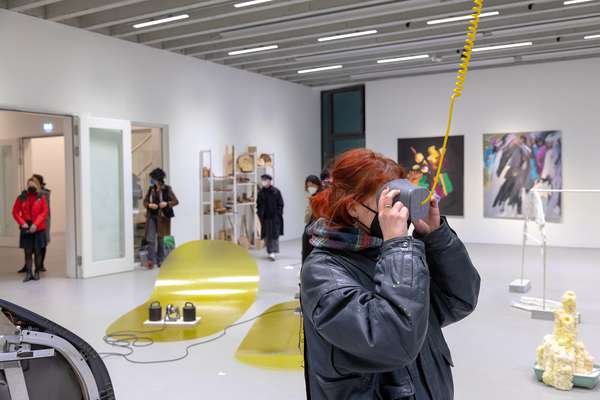
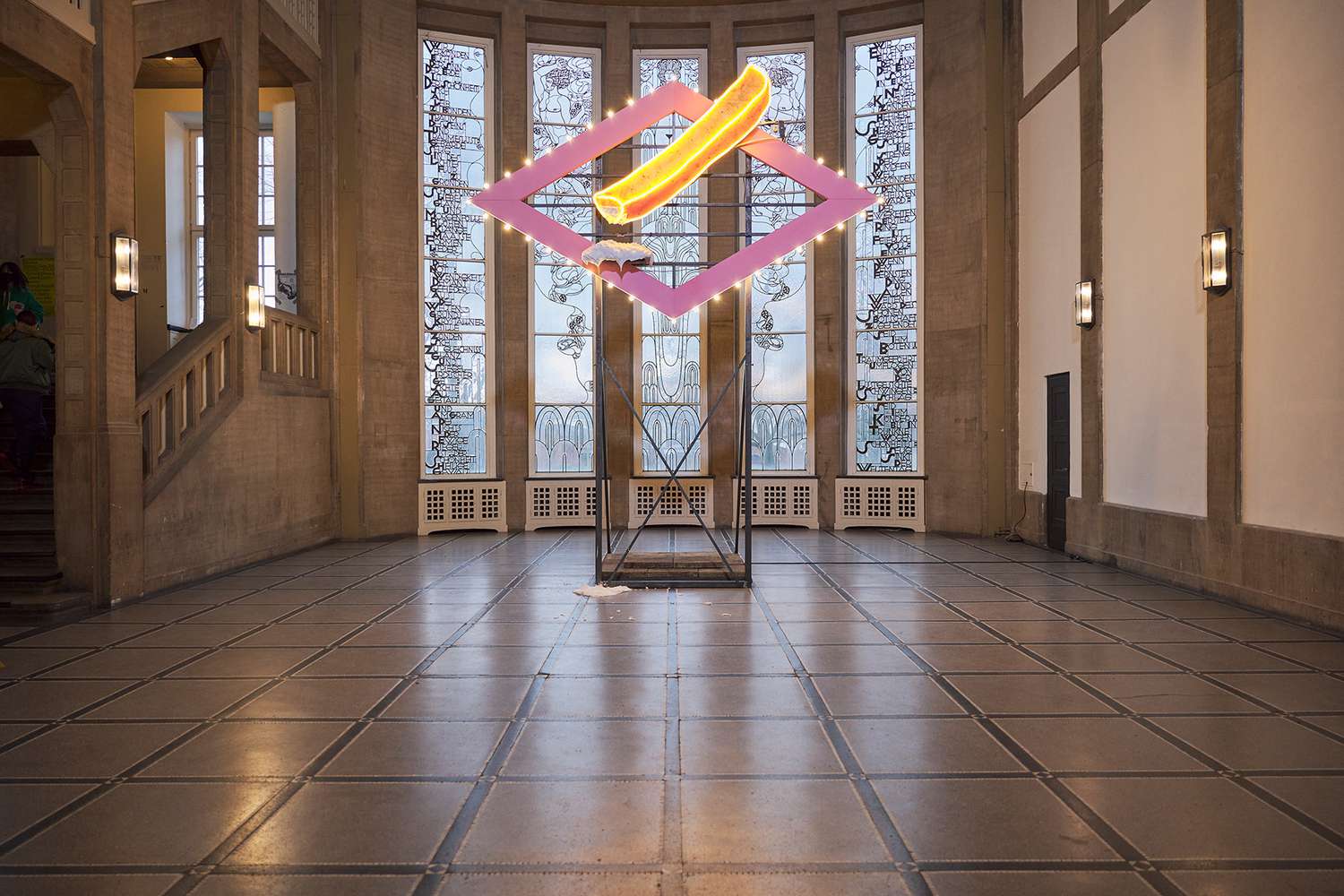
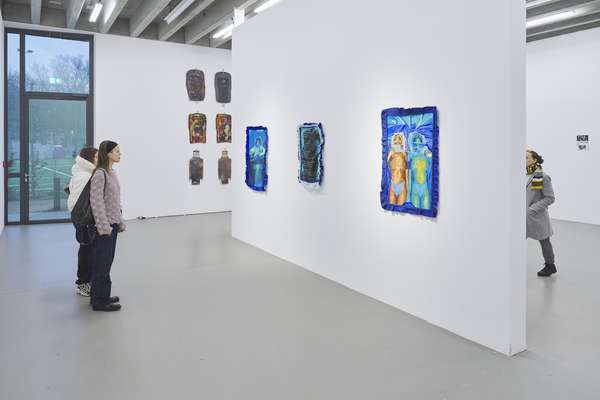
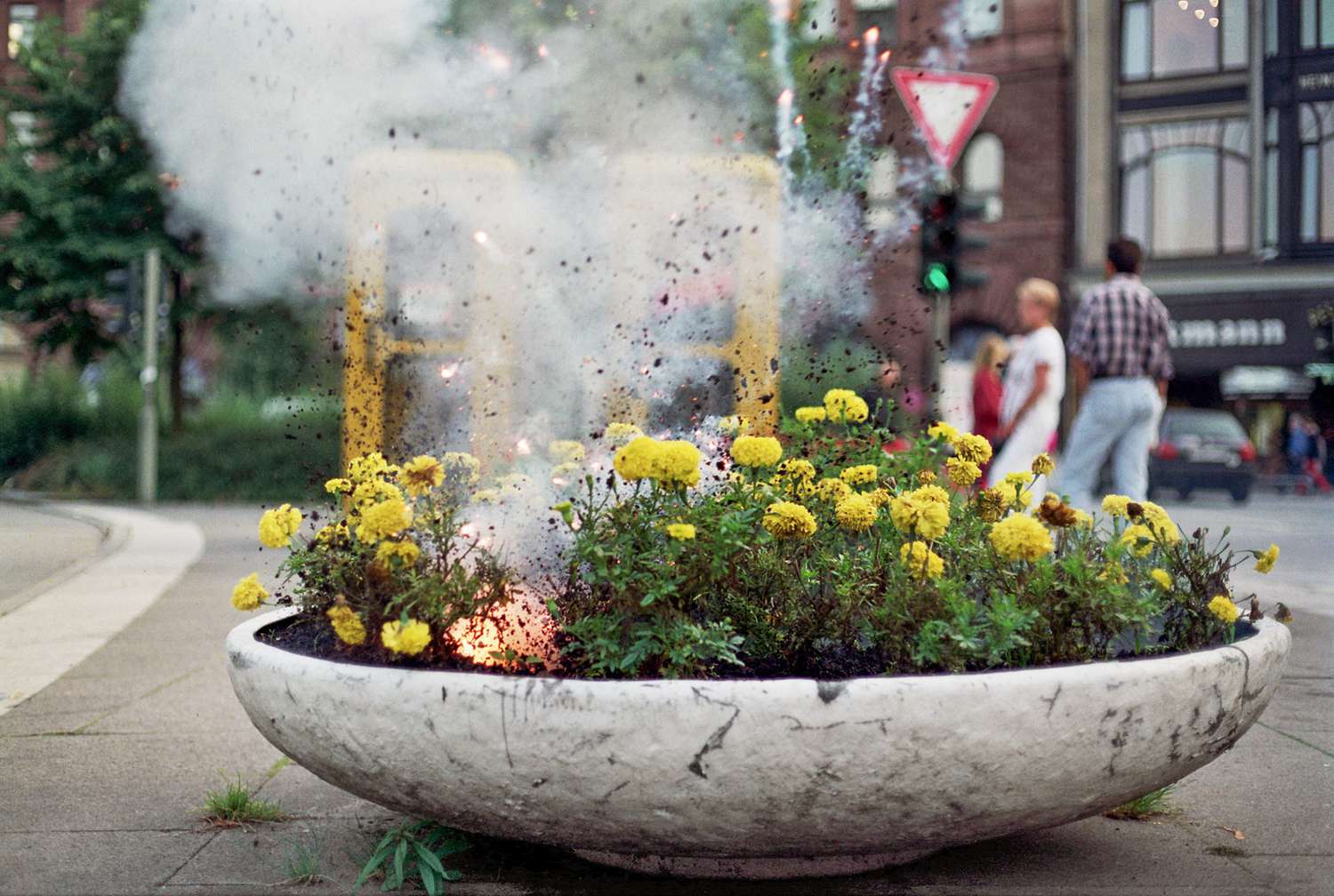
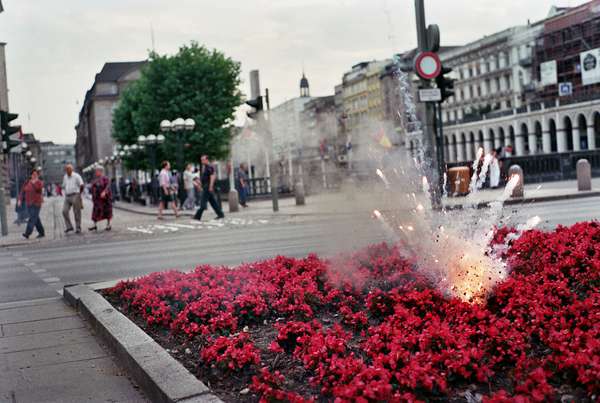
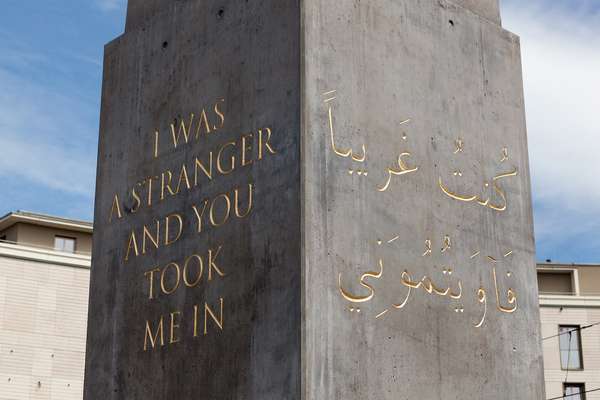
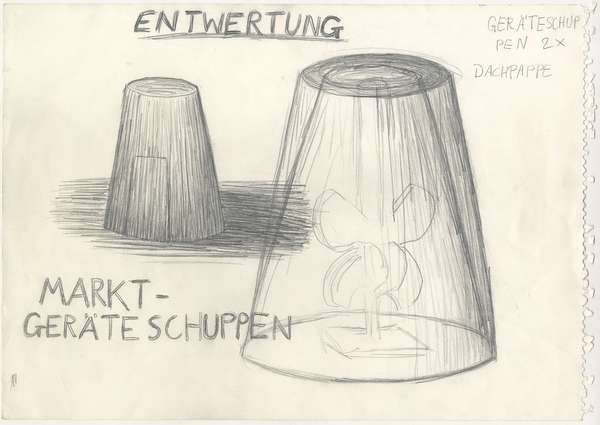
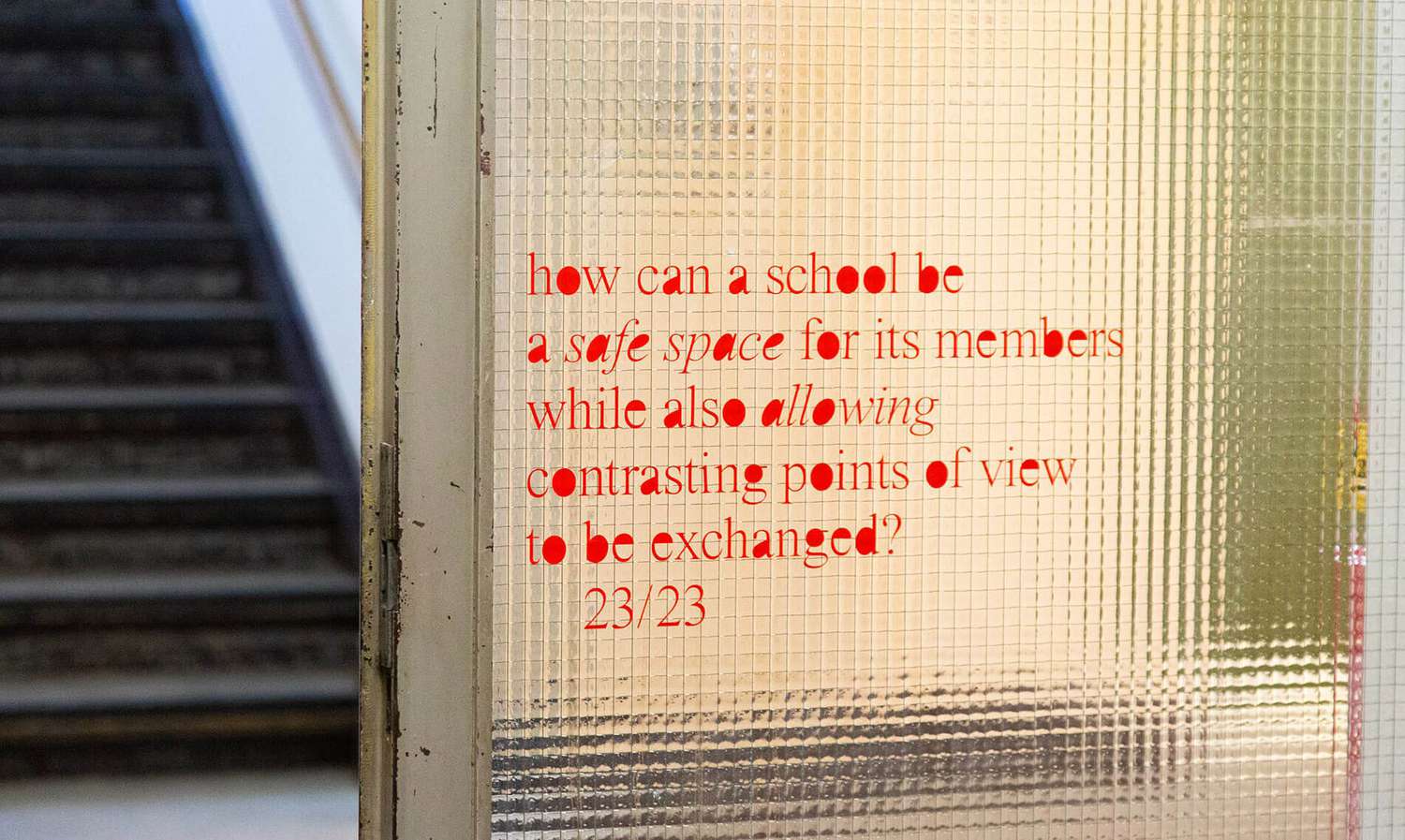
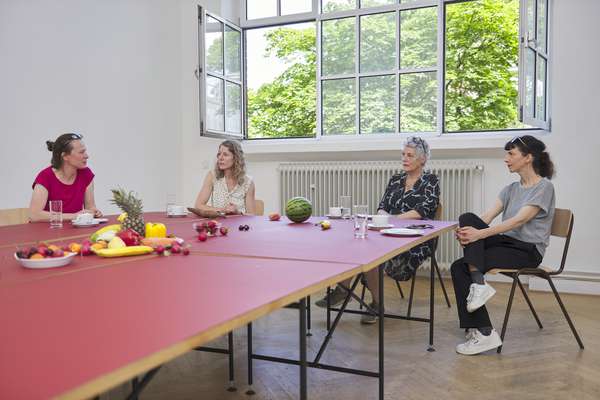
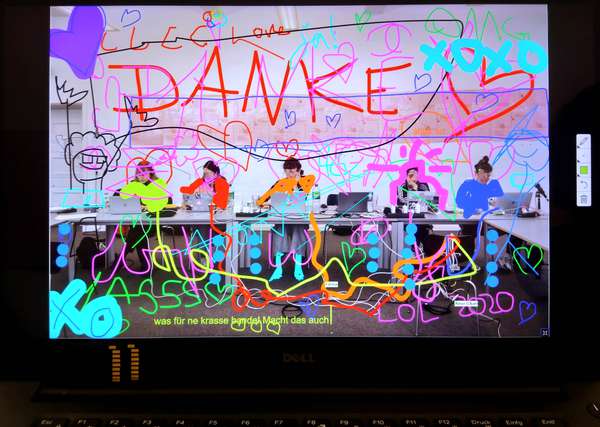
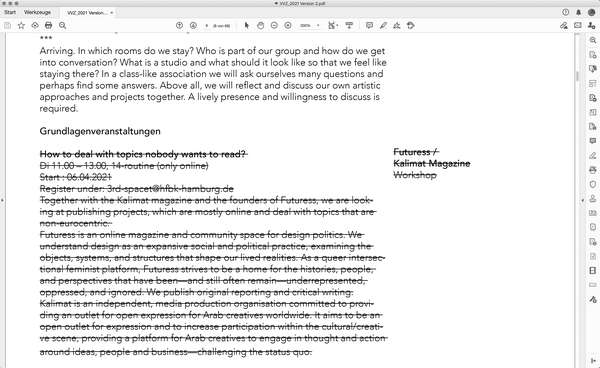
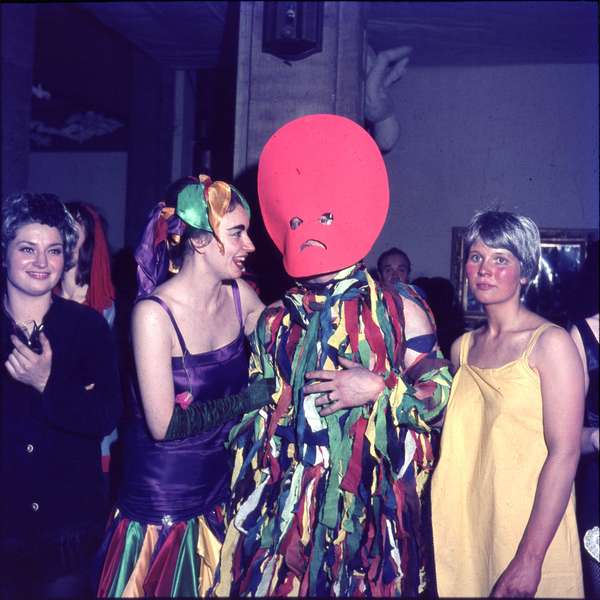
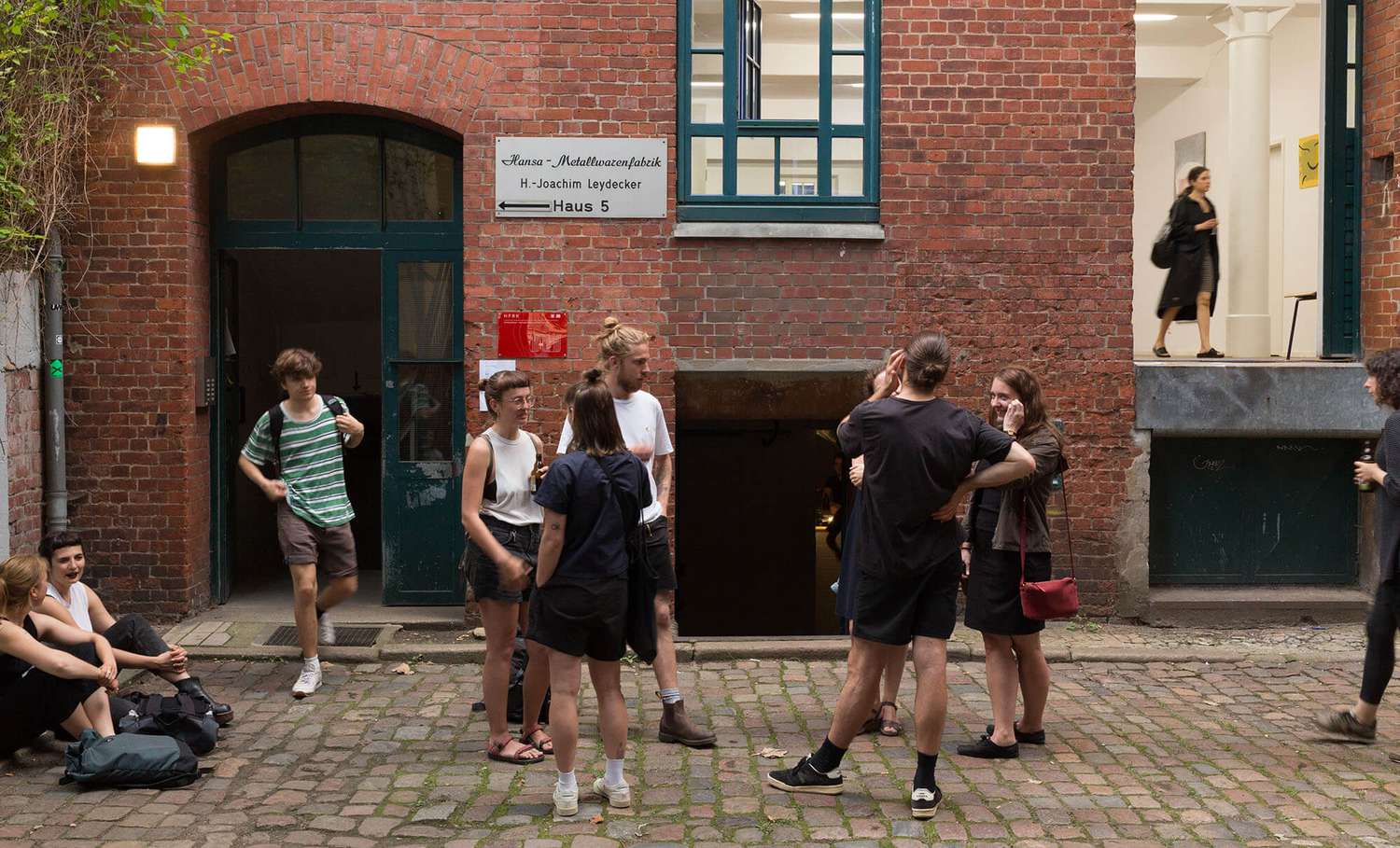
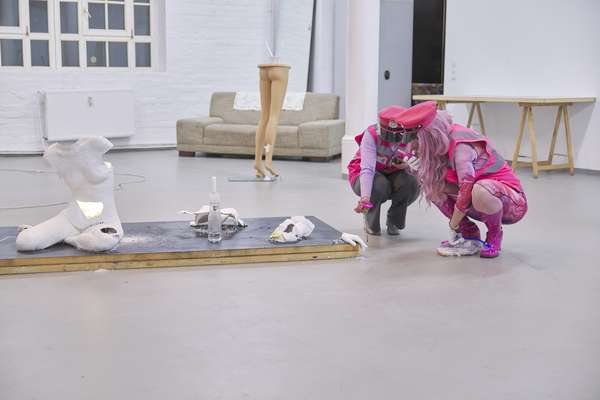
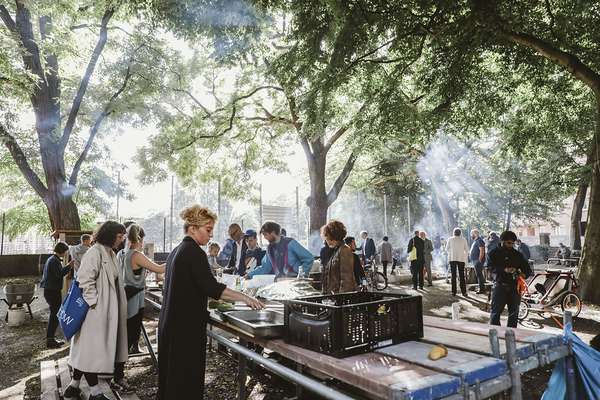
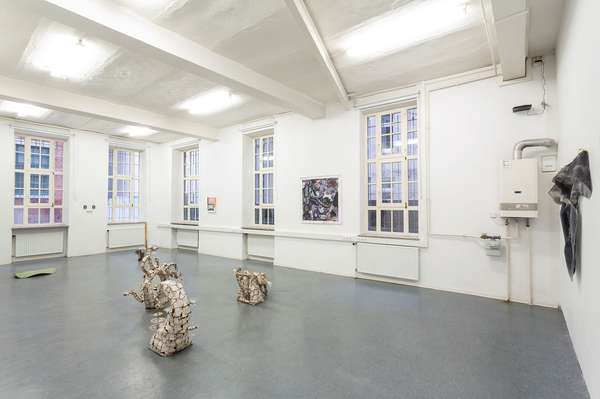
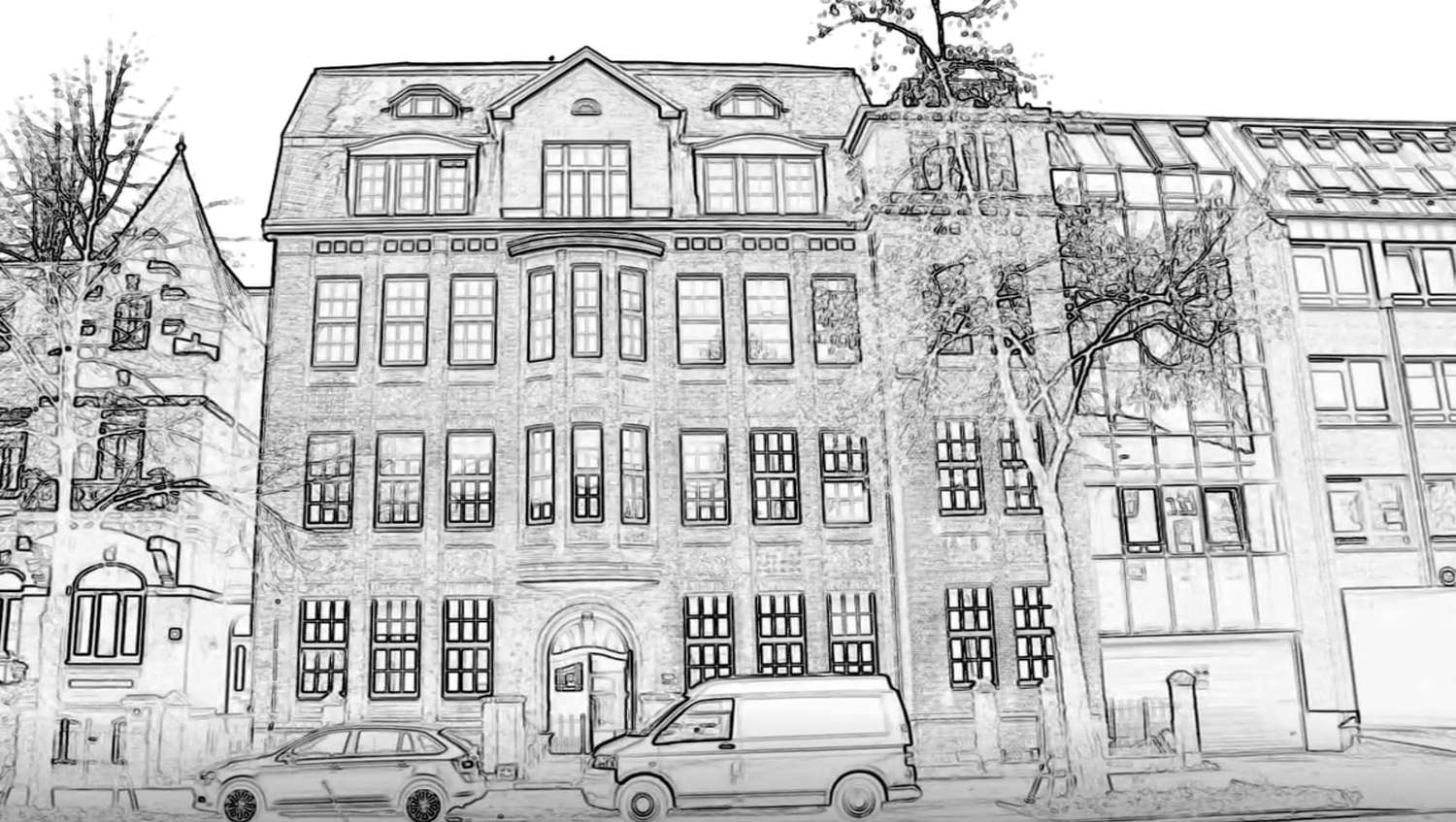
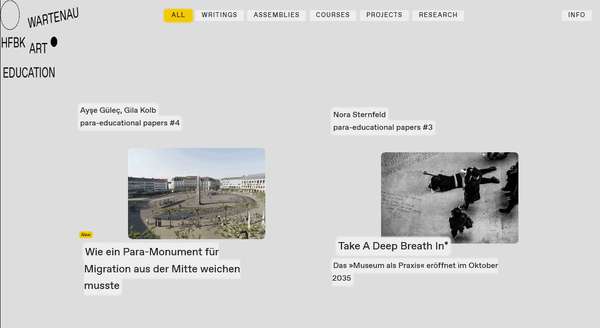
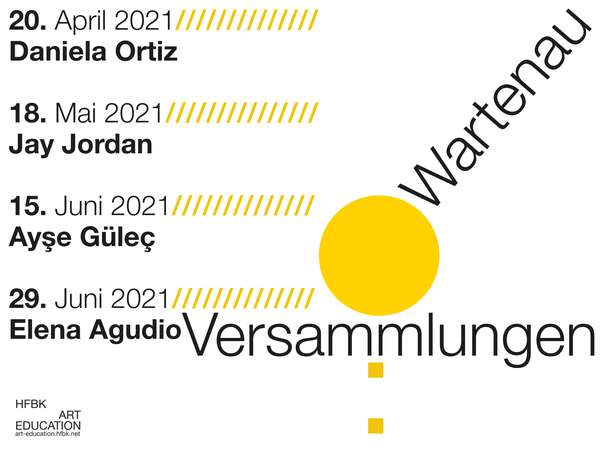
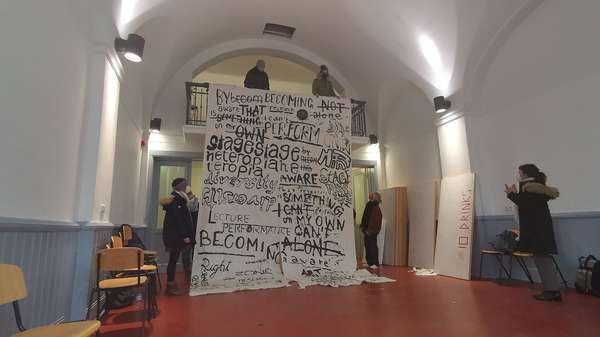
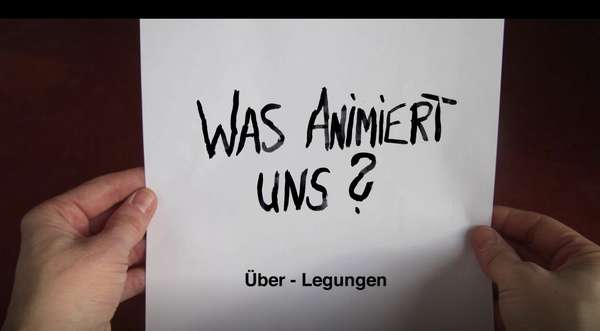
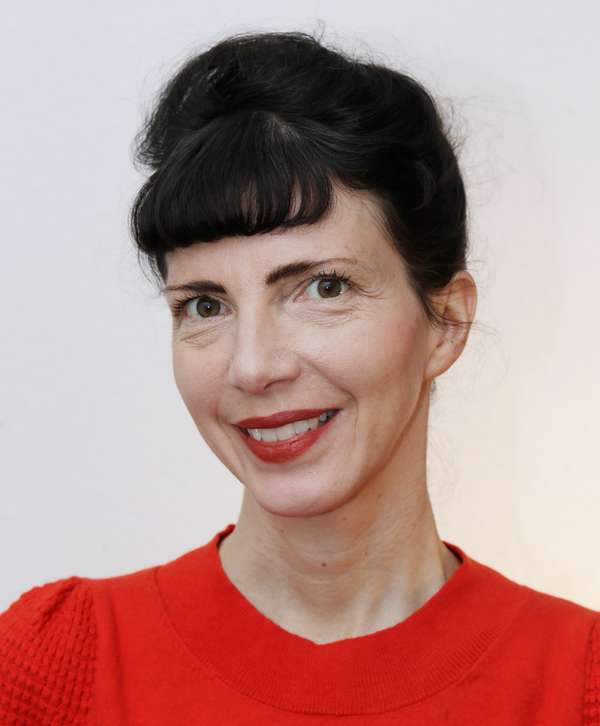
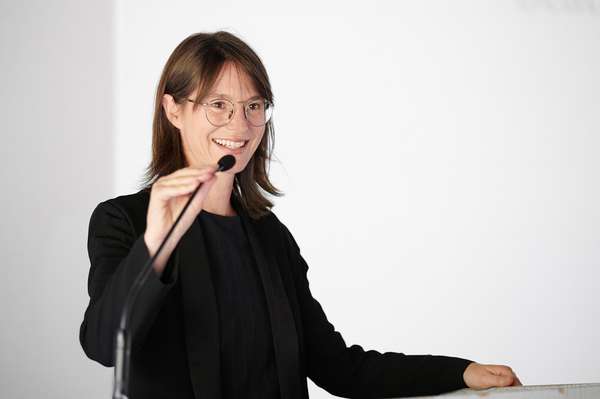
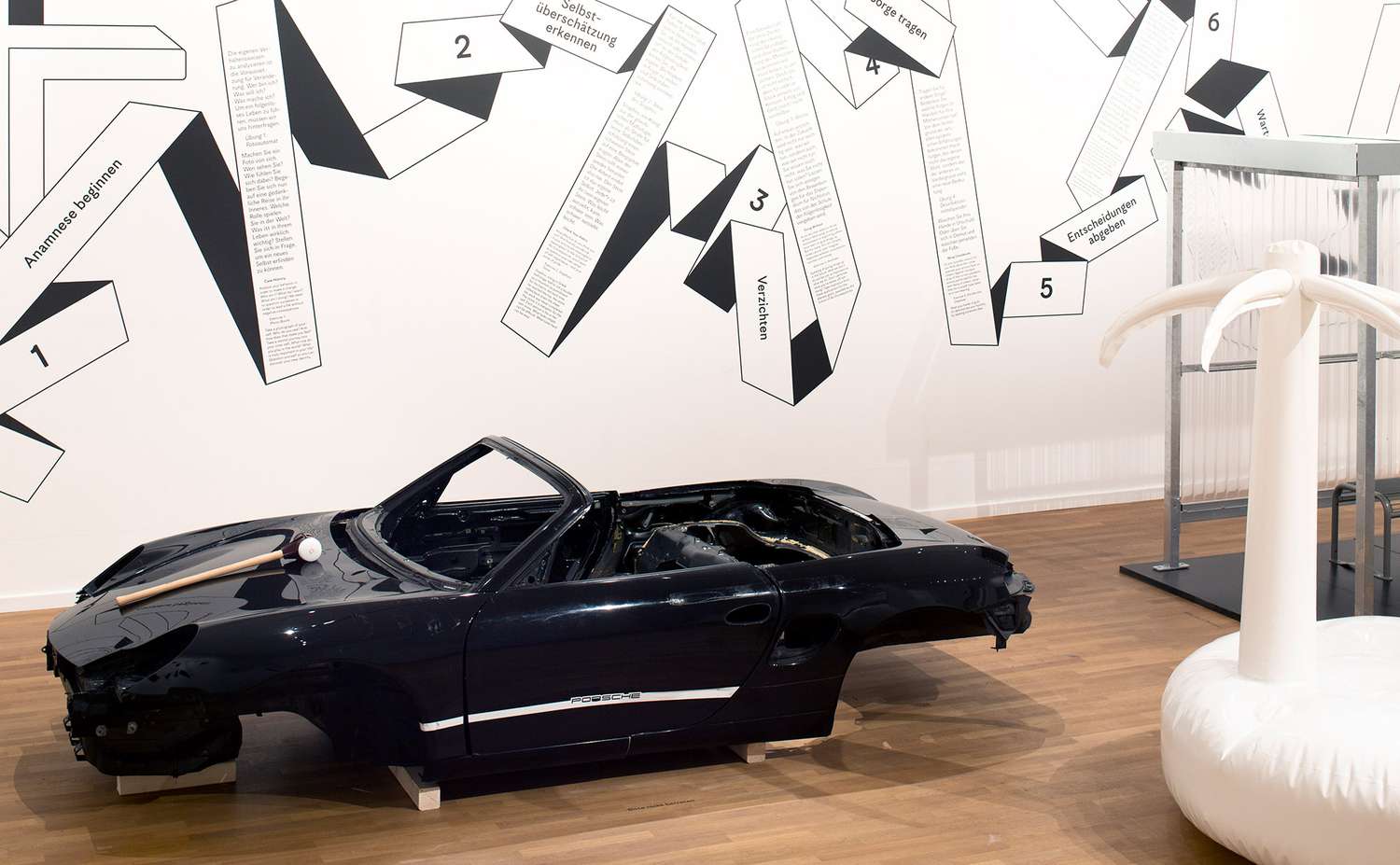
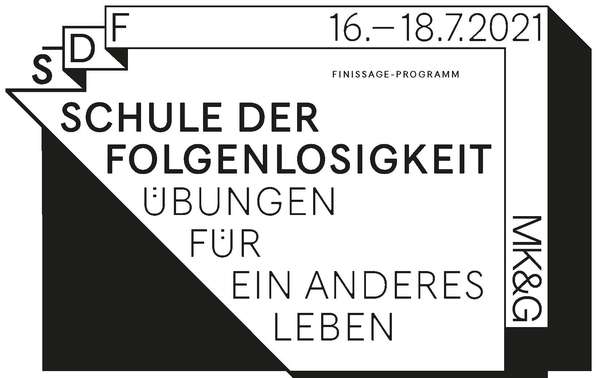
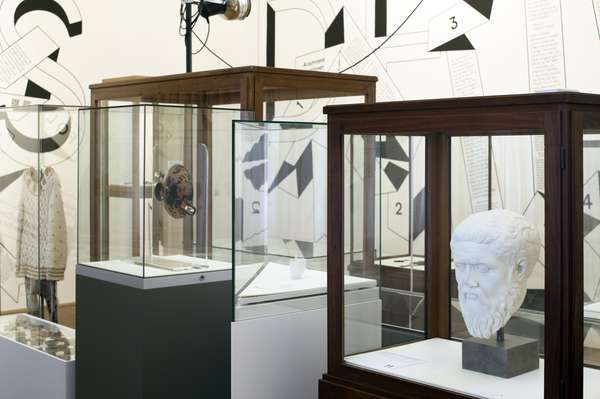
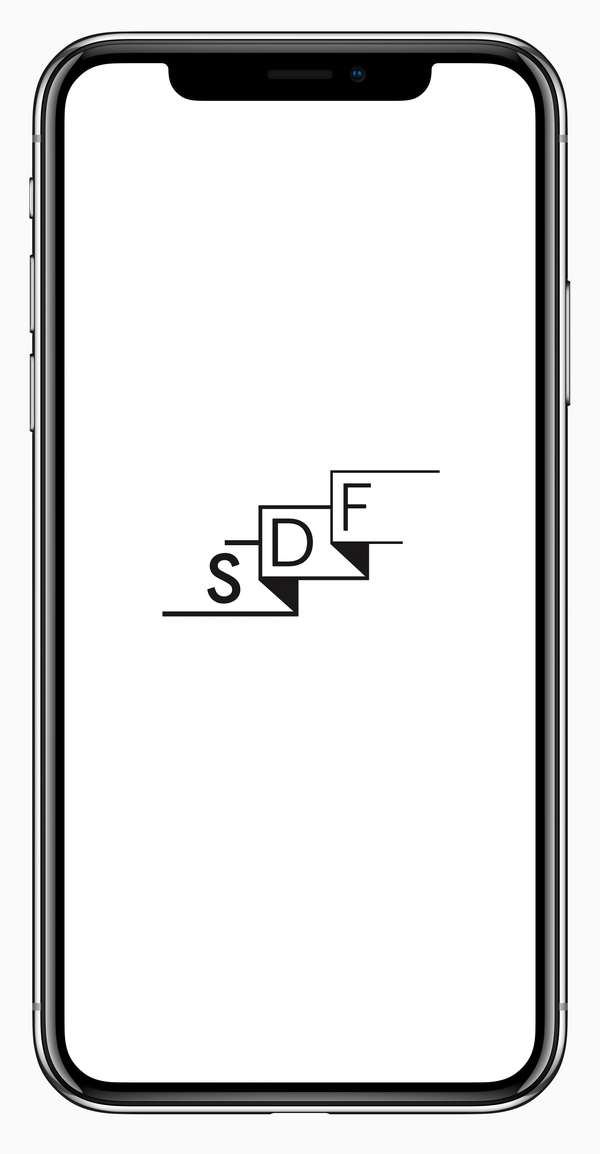
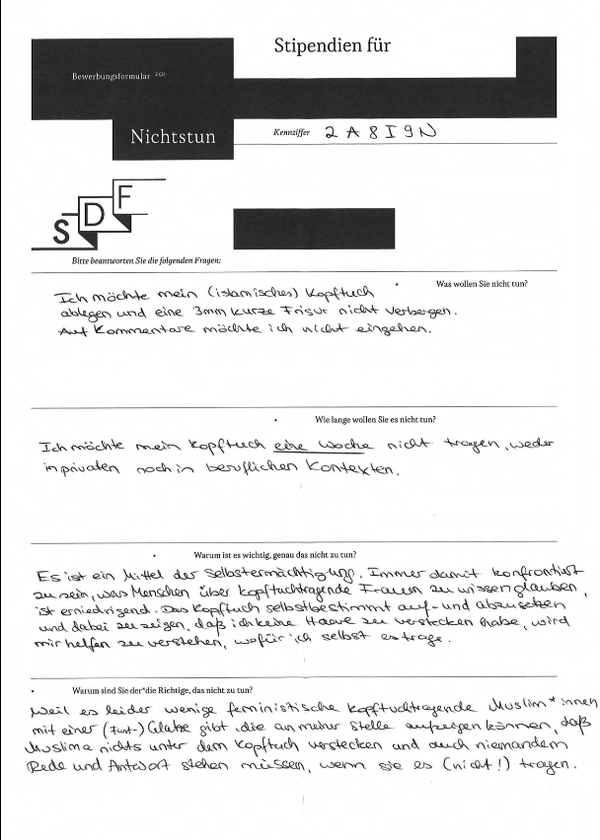
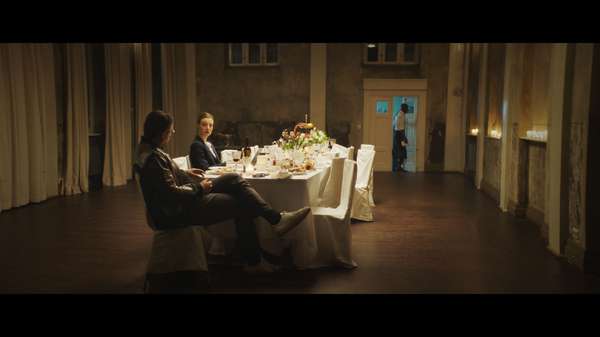
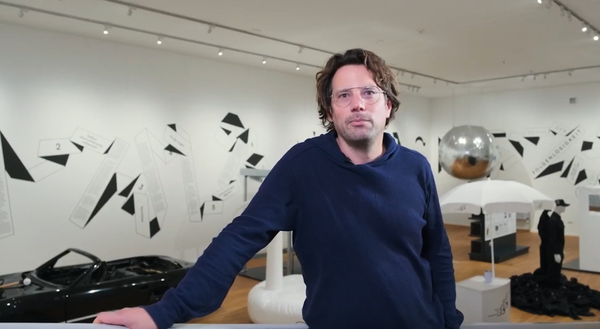
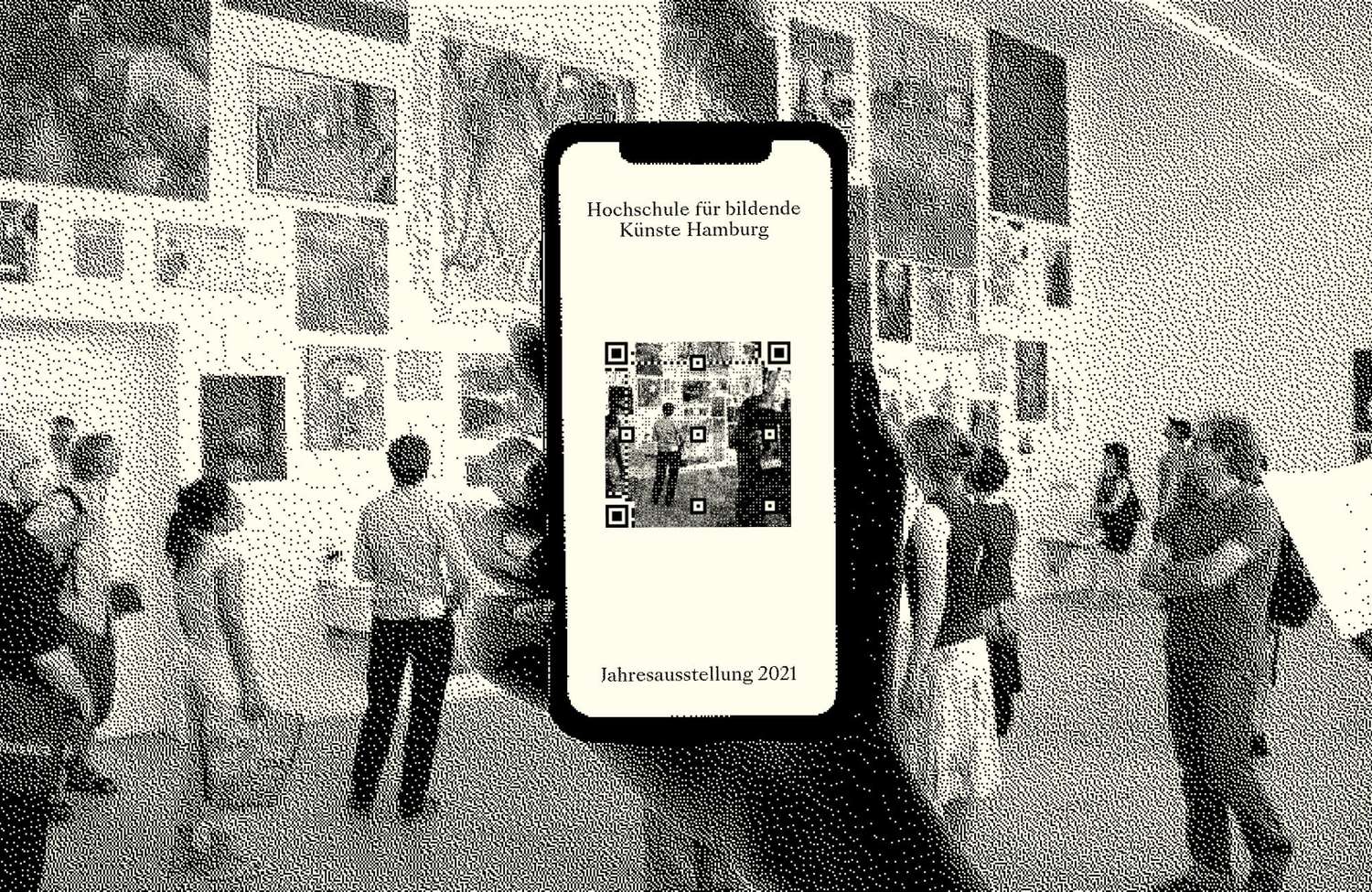
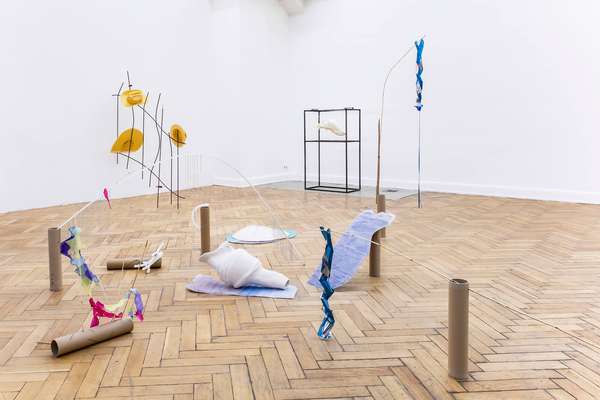
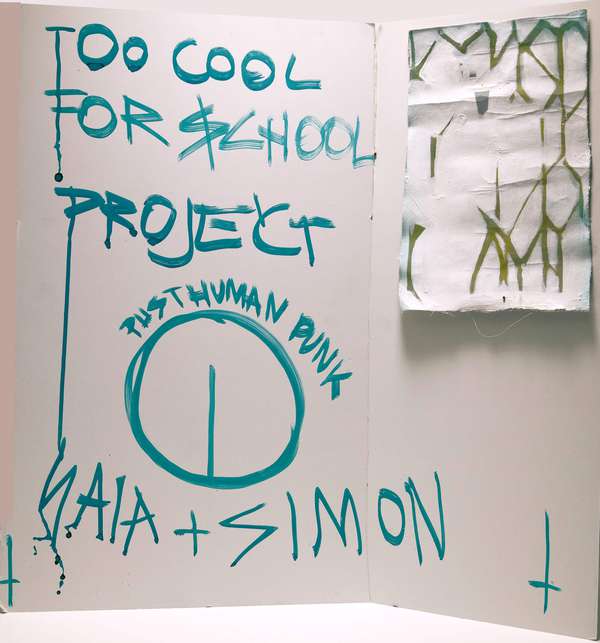
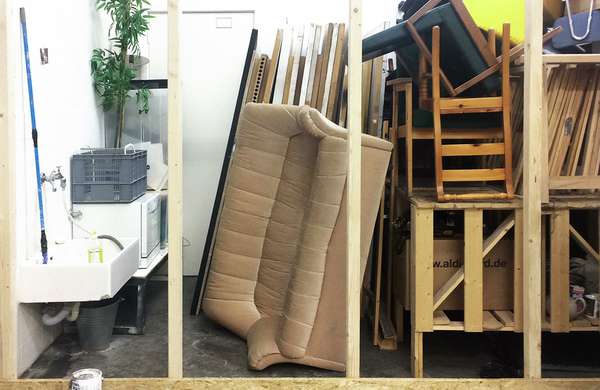
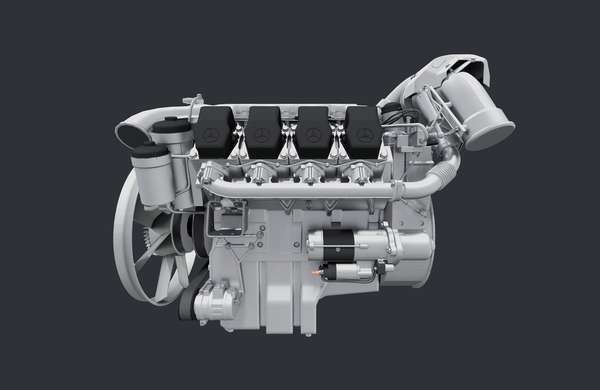
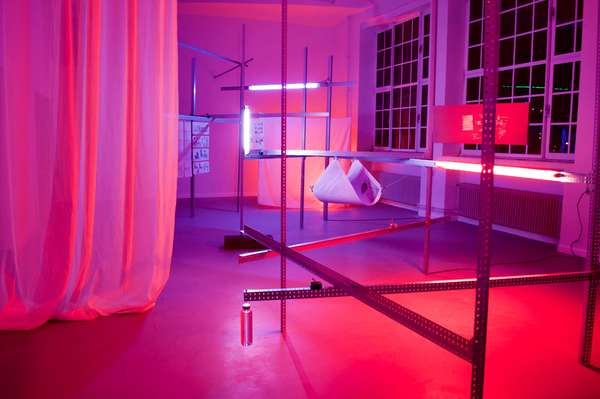
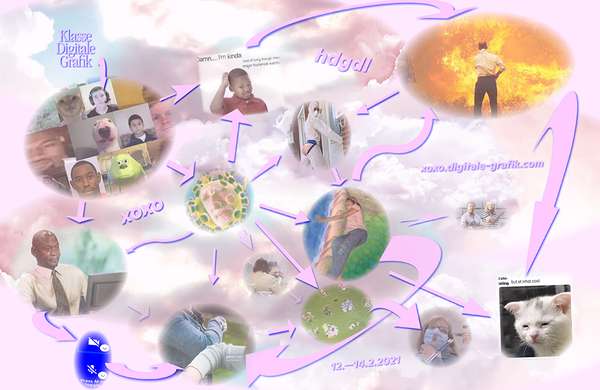
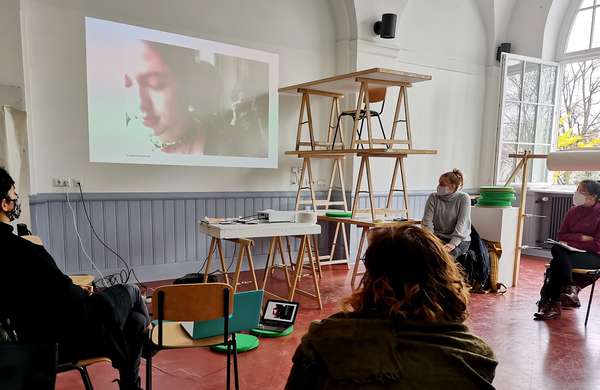
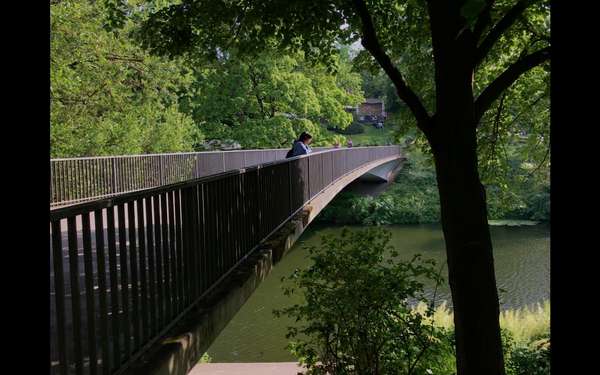
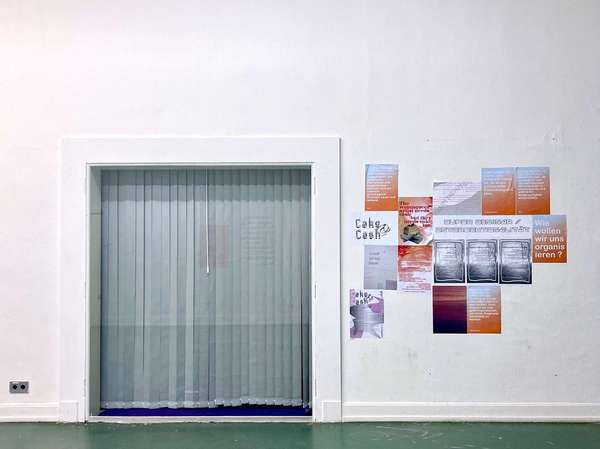
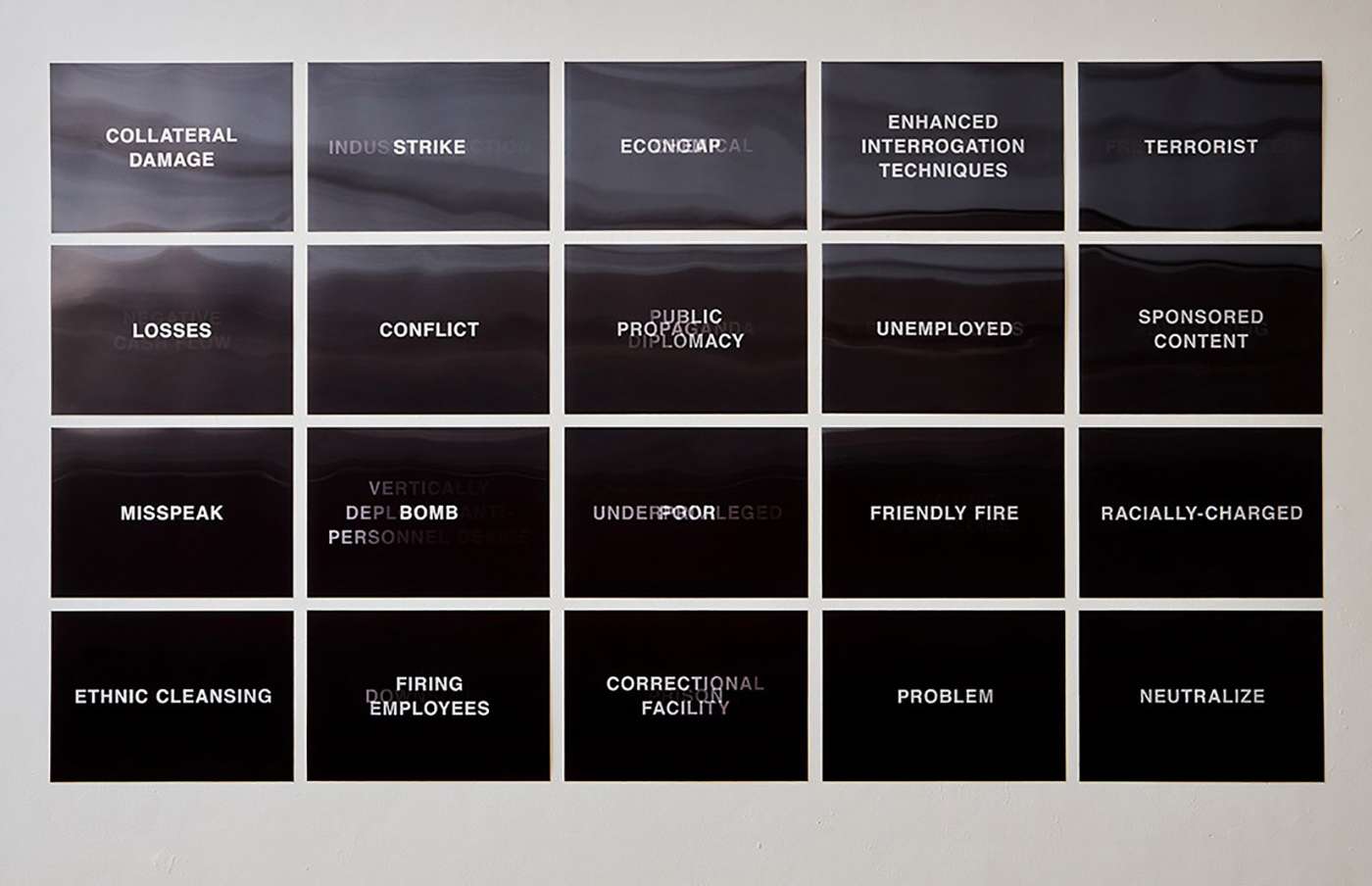
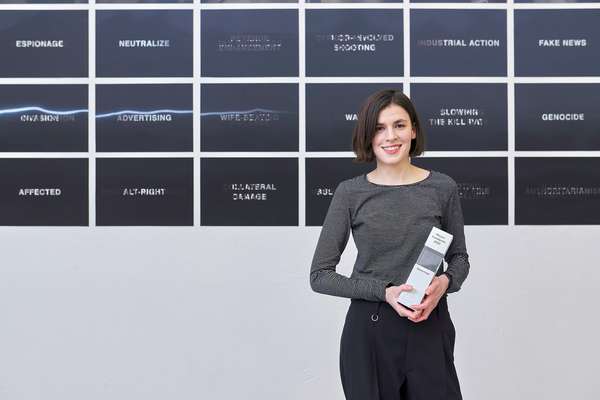
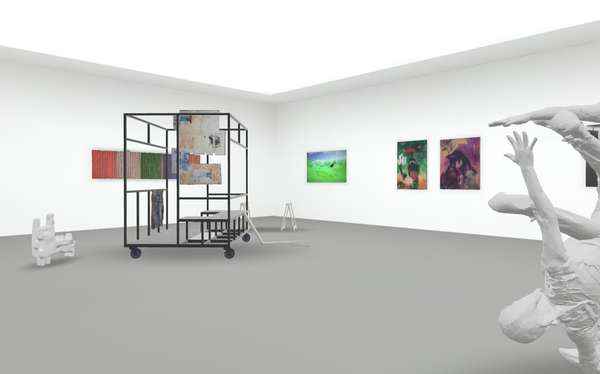
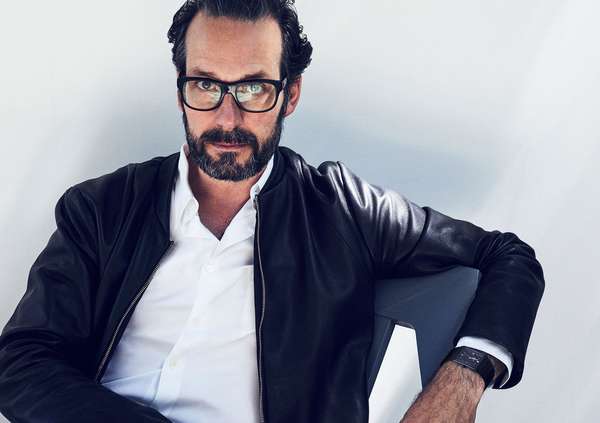
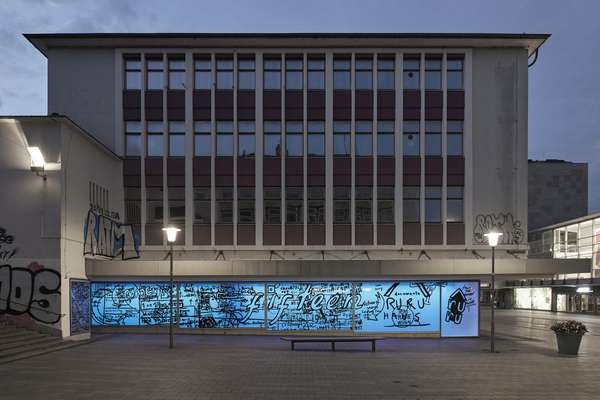
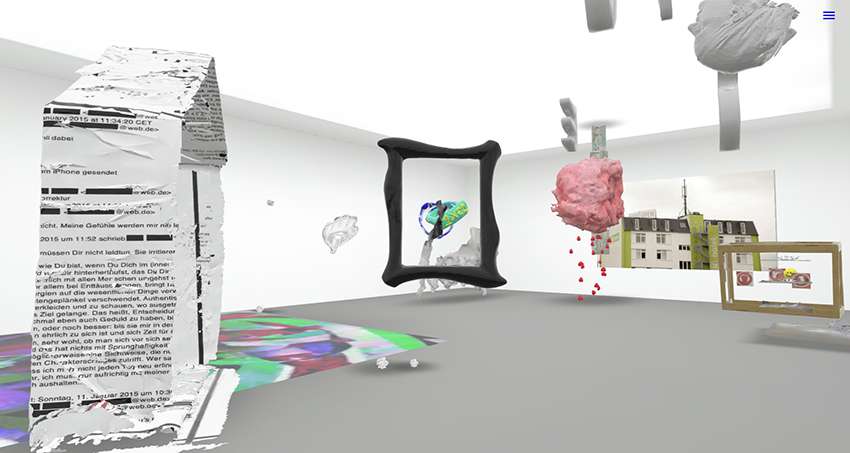
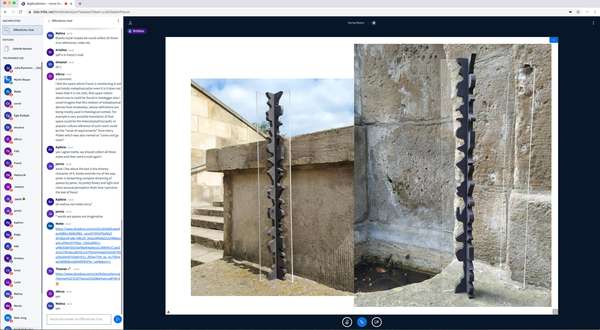
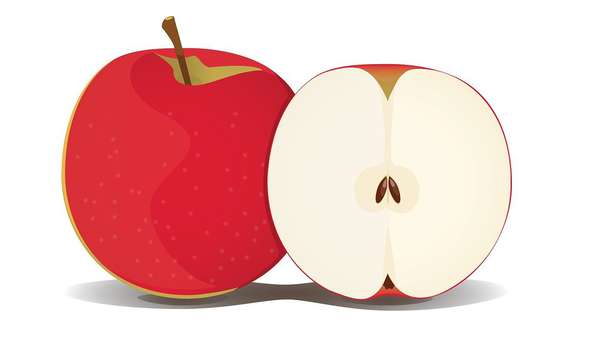
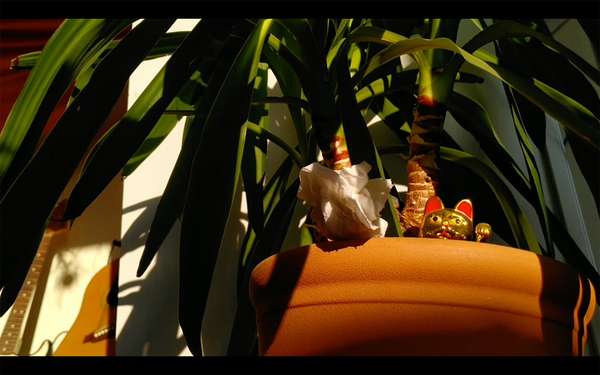
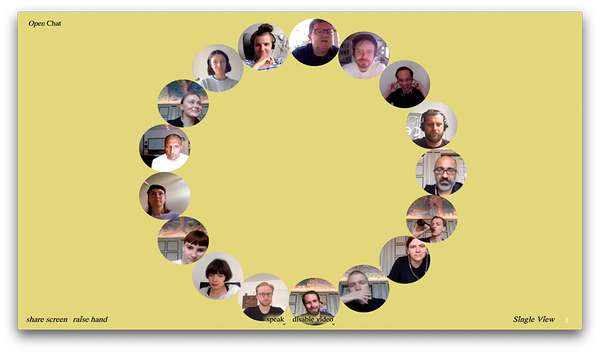
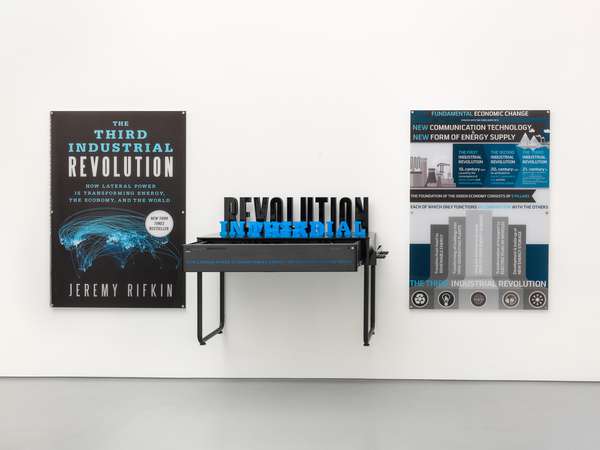
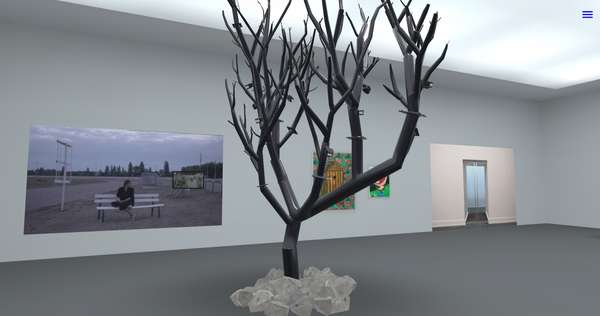
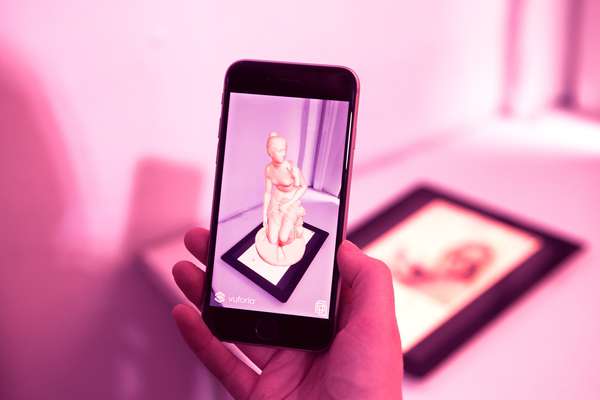
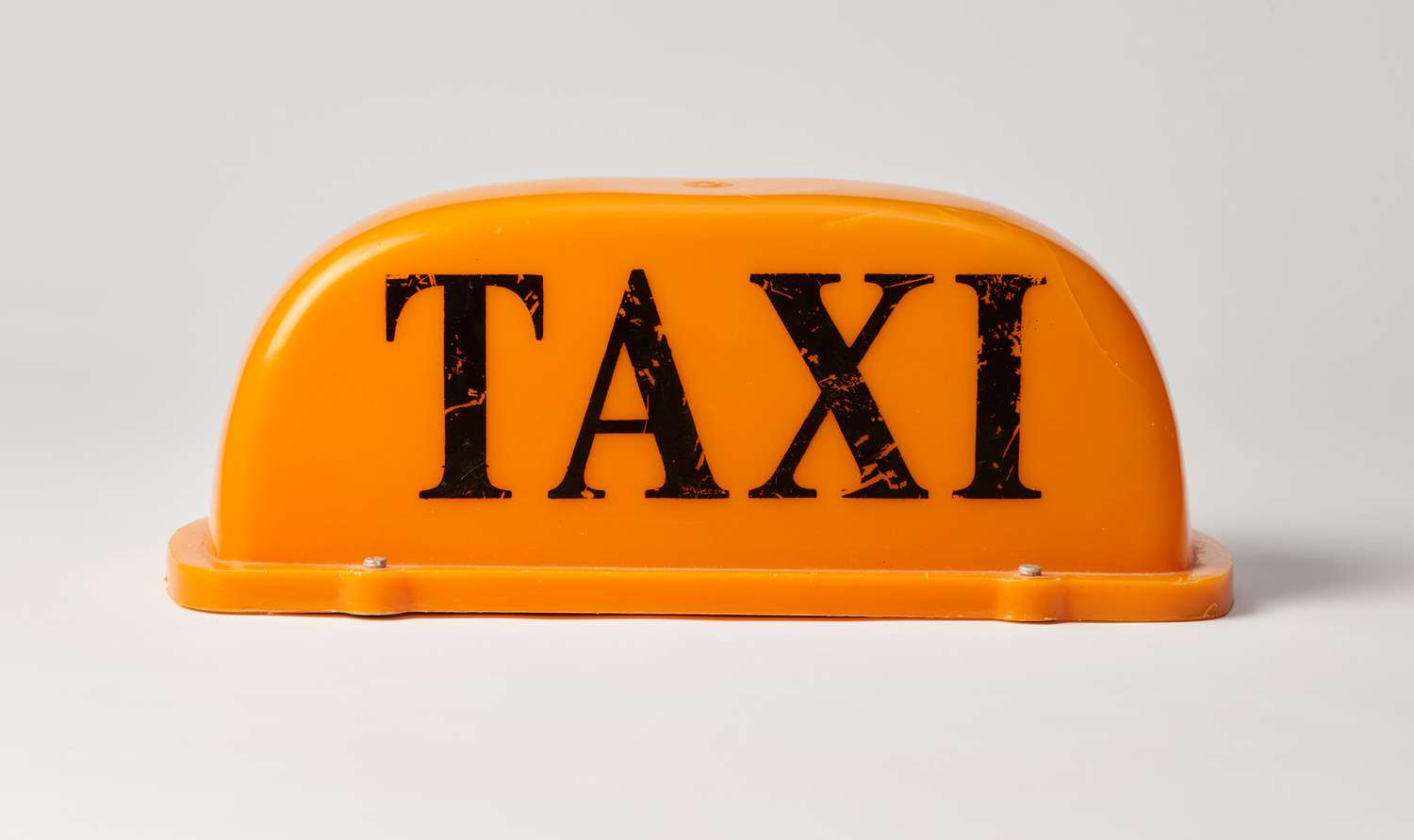
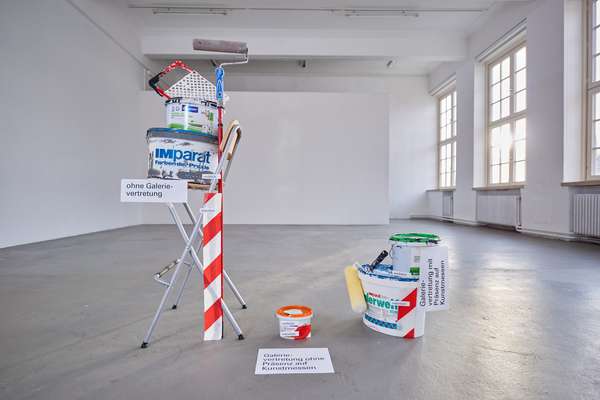
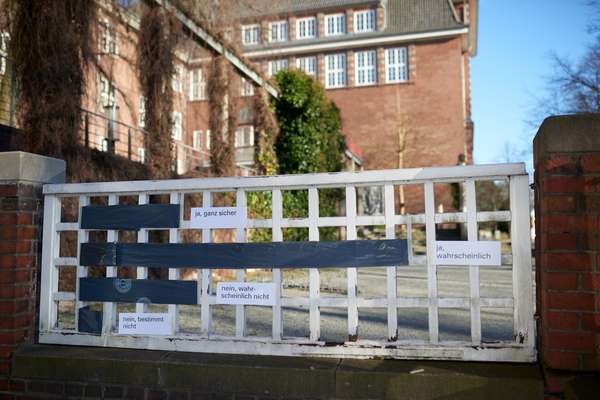
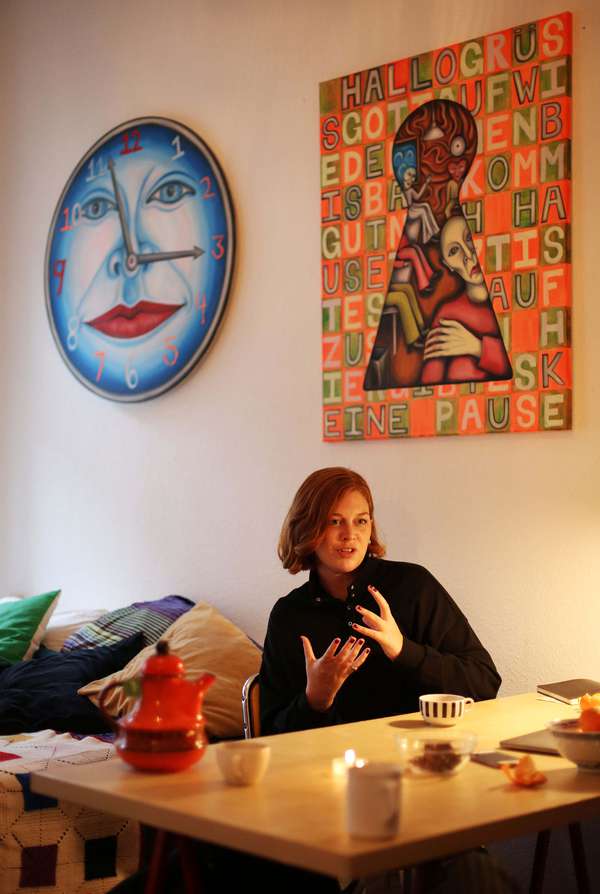
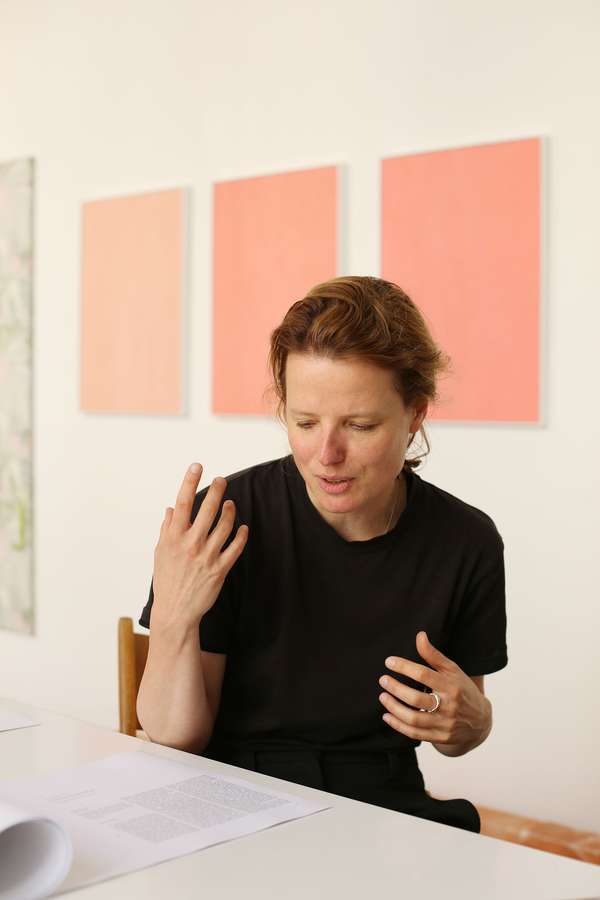
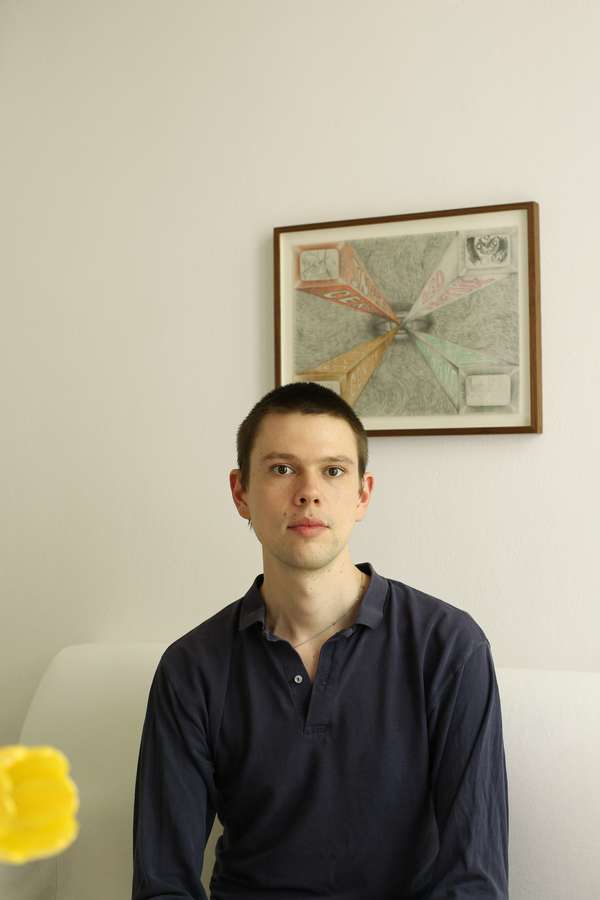
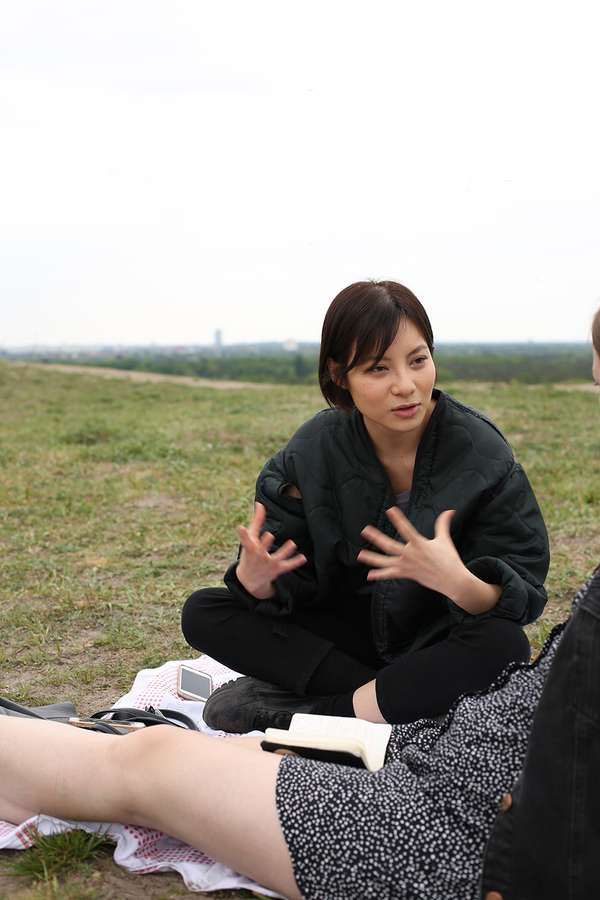
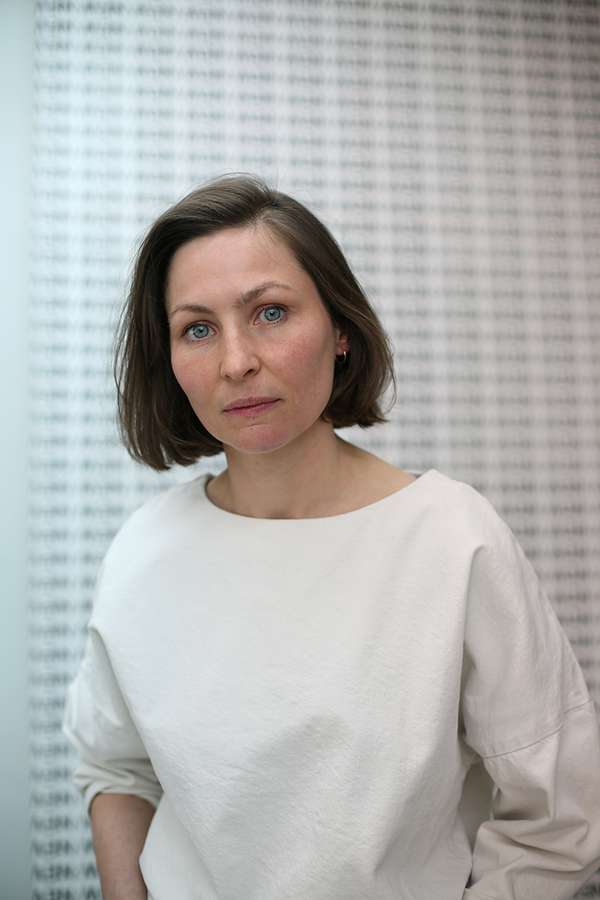
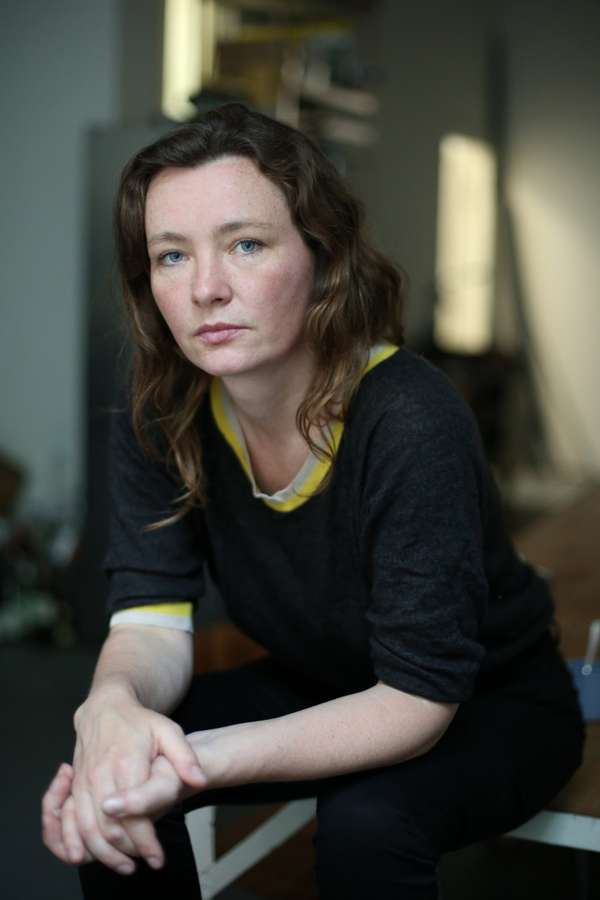
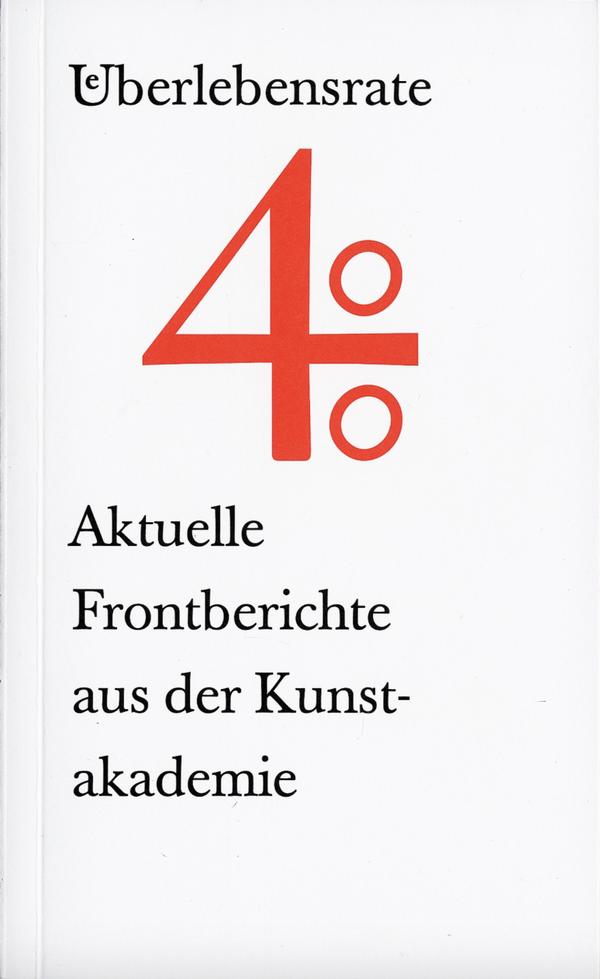
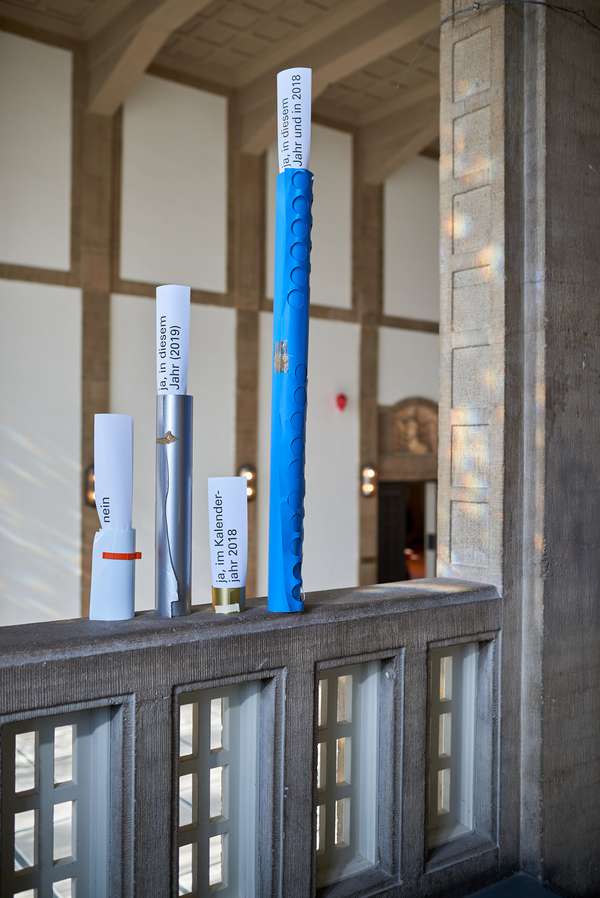
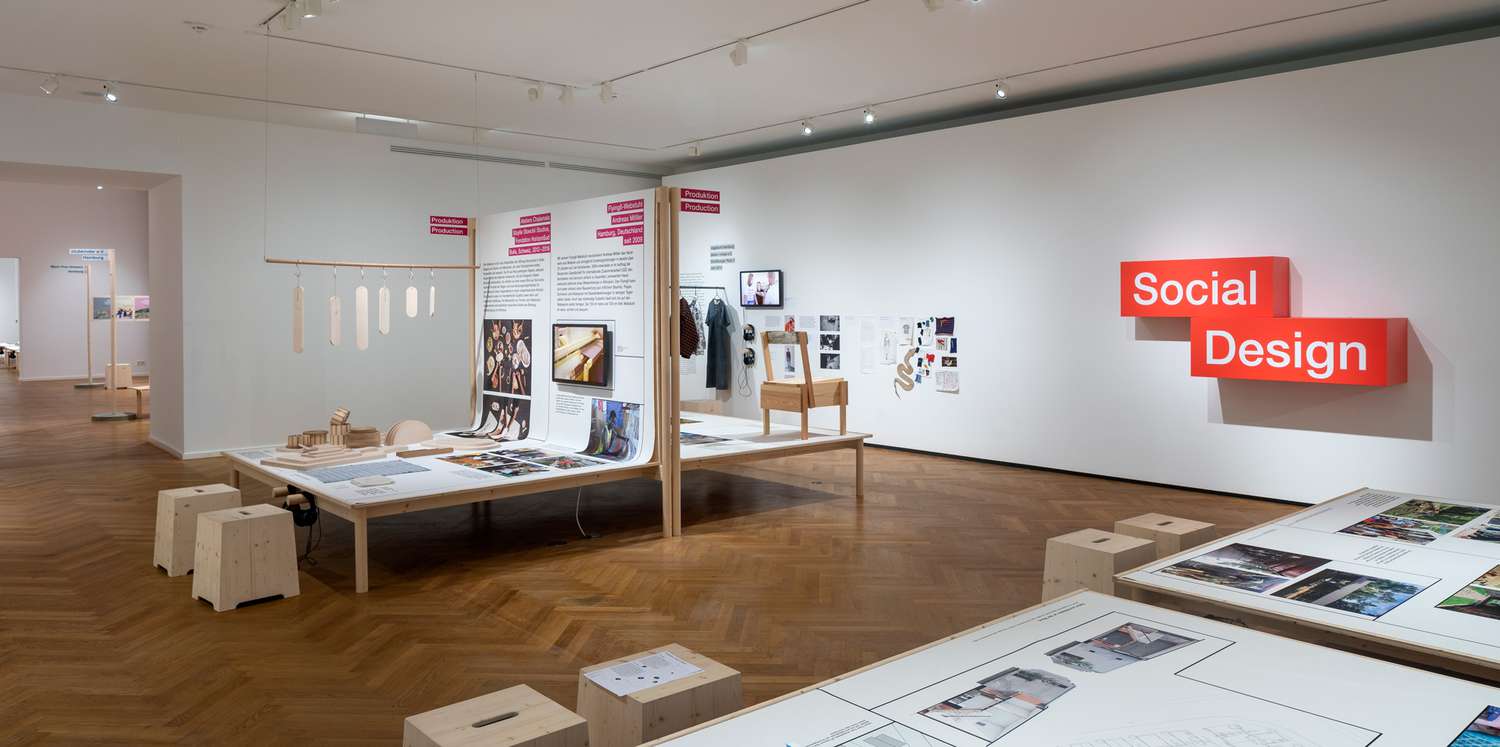
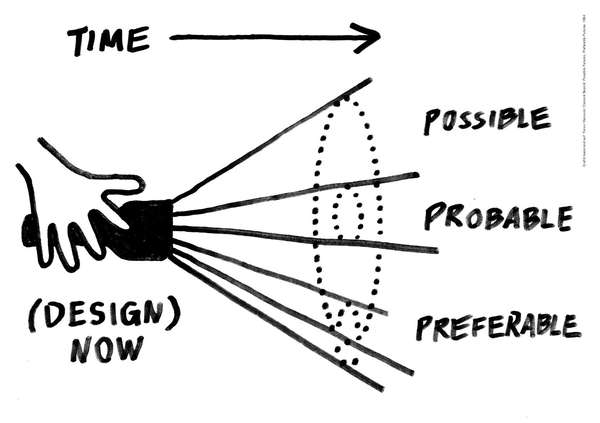
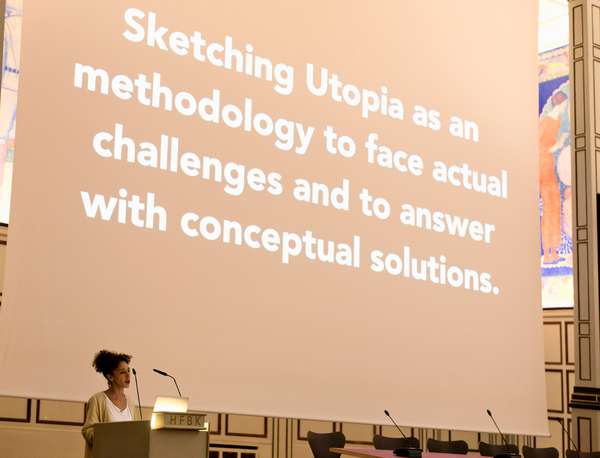
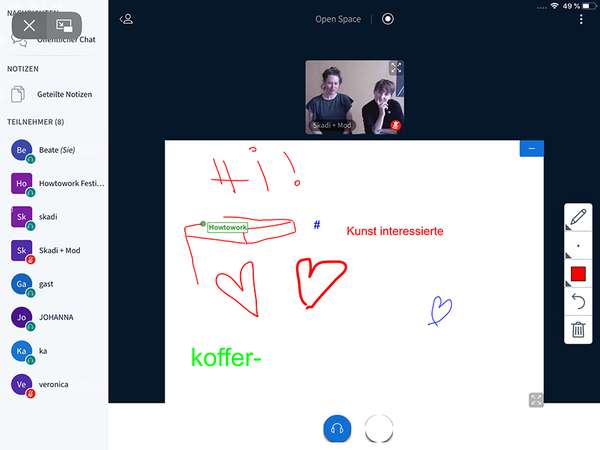
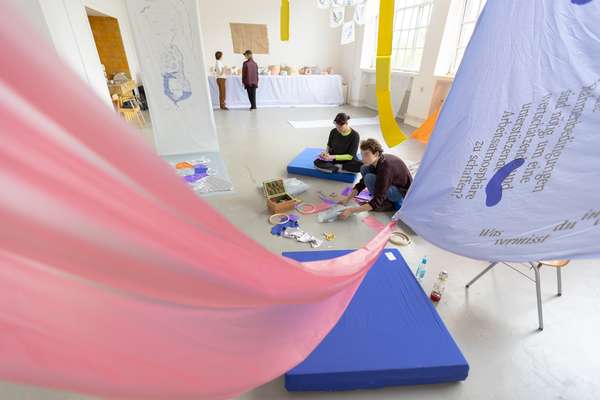
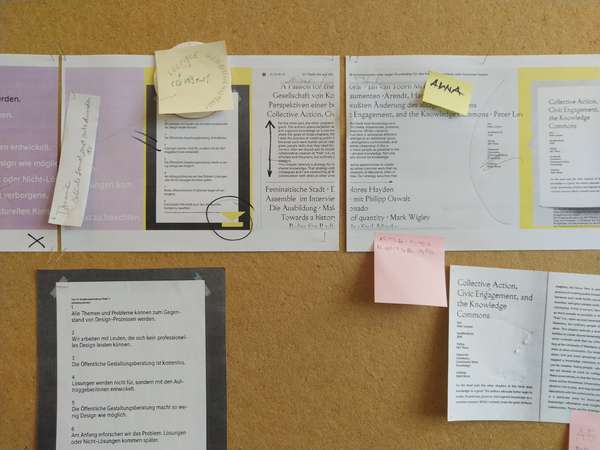
 Graduate Show 2025: Don't stop me now
Graduate Show 2025: Don't stop me now
 Long days, lots to do
Long days, lots to do
 Cine*Ami*es
Cine*Ami*es
 Redesign Democracy – competition for the ballot box of the democratic future
Redesign Democracy – competition for the ballot box of the democratic future
 Art in public space
Art in public space
 How to apply: study at HFBK Hamburg
How to apply: study at HFBK Hamburg
 Annual Exhibition 2025 at the HFBK Hamburg
Annual Exhibition 2025 at the HFBK Hamburg
 The Elephant in The Room – Sculpture today
The Elephant in The Room – Sculpture today
 Hiscox Art Prize 2024
Hiscox Art Prize 2024
 The New Woman
The New Woman
 Doing a PhD at the HFBK Hamburg
Doing a PhD at the HFBK Hamburg
 Graduate Show 2024 - Letting Go
Graduate Show 2024 - Letting Go
 Finkenwerder Art Prize 2024
Finkenwerder Art Prize 2024
 Archives of the Body - The Body in Archiving
Archives of the Body - The Body in Archiving
 New partnership with the School of Arts at the University of Haifa
New partnership with the School of Arts at the University of Haifa
 Annual Exhibition 2024 at the HFBK Hamburg
Annual Exhibition 2024 at the HFBK Hamburg
 (Ex)Changes of / in Art
(Ex)Changes of / in Art
 Extended Libraries
Extended Libraries
 And Still I Rise
And Still I Rise
 Let's talk about language
Let's talk about language
 Graduate Show 2023: Unfinished Business
Graduate Show 2023: Unfinished Business
 Let`s work together
Let`s work together
 Annual Exhibition 2023 at HFBK Hamburg
Annual Exhibition 2023 at HFBK Hamburg
 Symposium: Controversy over documenta fifteen
Symposium: Controversy over documenta fifteen
 Festival and Symposium: Non-Knowledge, Laughter and the Moving Image
Festival and Symposium: Non-Knowledge, Laughter and the Moving Image
 Solo exhibition by Konstantin Grcic
Solo exhibition by Konstantin Grcic
 Art and war
Art and war
 Graduate Show 2022: We’ve Only Just Begun
Graduate Show 2022: We’ve Only Just Begun
 June is full of art and theory
June is full of art and theory
 Finkenwerder Art Prize 2022
Finkenwerder Art Prize 2022
 Nachhaltigkeit im Kontext von Kunst und Kunsthochschule
Nachhaltigkeit im Kontext von Kunst und Kunsthochschule
 Raum für die Kunst
Raum für die Kunst
 Annual Exhibition 2022 at the HFBK
Annual Exhibition 2022 at the HFBK
 Conference: Counter-Monuments and Para-Monuments.
Conference: Counter-Monuments and Para-Monuments.
 Diversity
Diversity
 Live und in Farbe: die ASA Open Studios im Juni 2021
Live und in Farbe: die ASA Open Studios im Juni 2021
 Unlearning: Wartenau Assemblies
Unlearning: Wartenau Assemblies
 School of No Consequences
School of No Consequences
 Annual Exhibition 2021 at the HFBK
Annual Exhibition 2021 at the HFBK
 Semestereröffnung und Hiscox-Preisverleihung 2020
Semestereröffnung und Hiscox-Preisverleihung 2020
 Teaching Art Online at the HFBK
Teaching Art Online at the HFBK
 HFBK Graduate Survey
HFBK Graduate Survey
 How political is Social Design?
How political is Social Design?